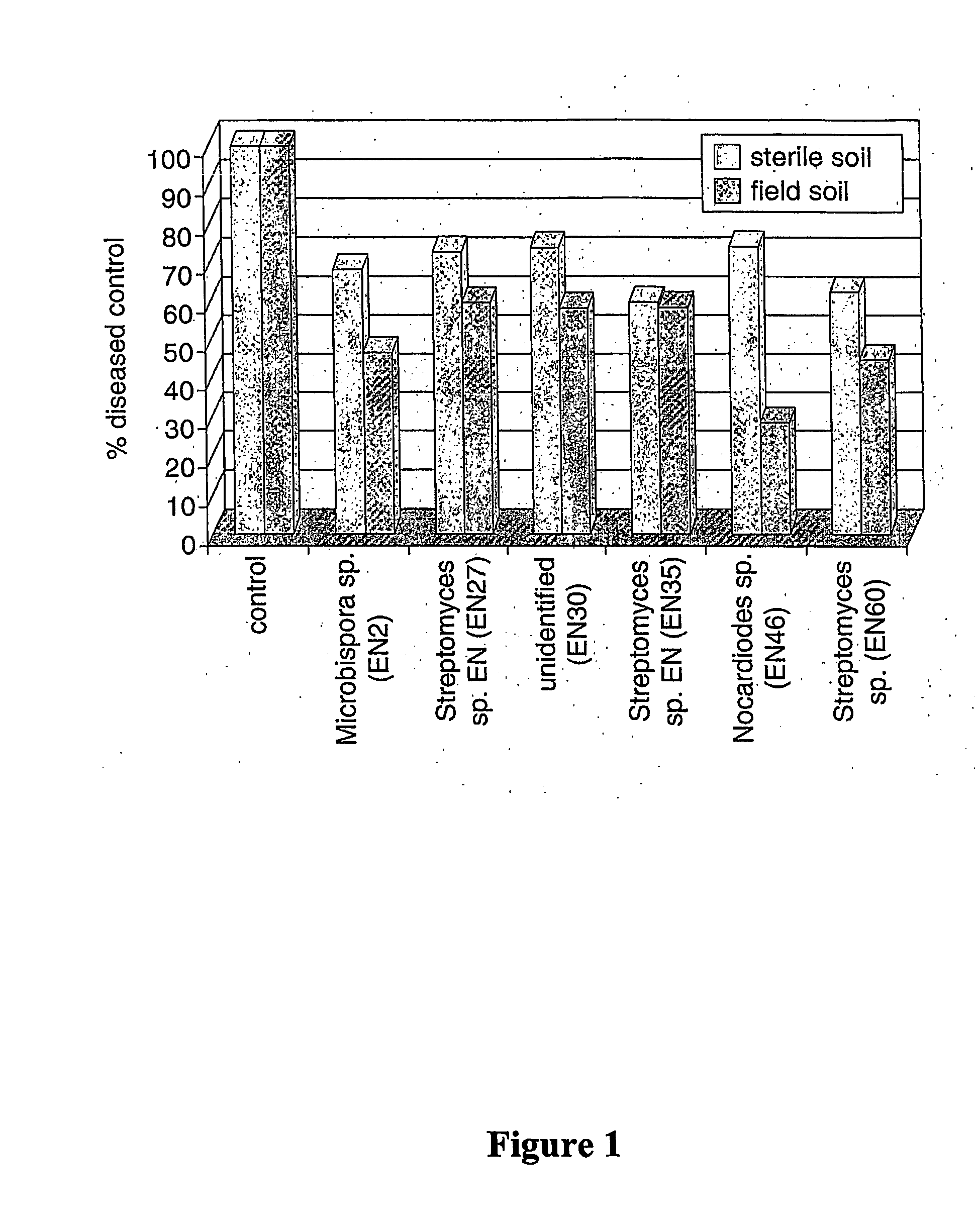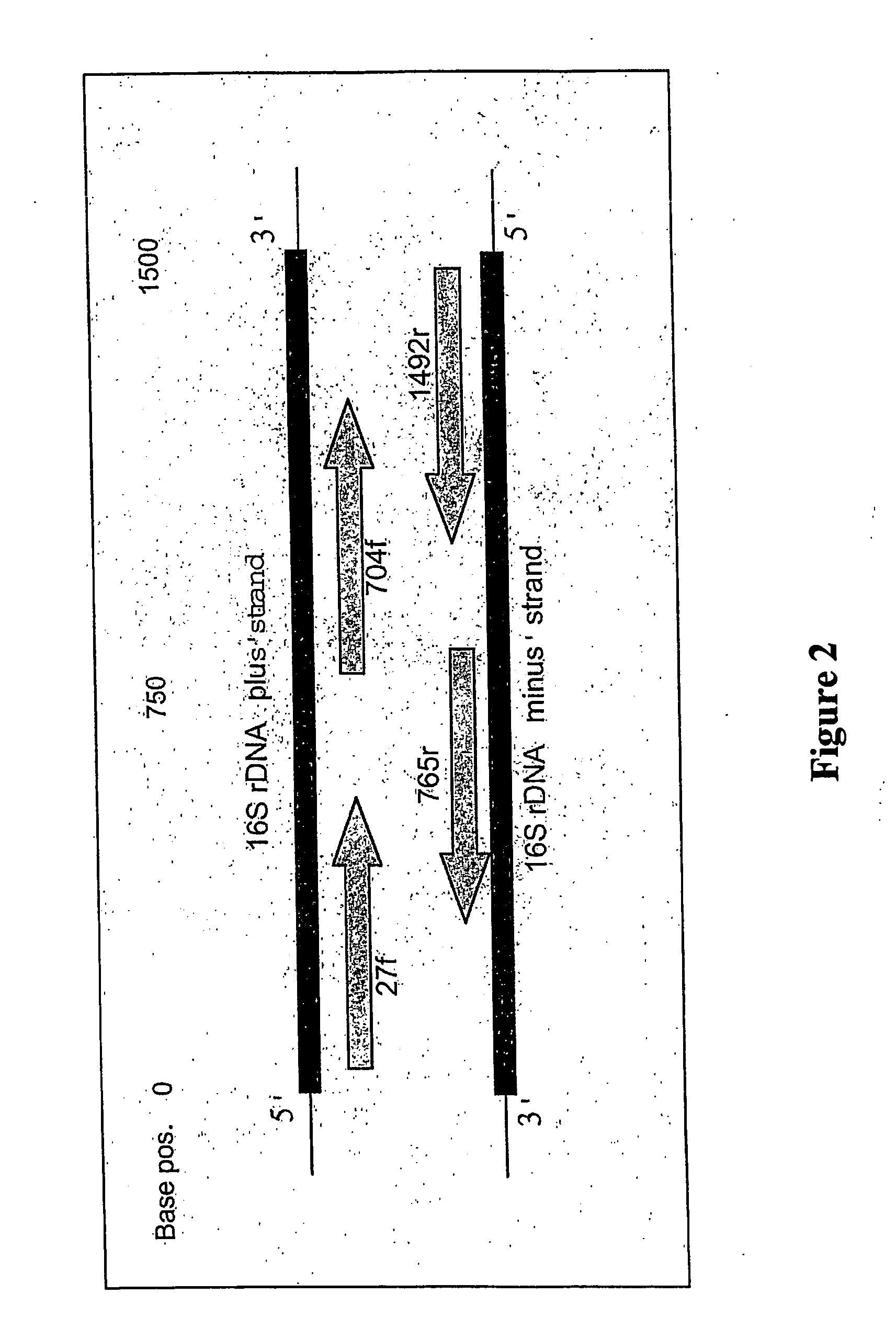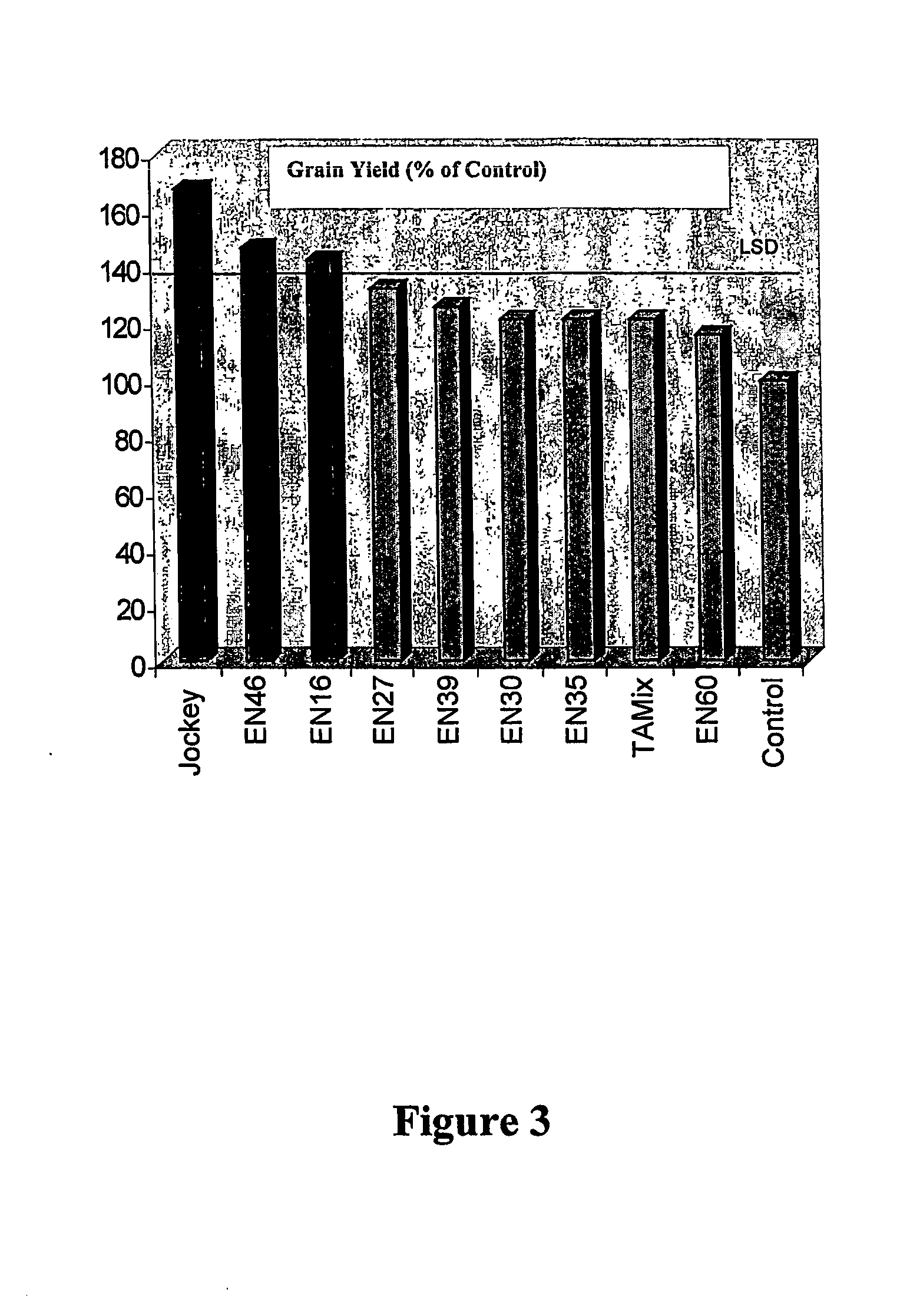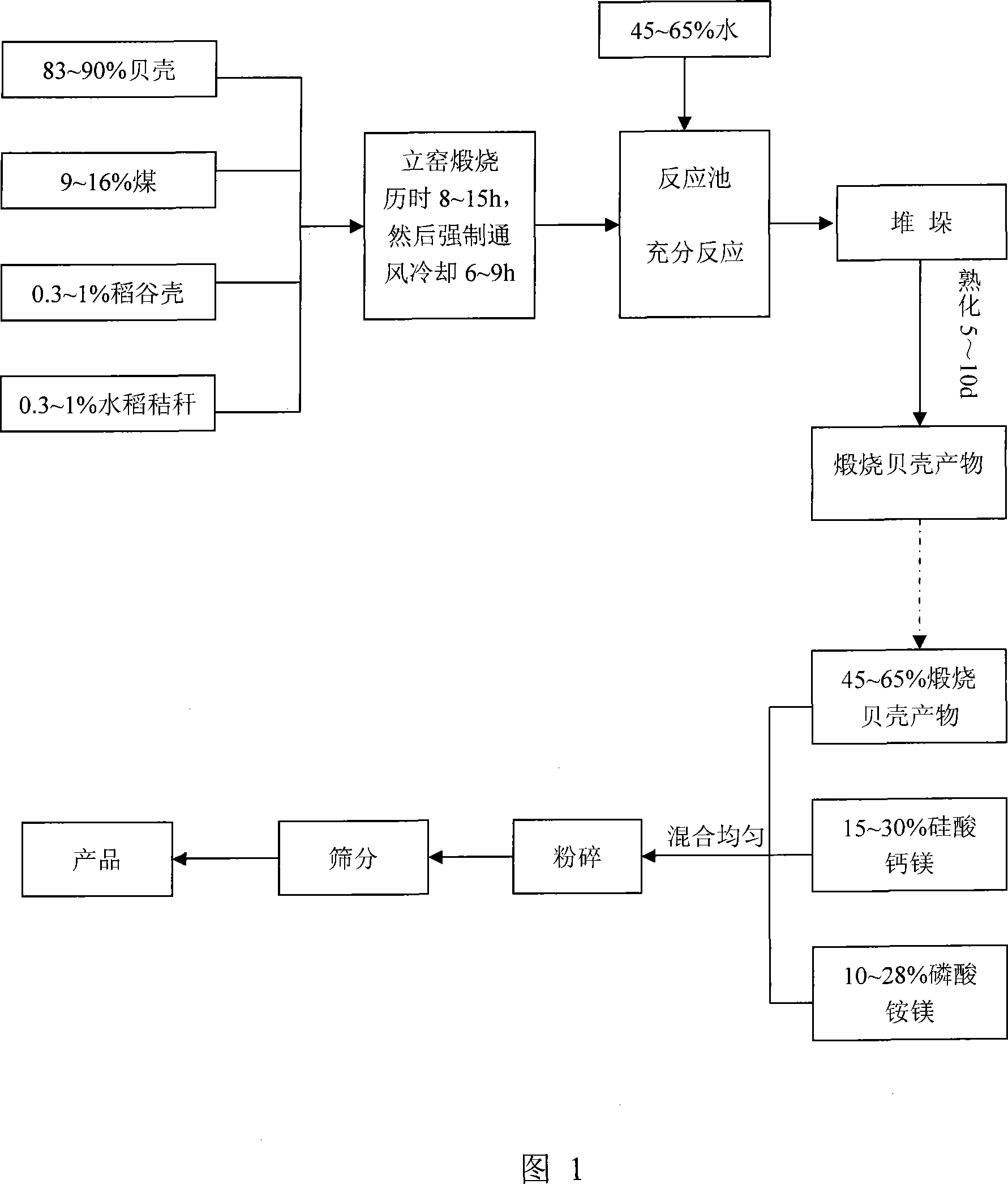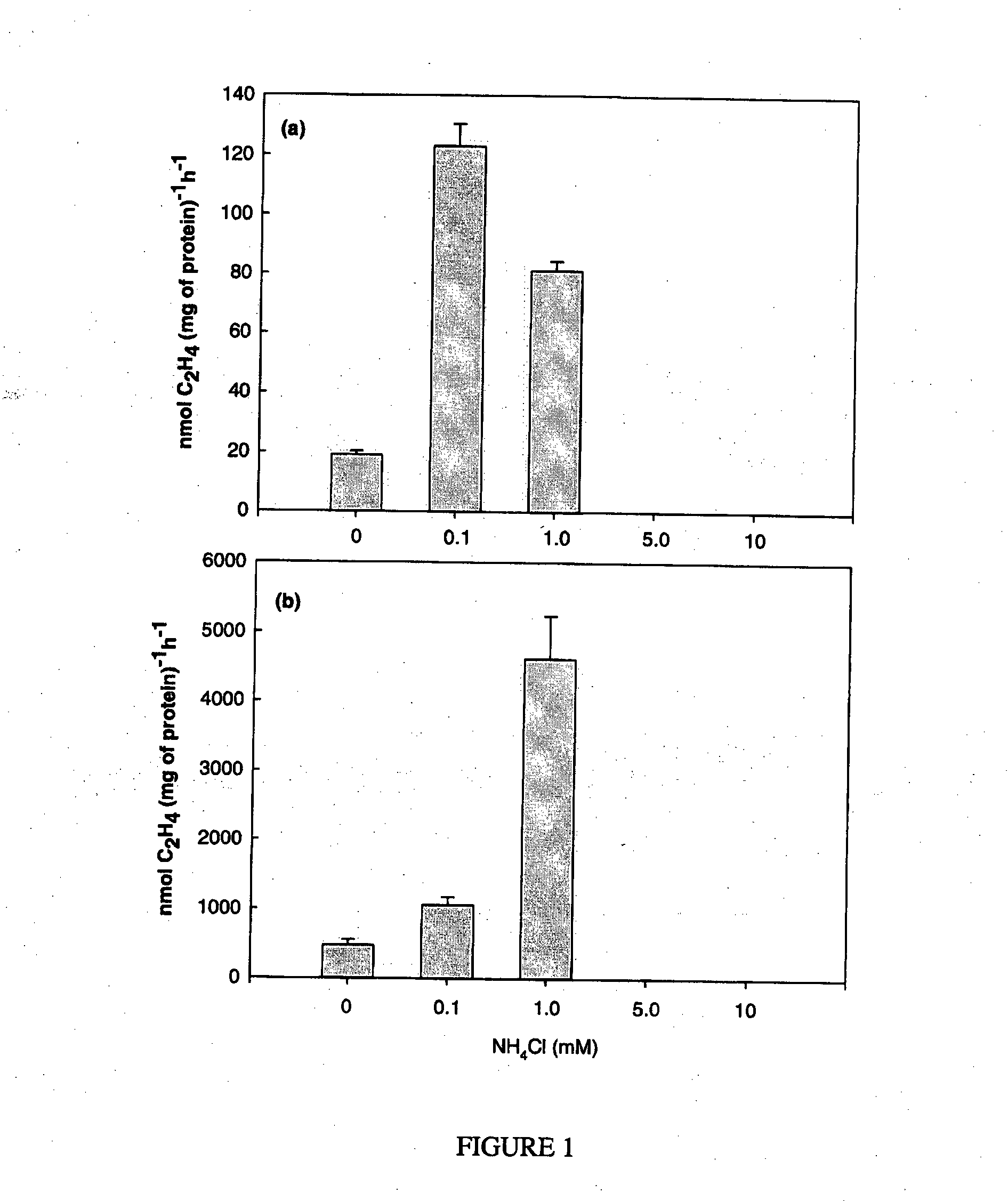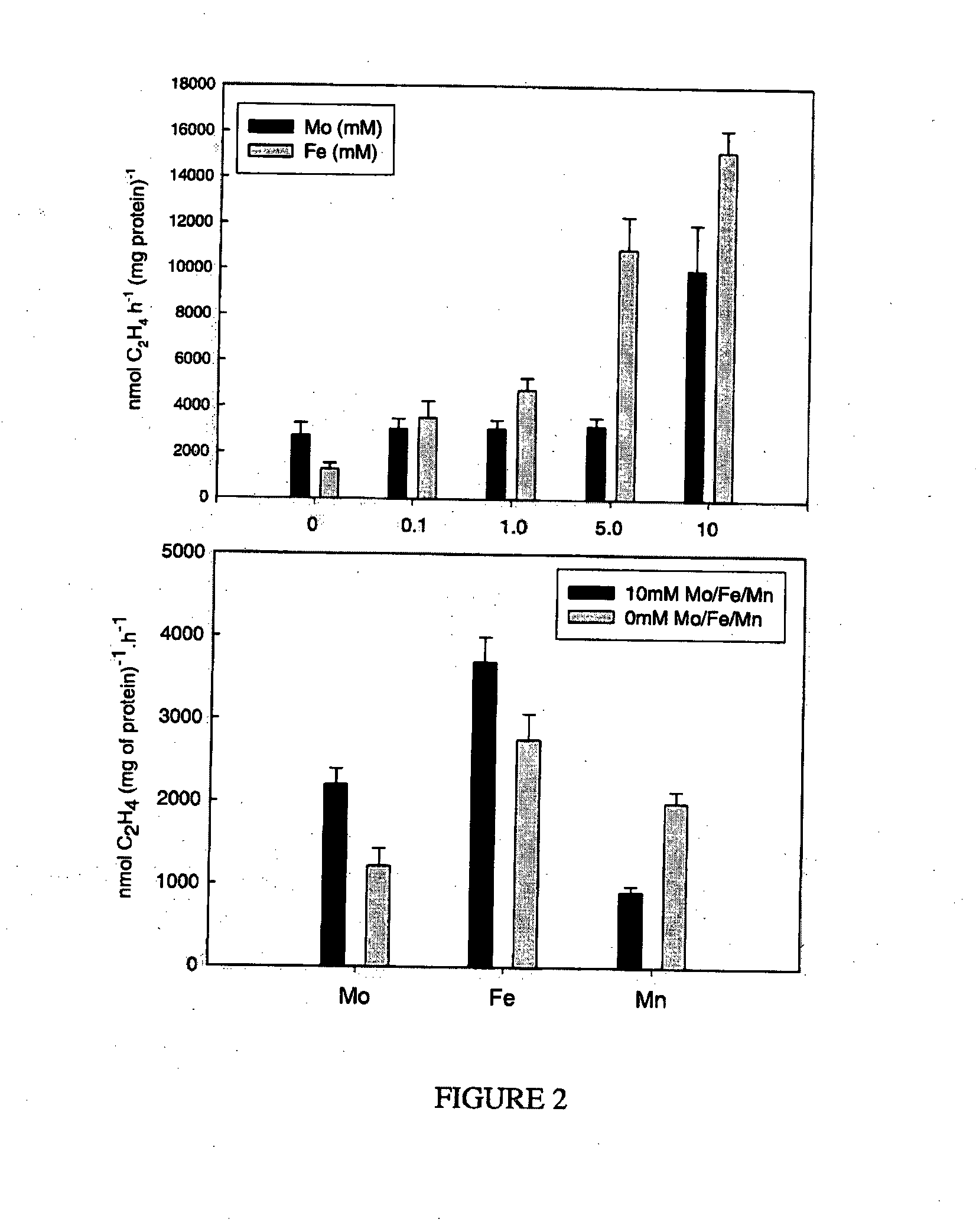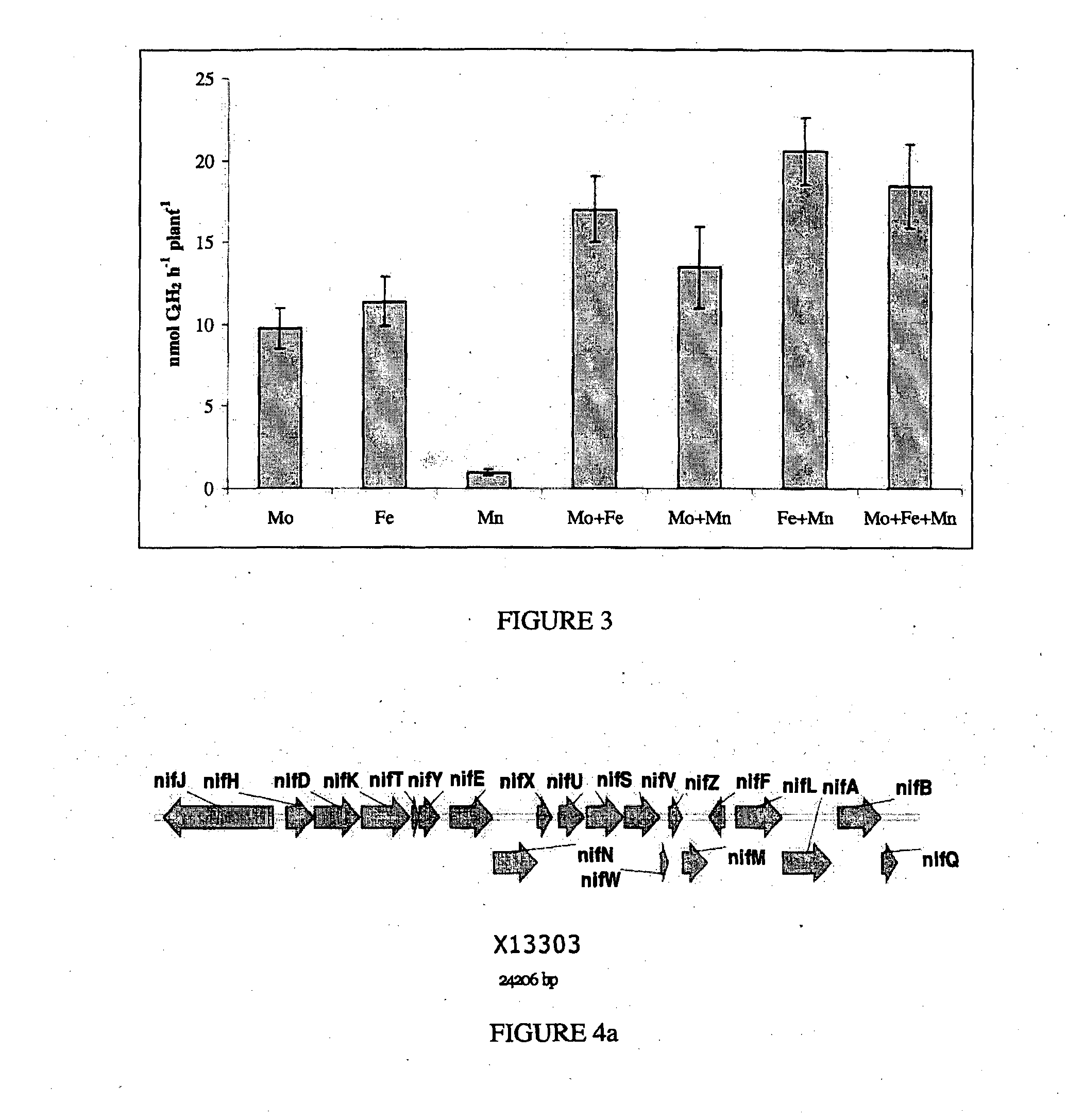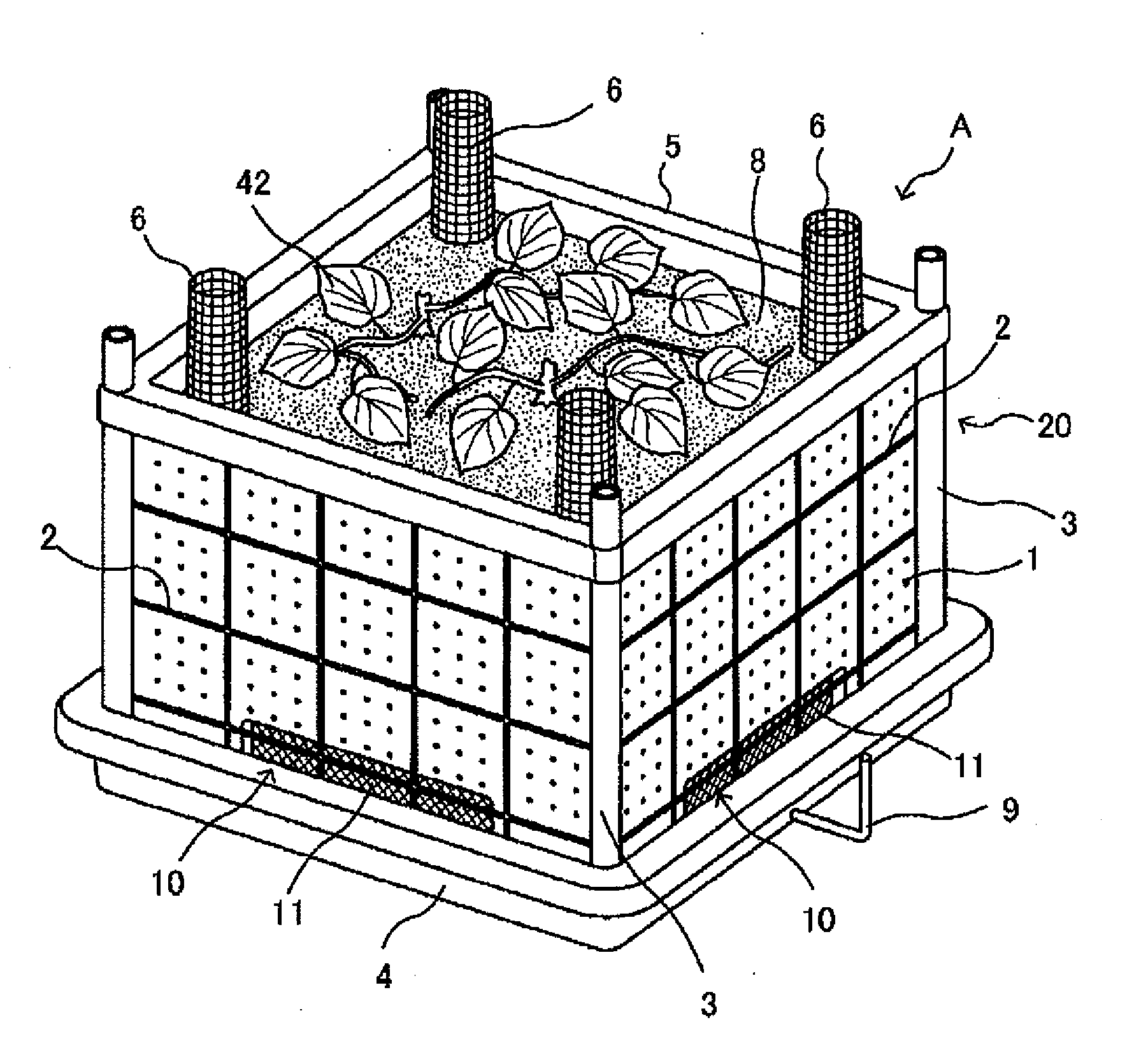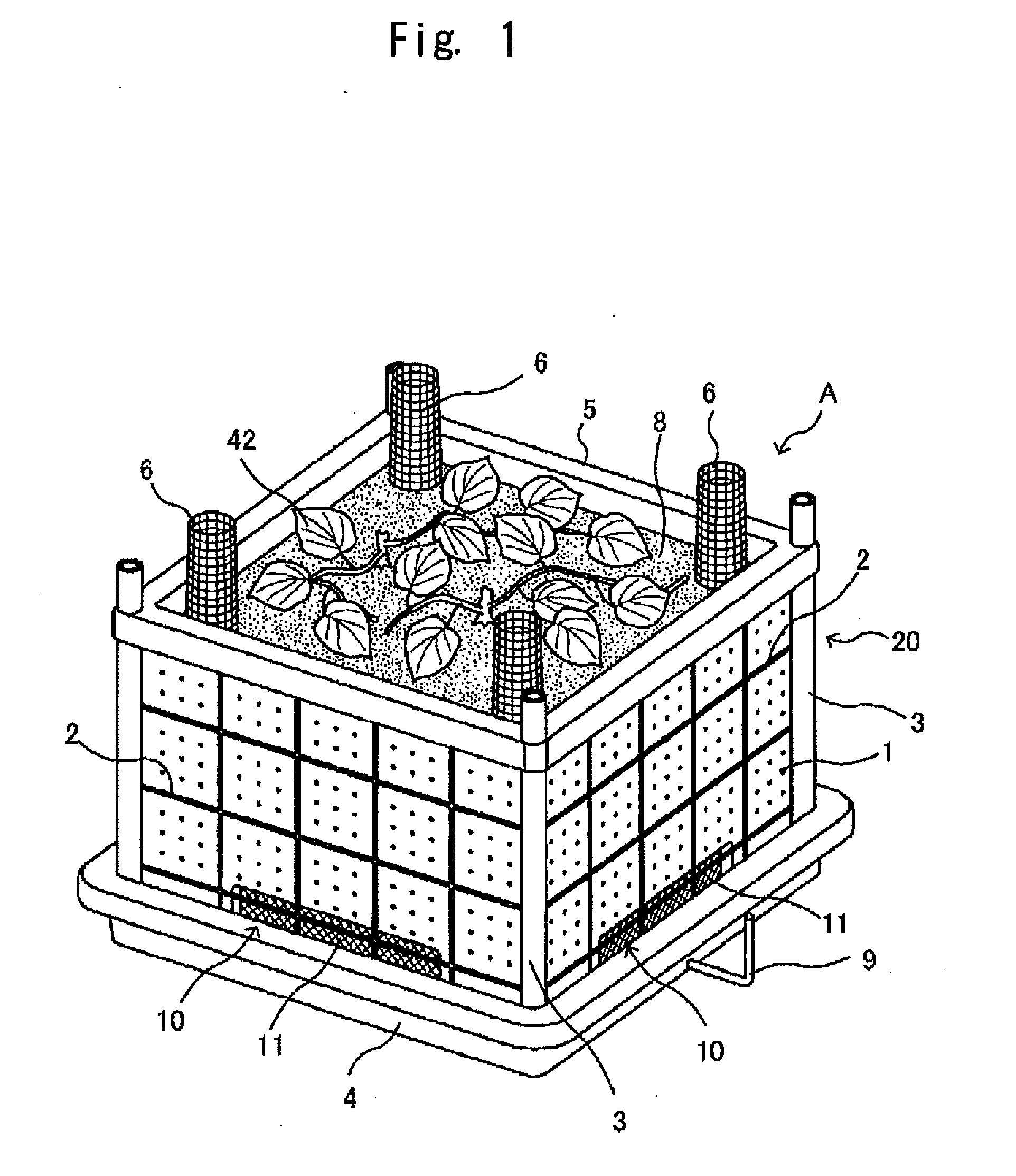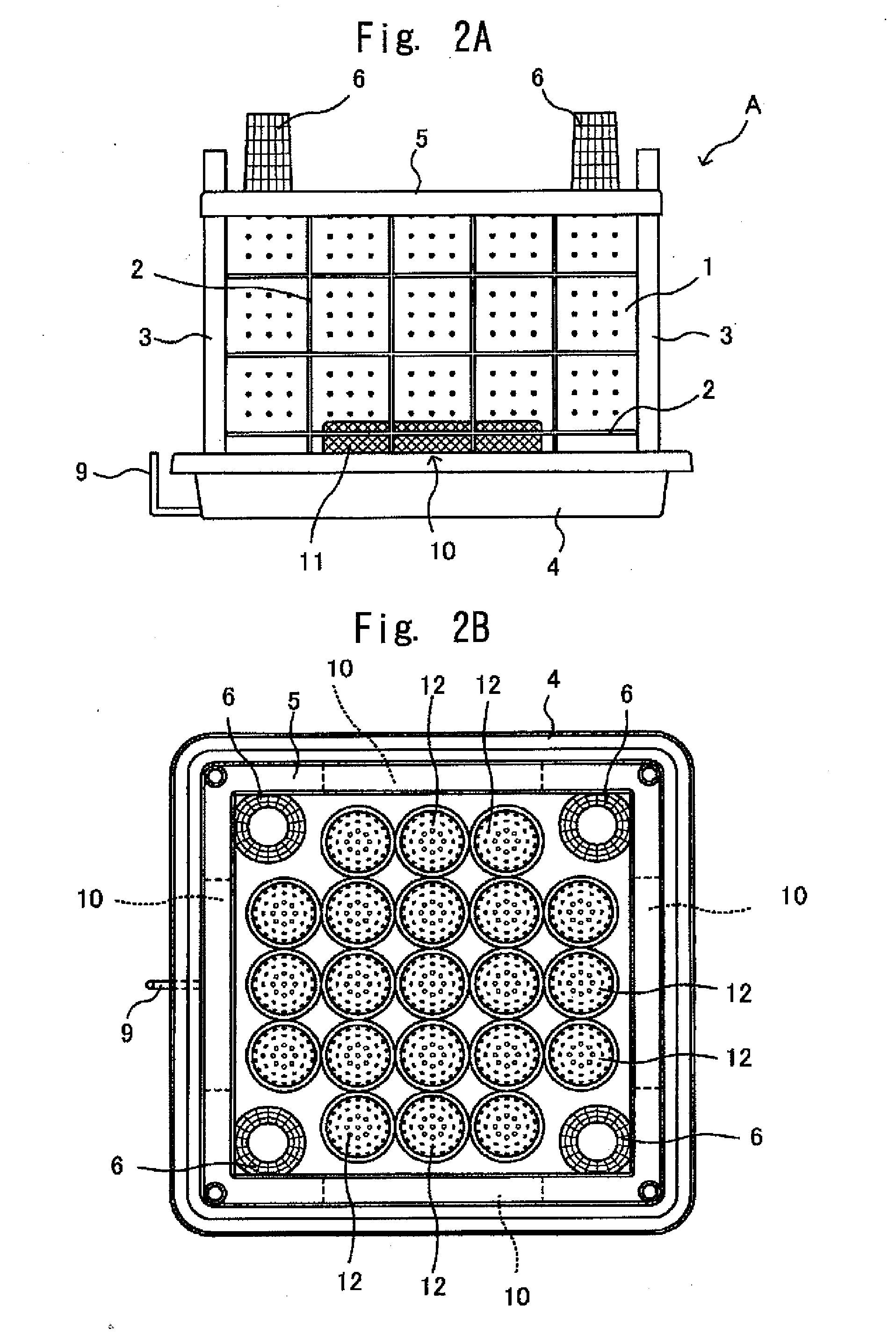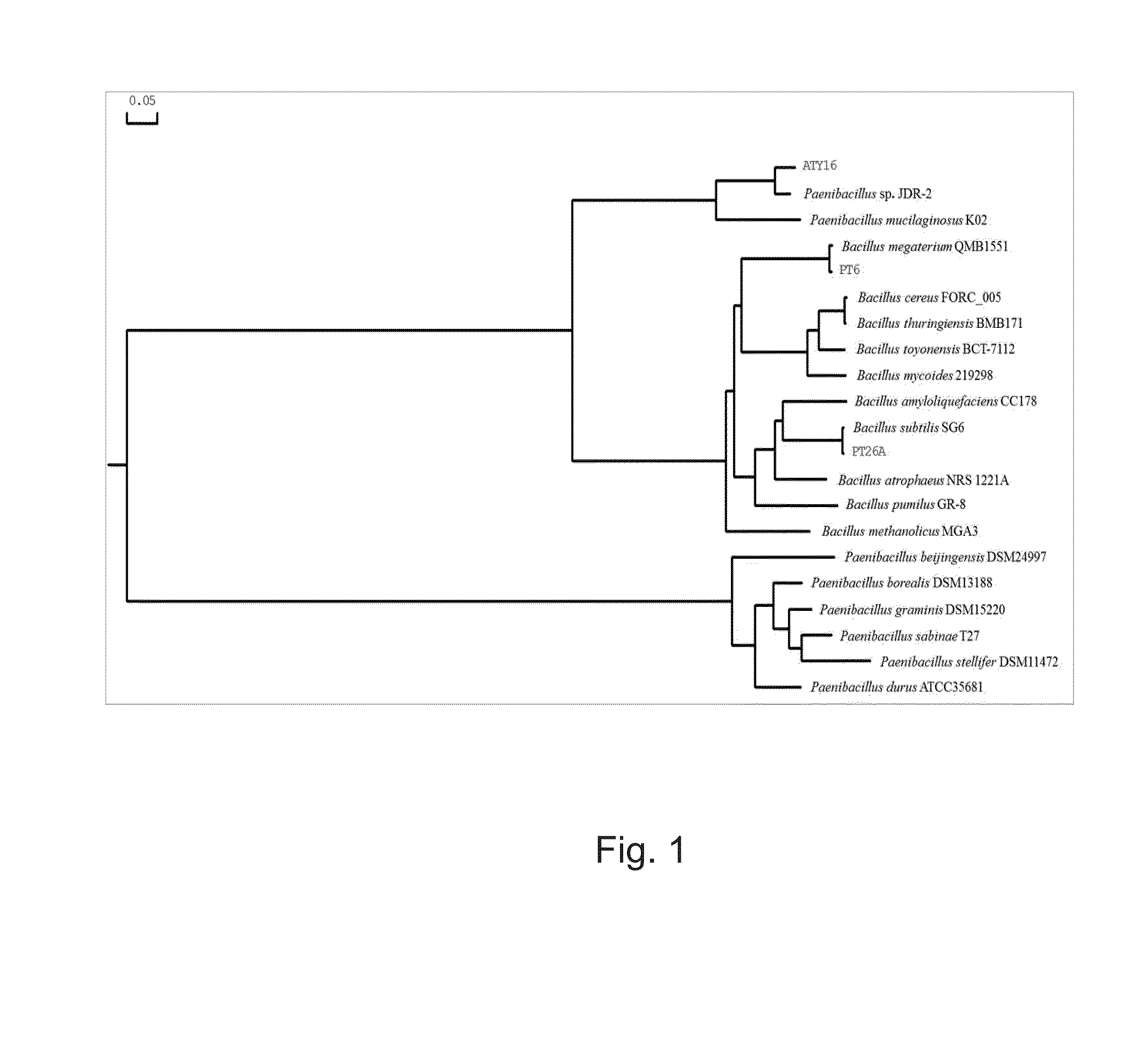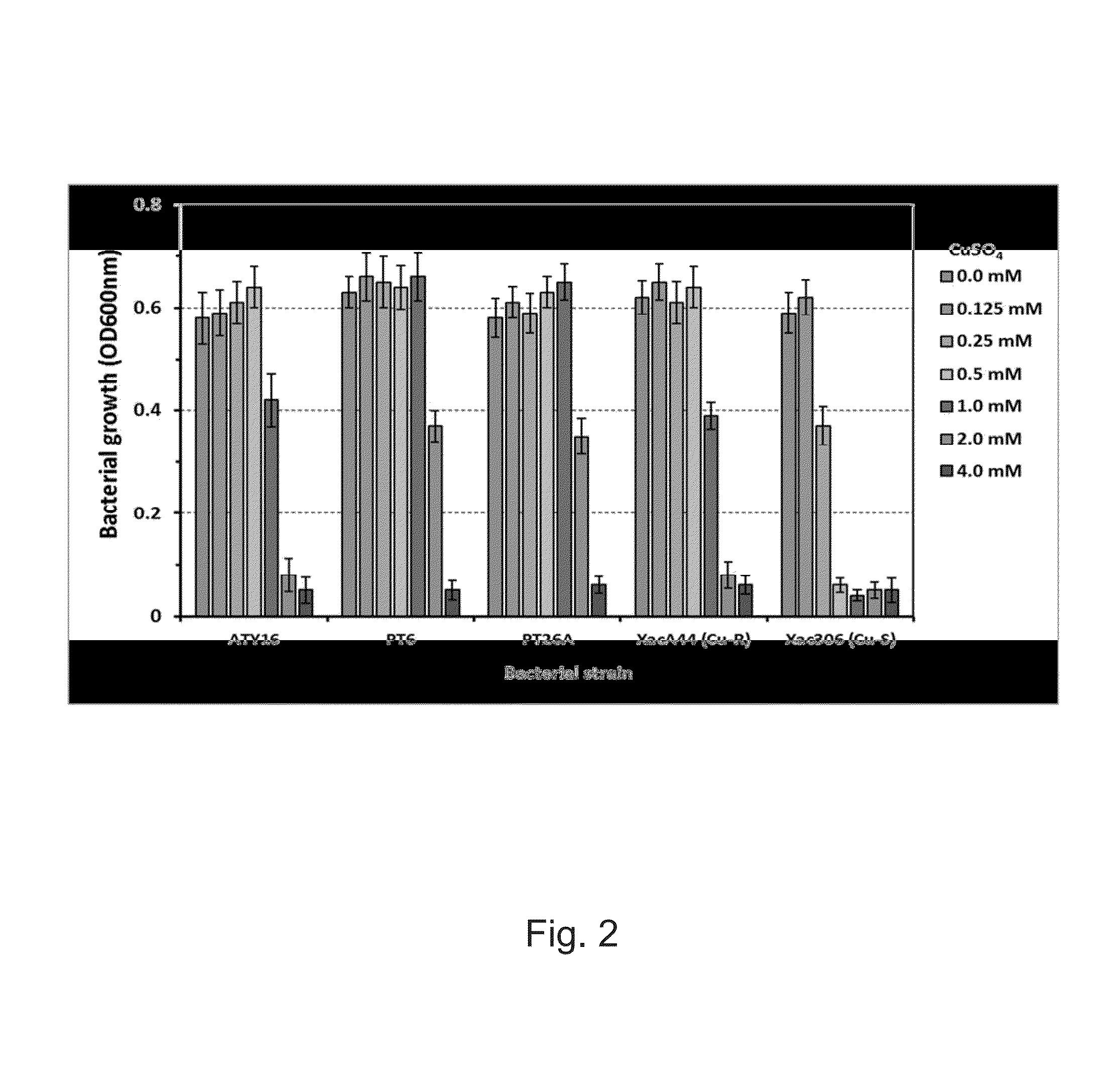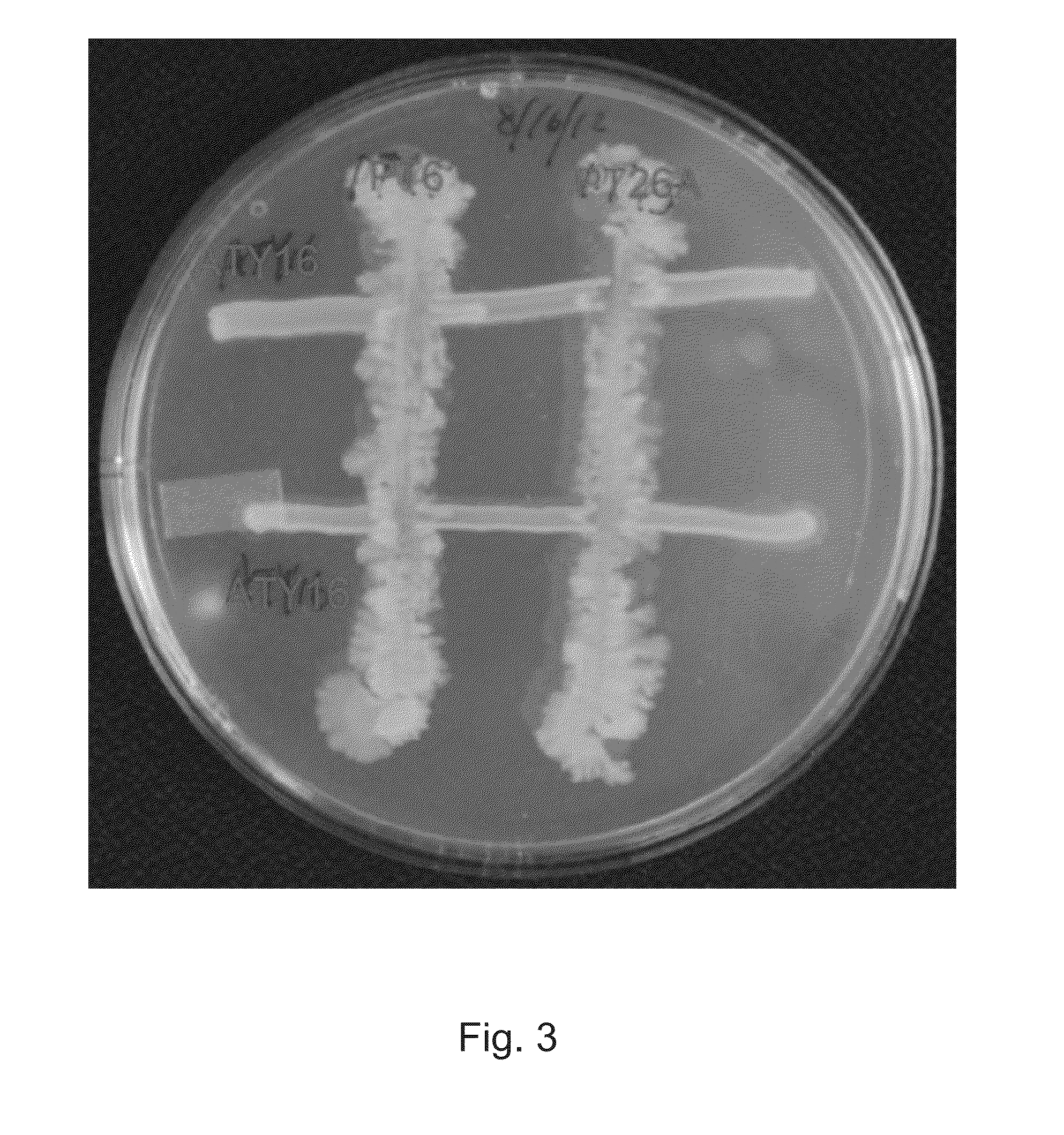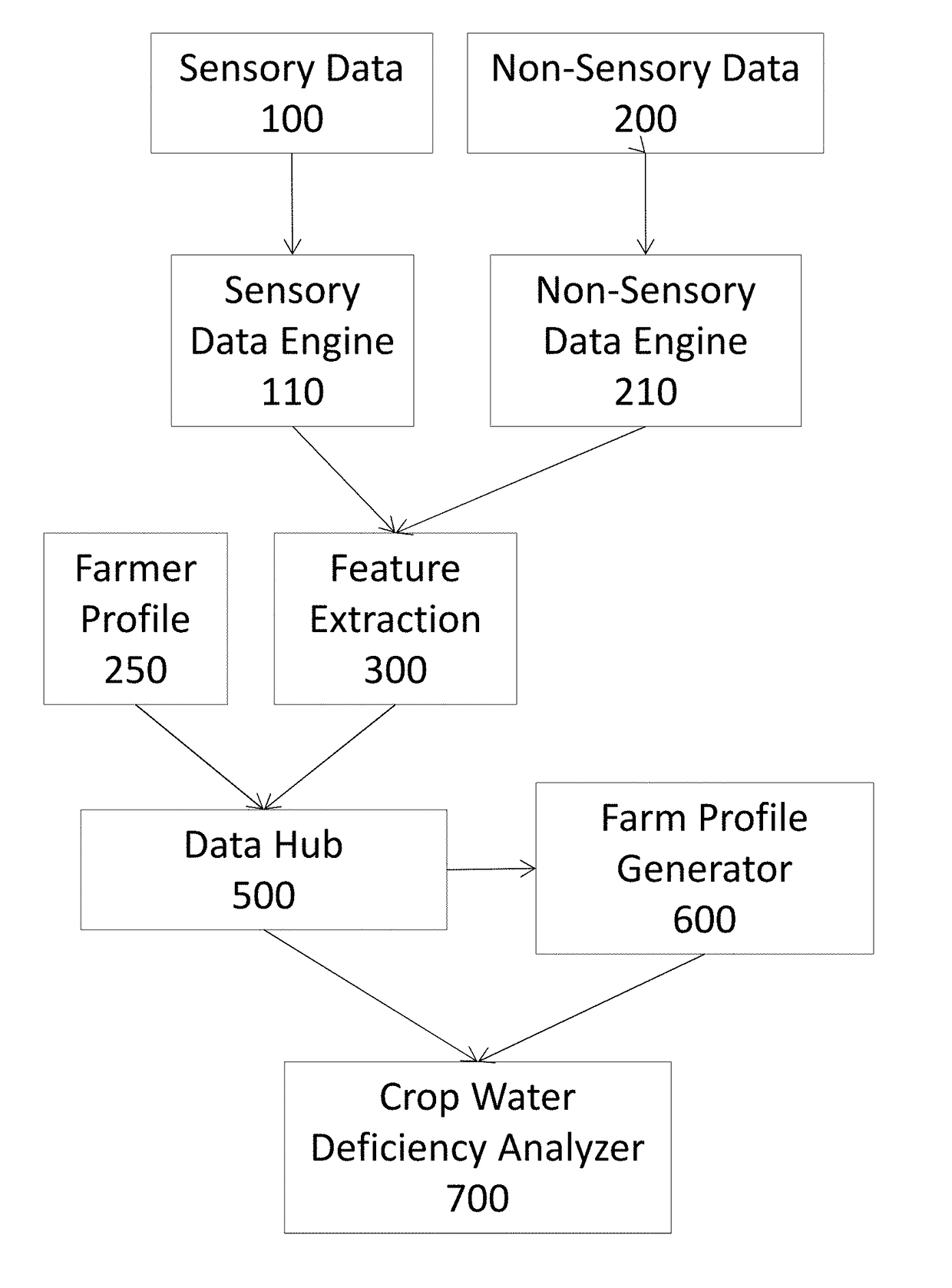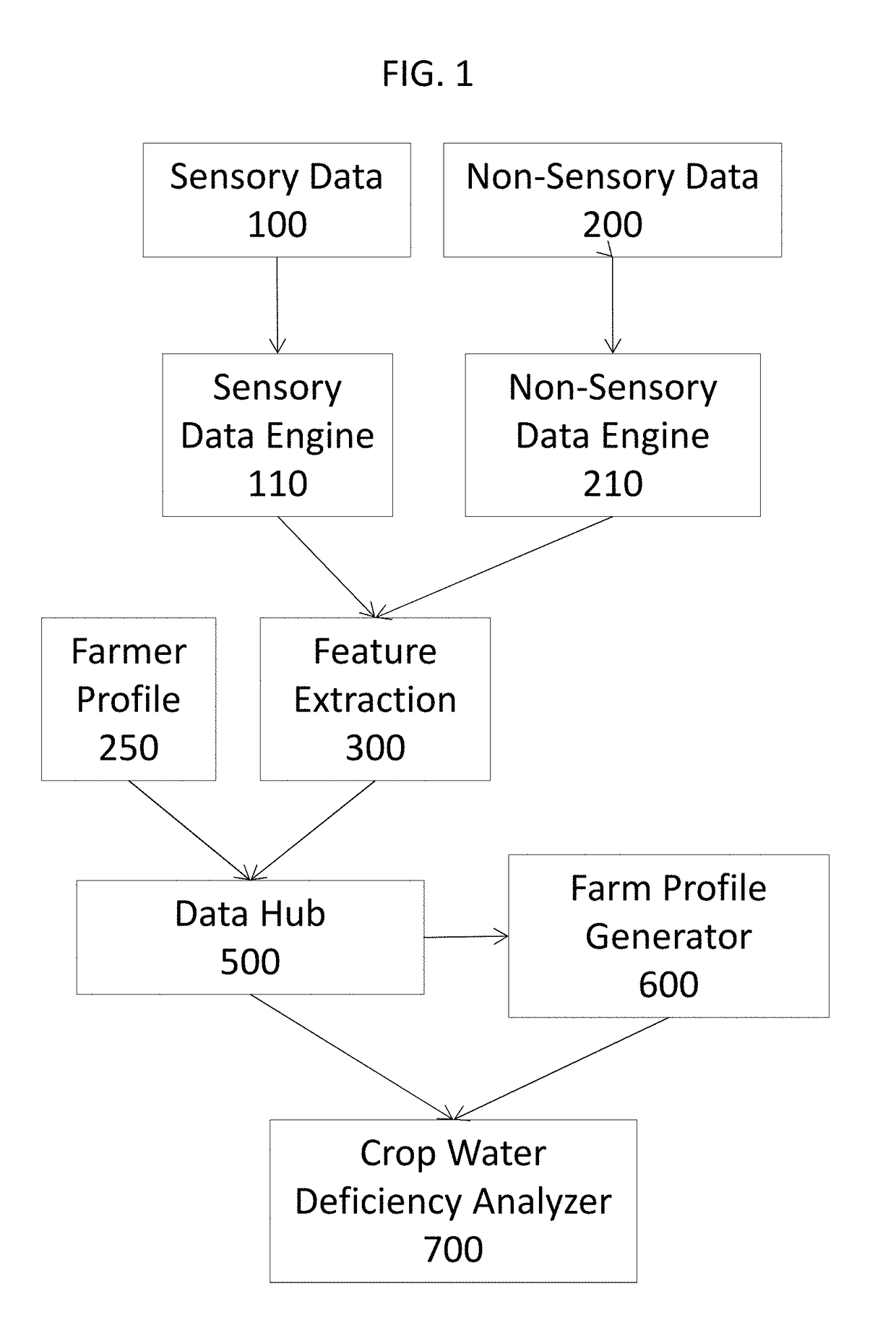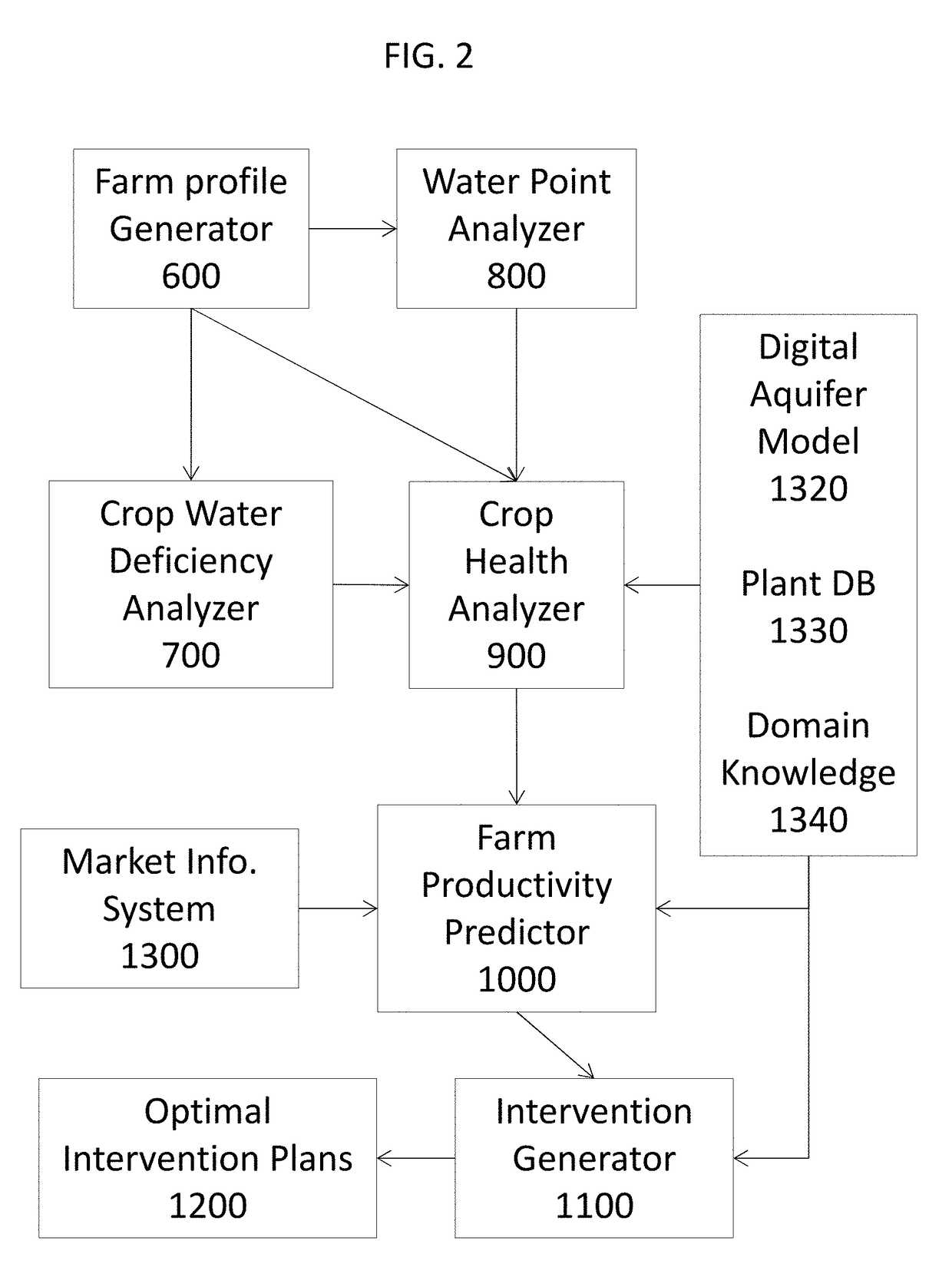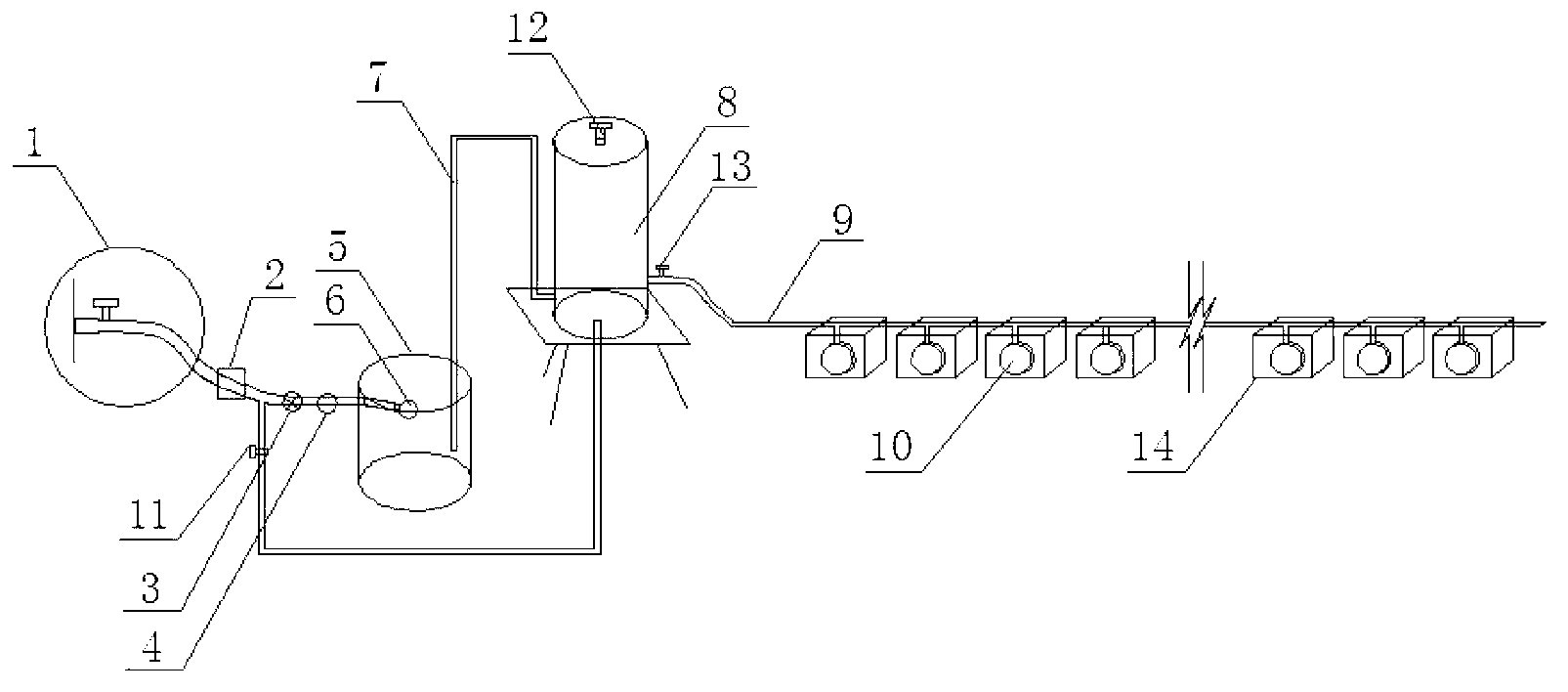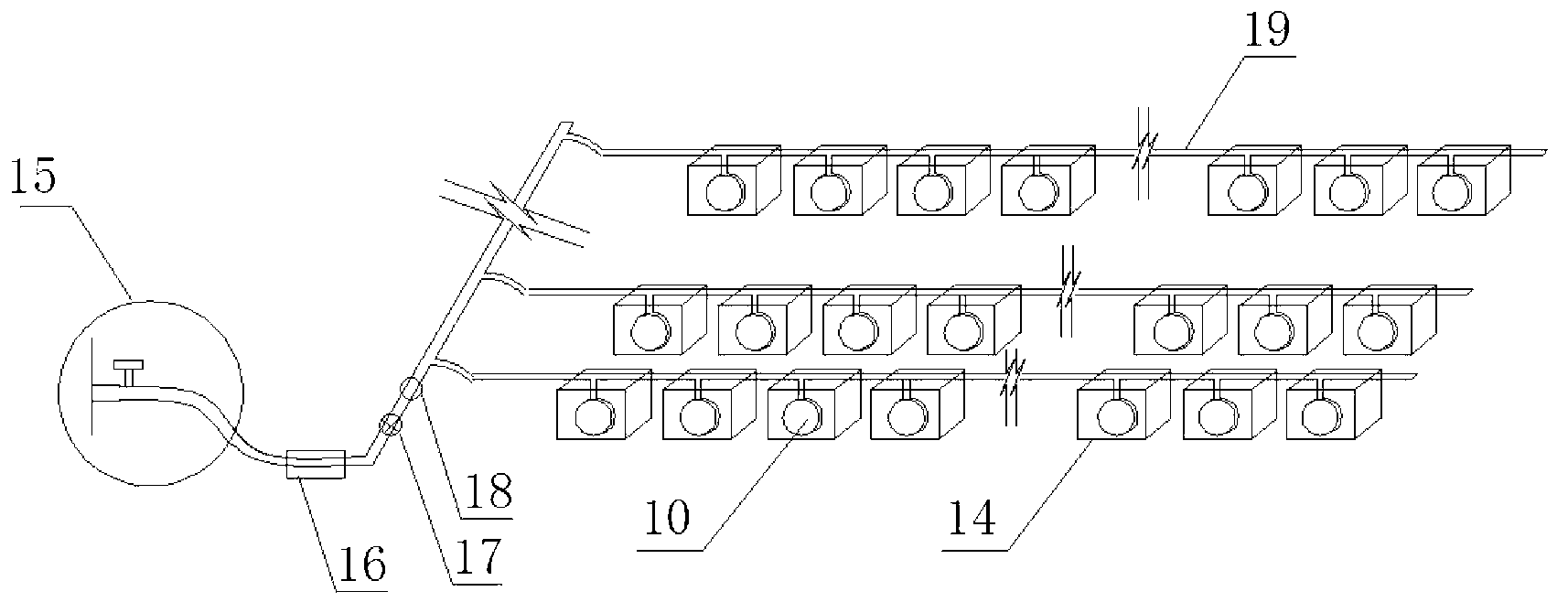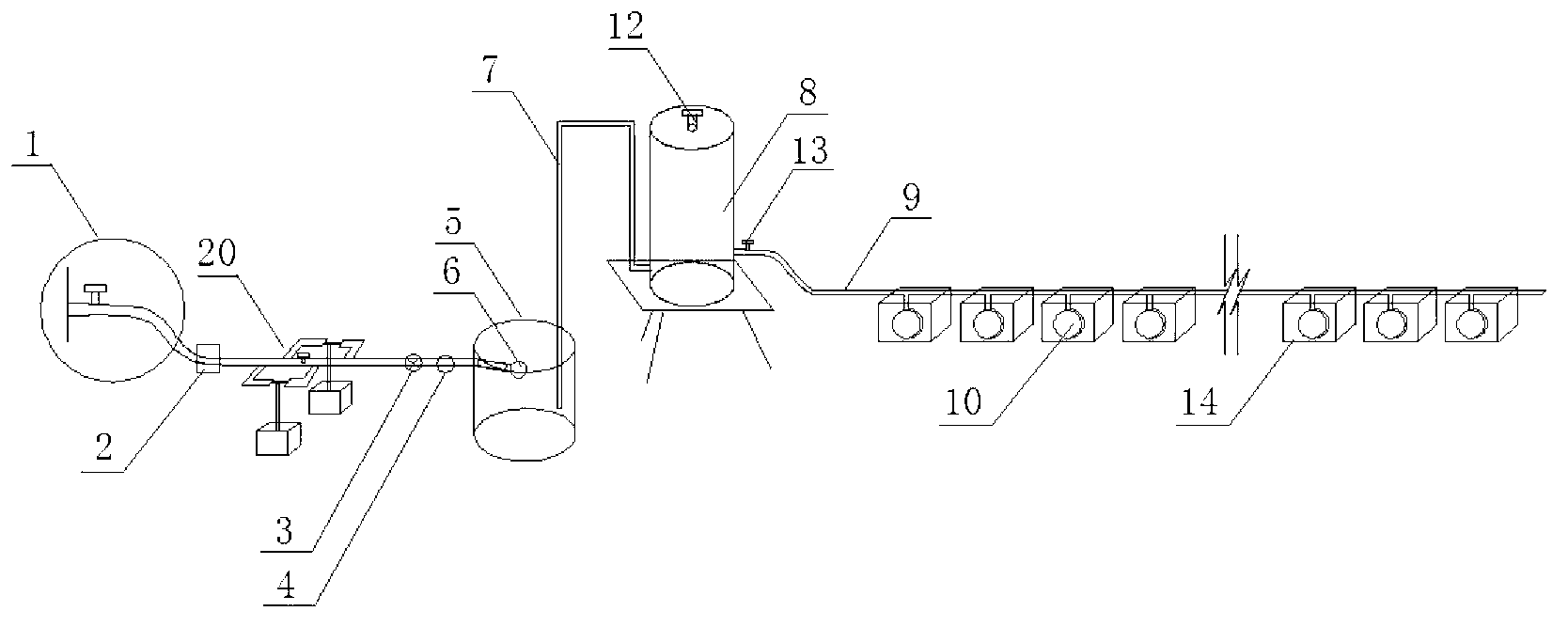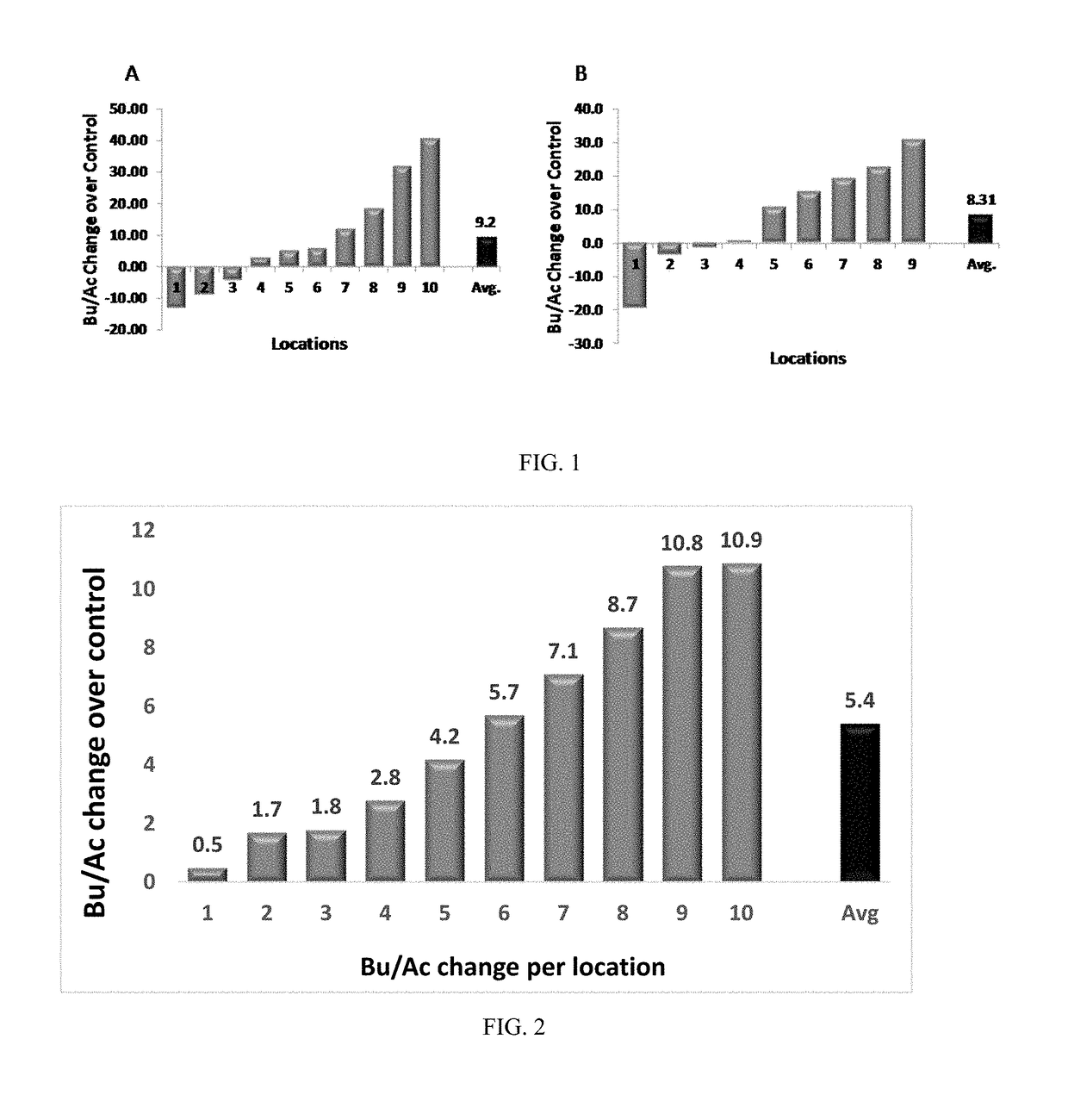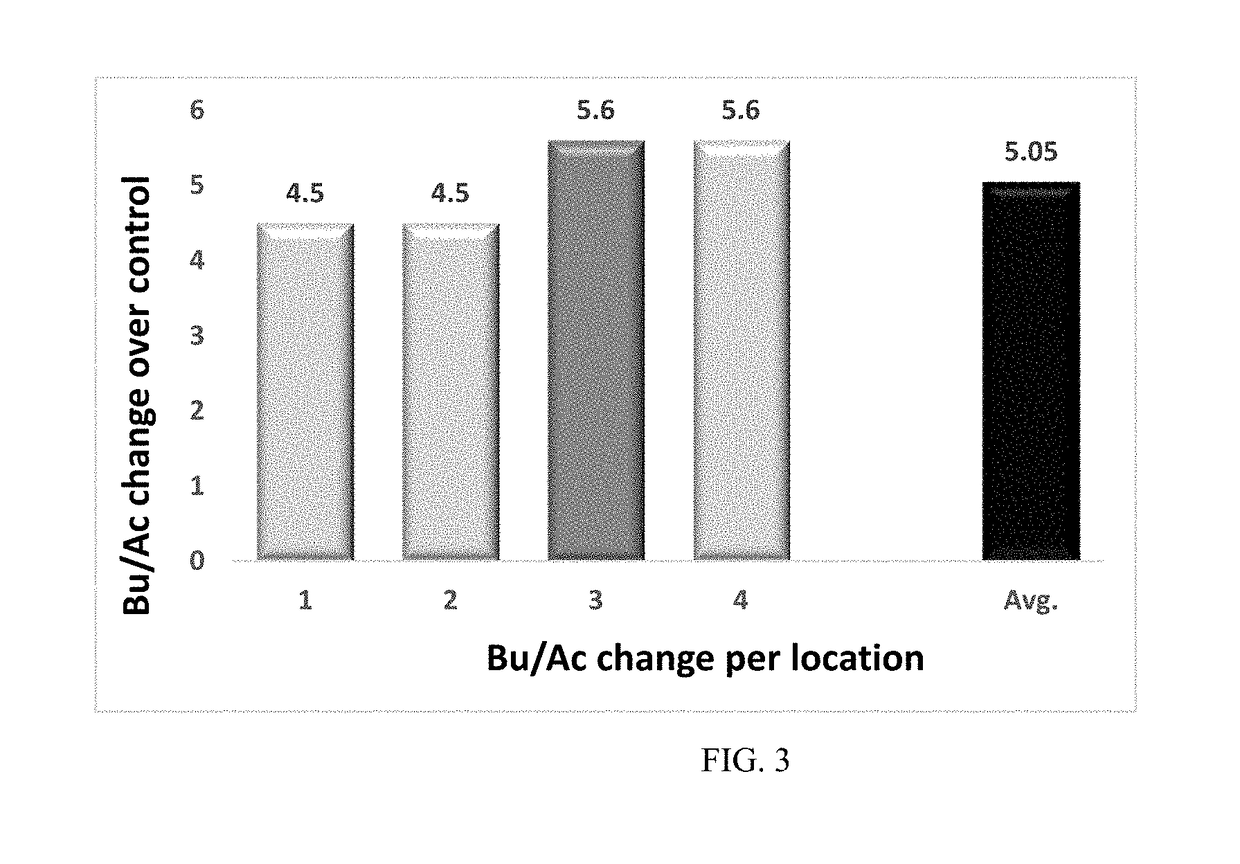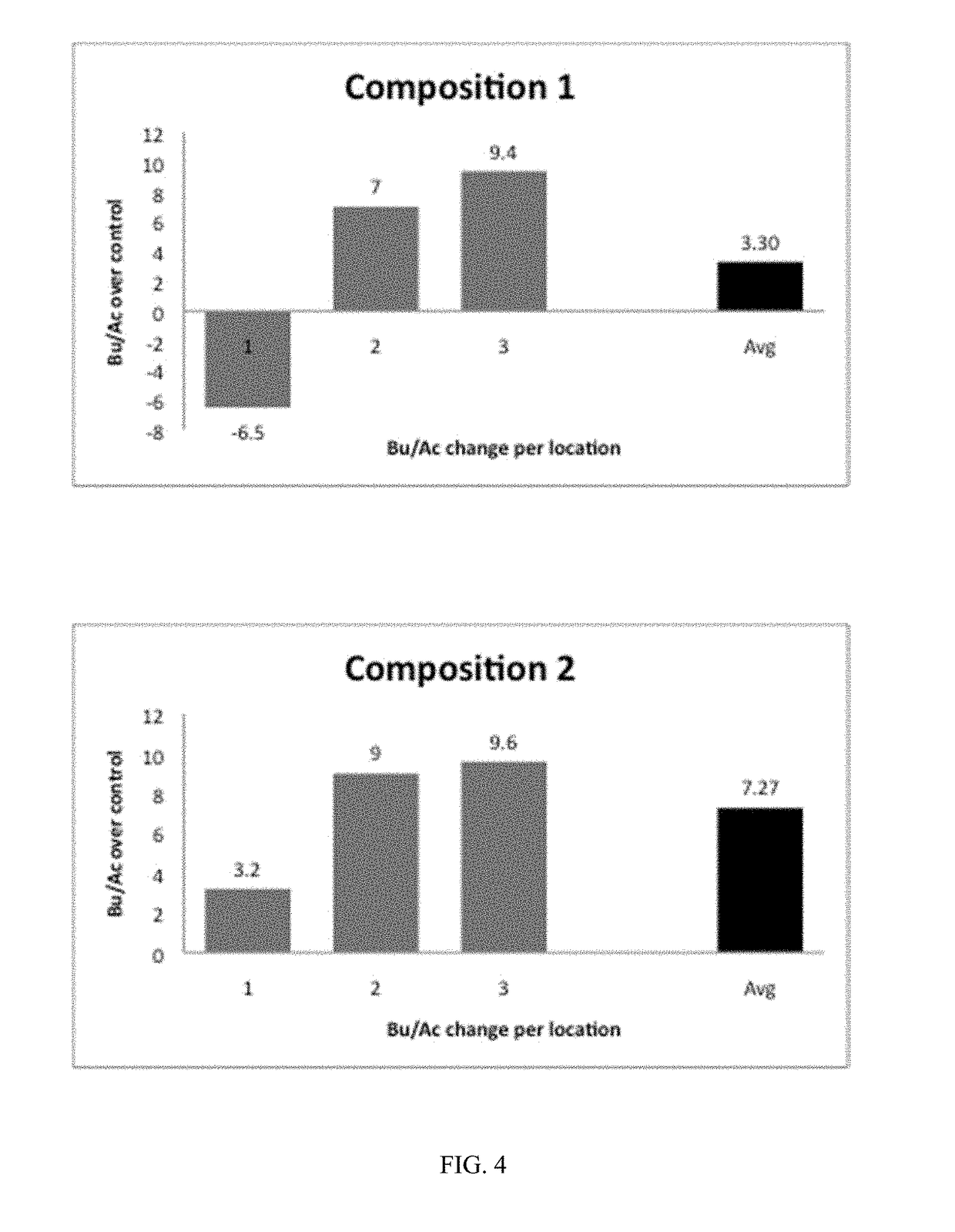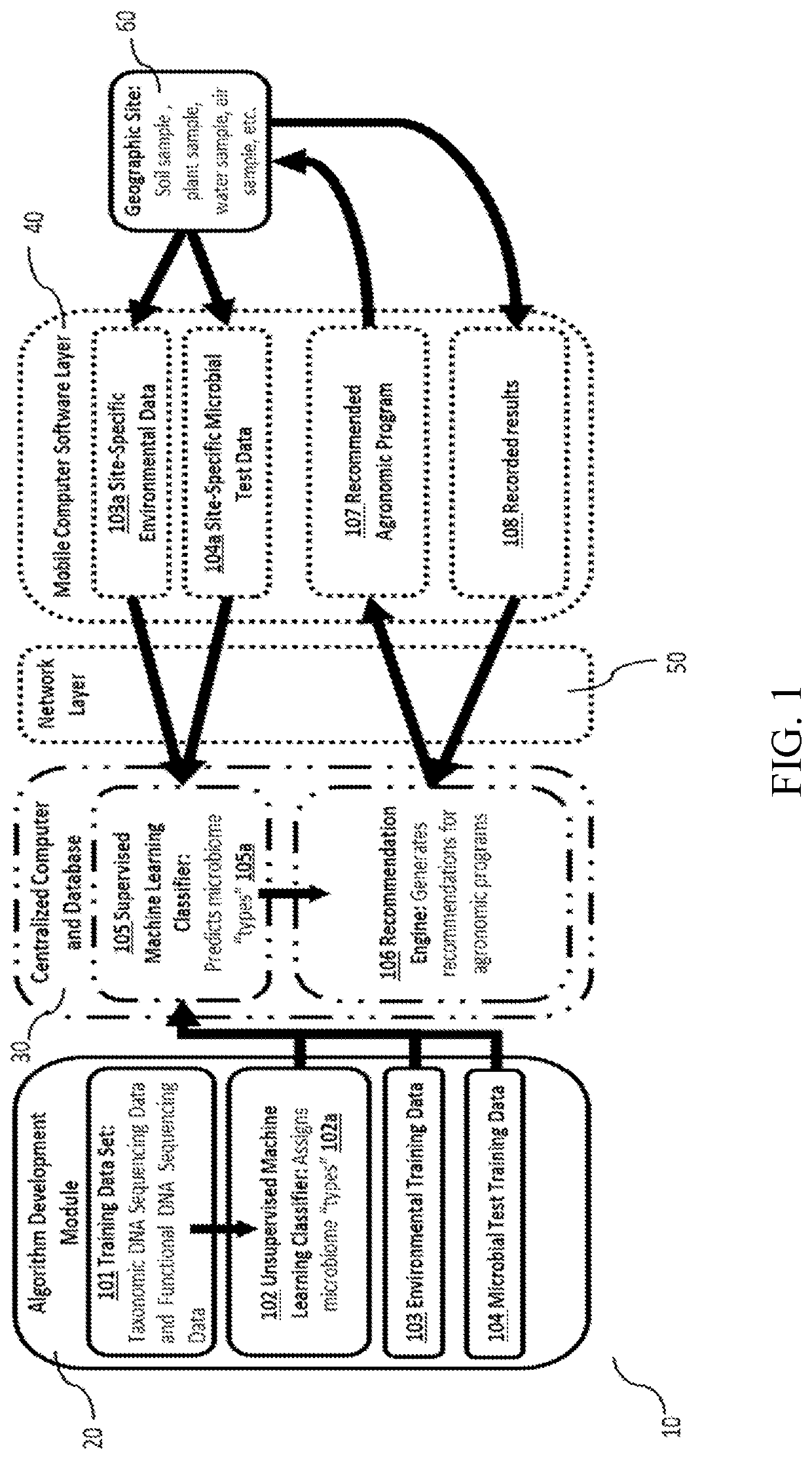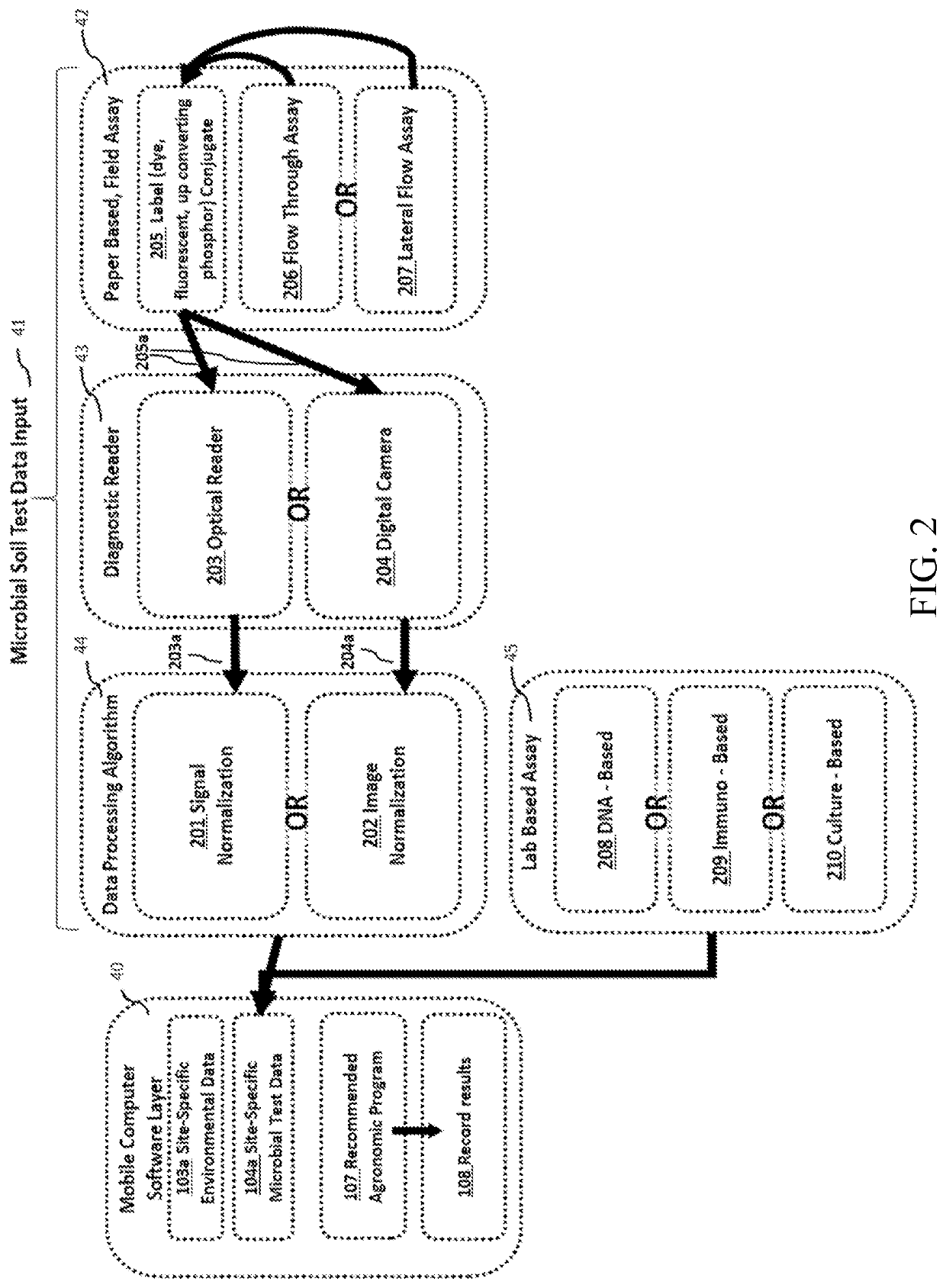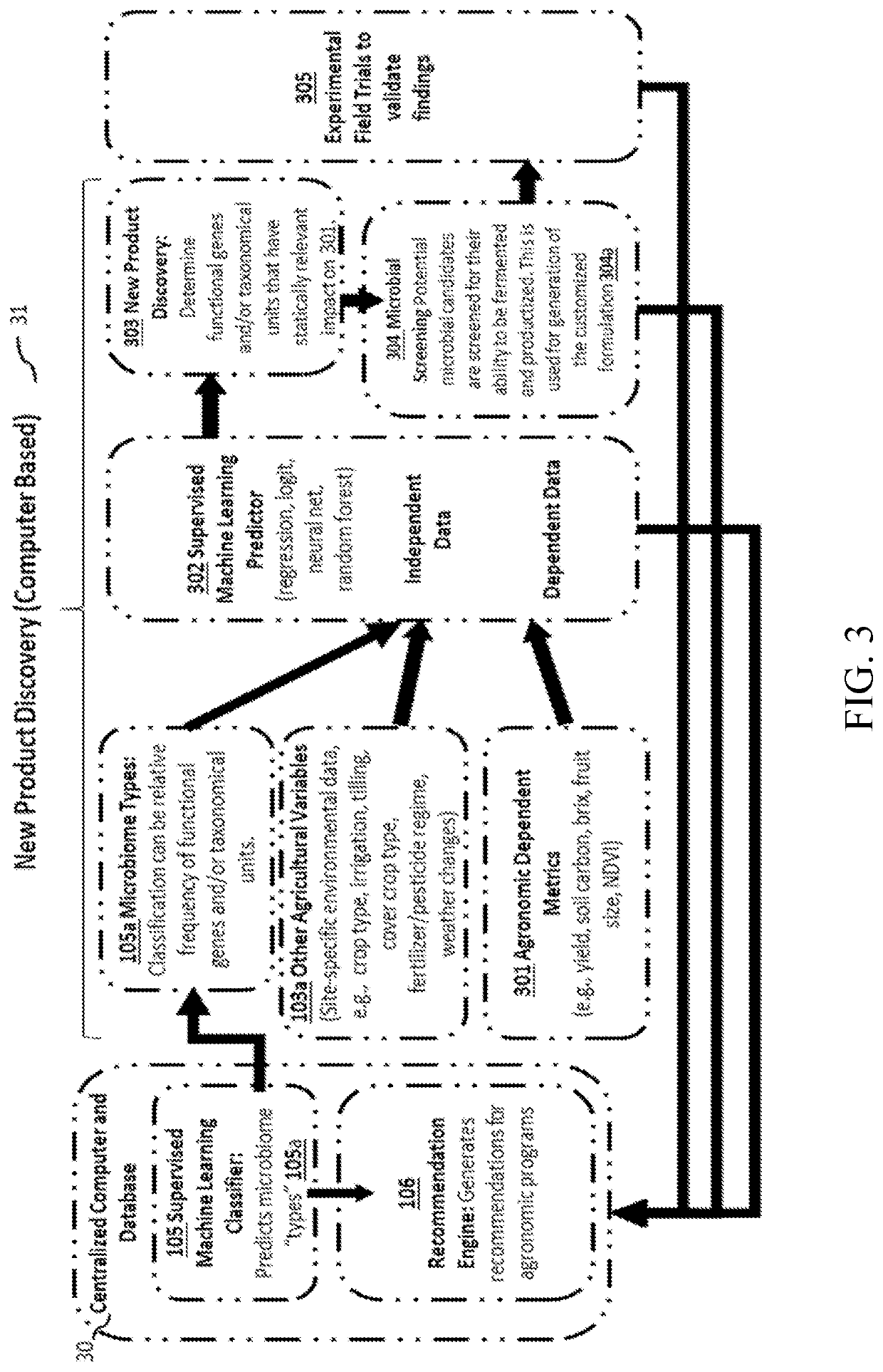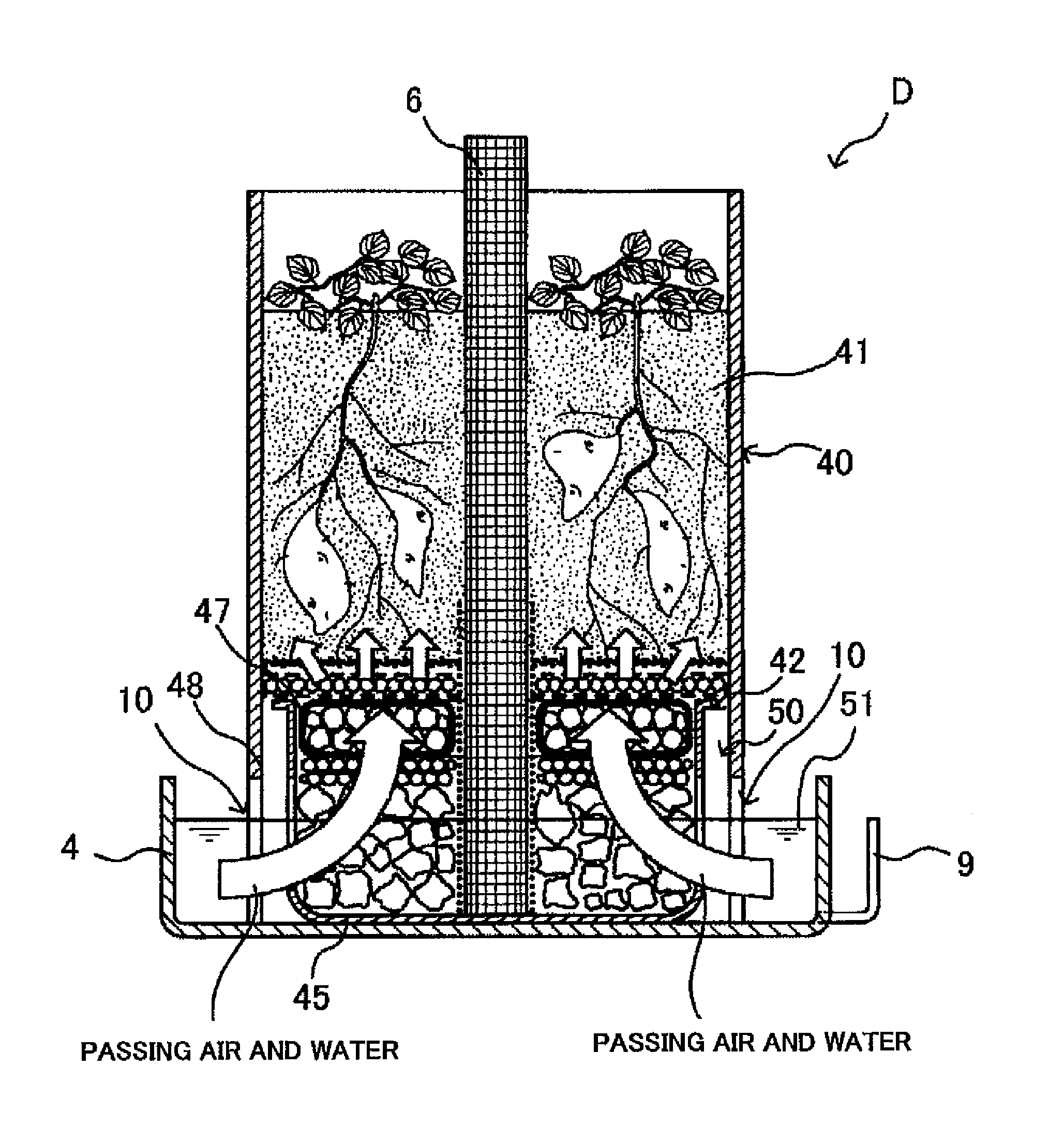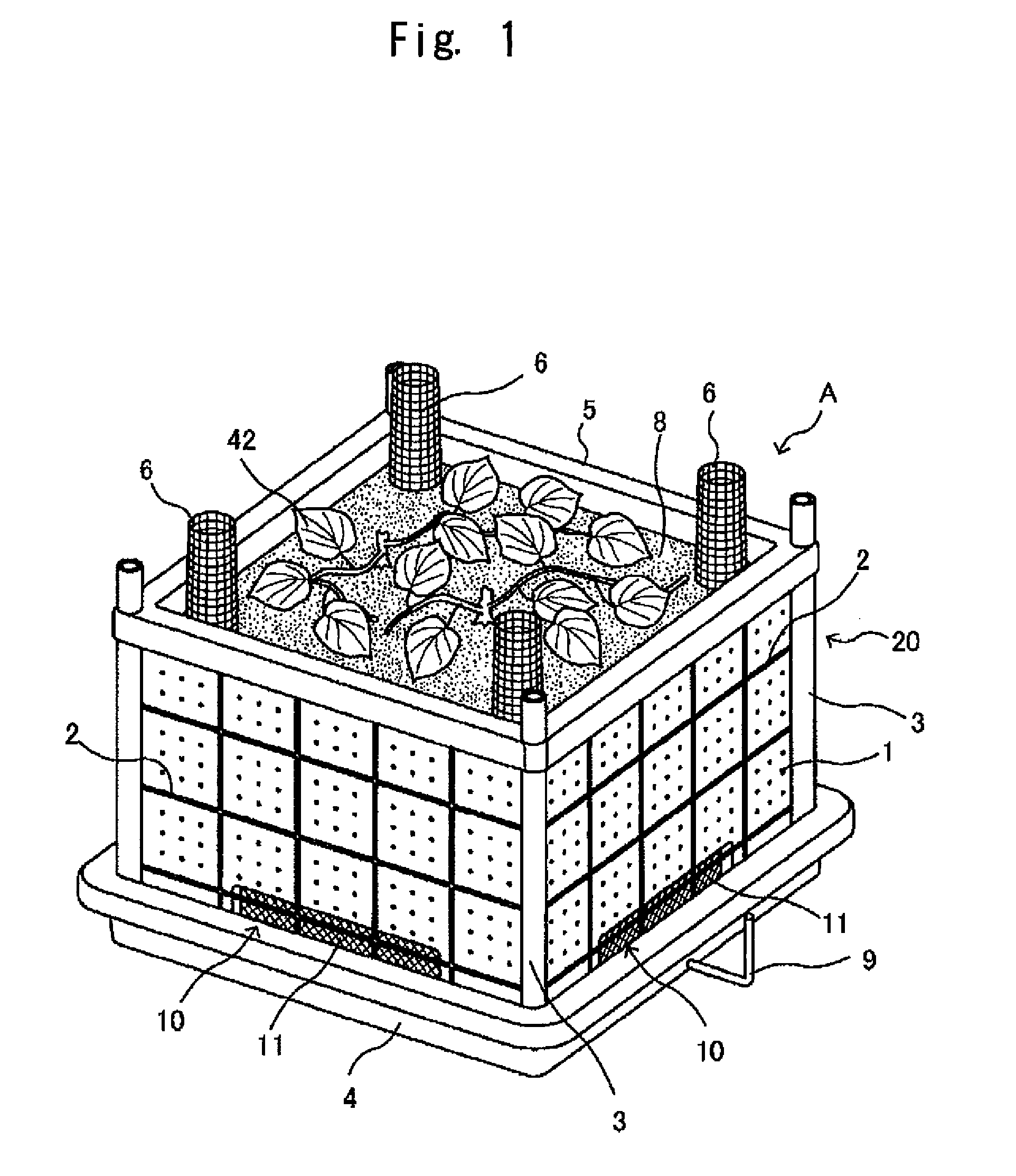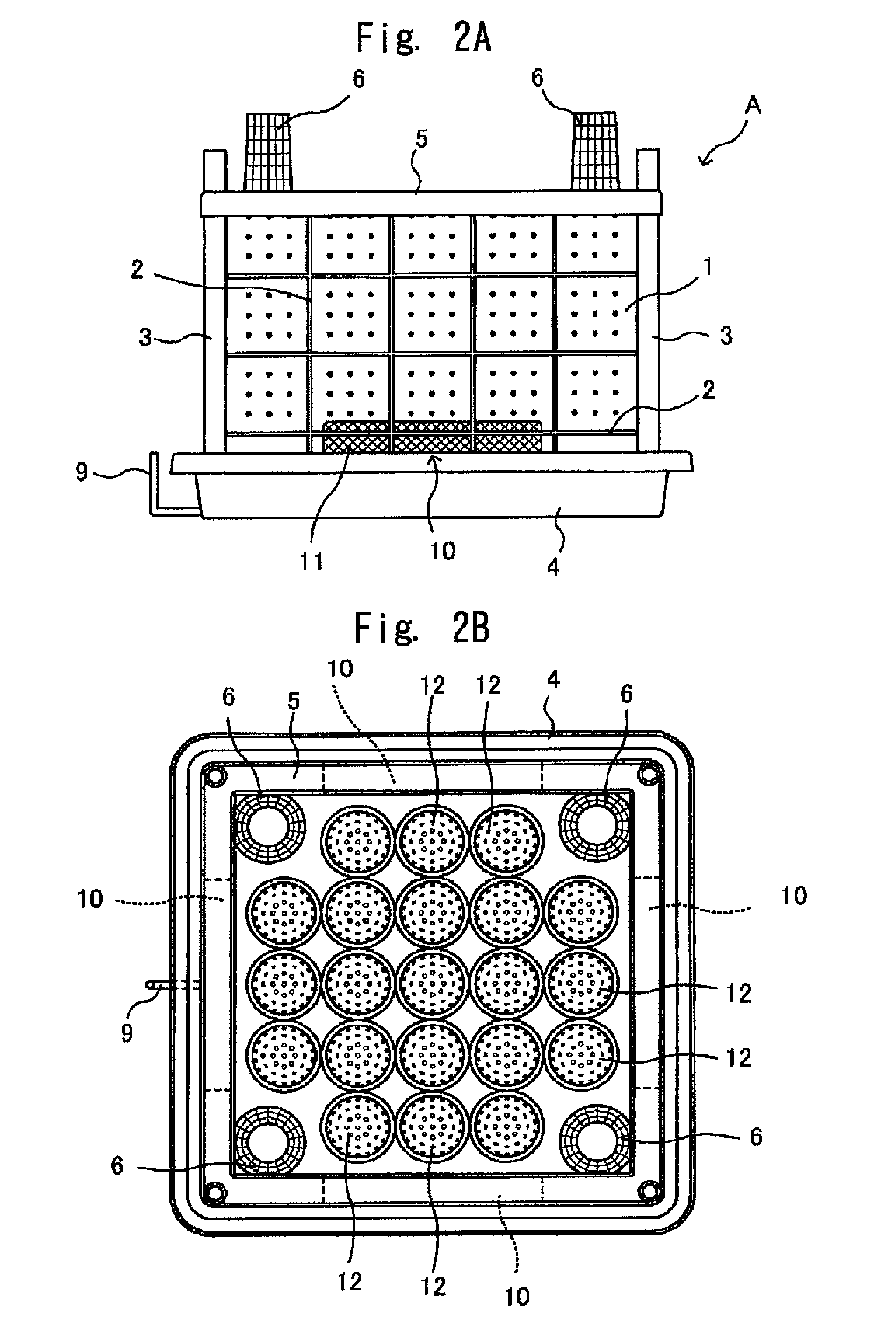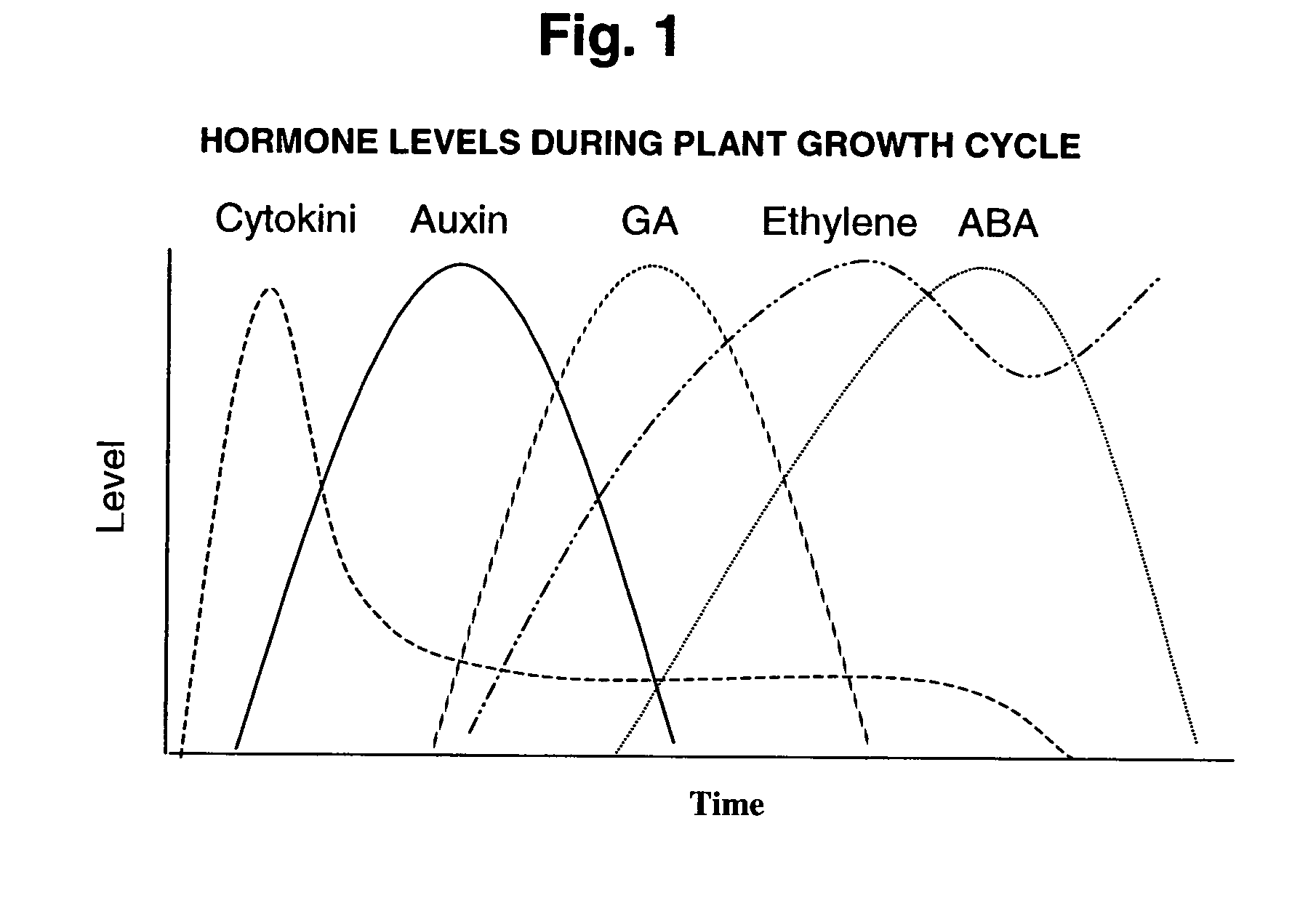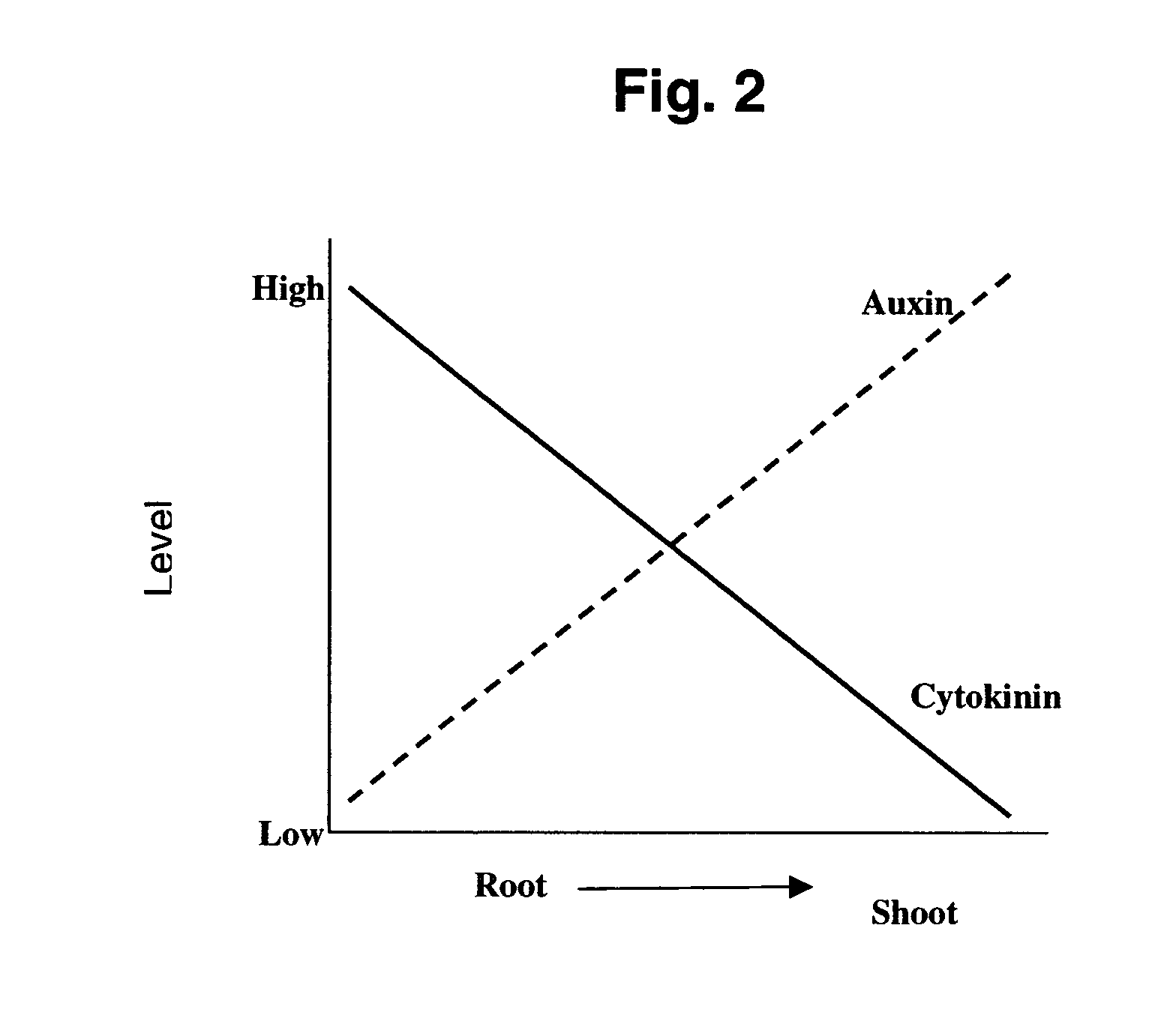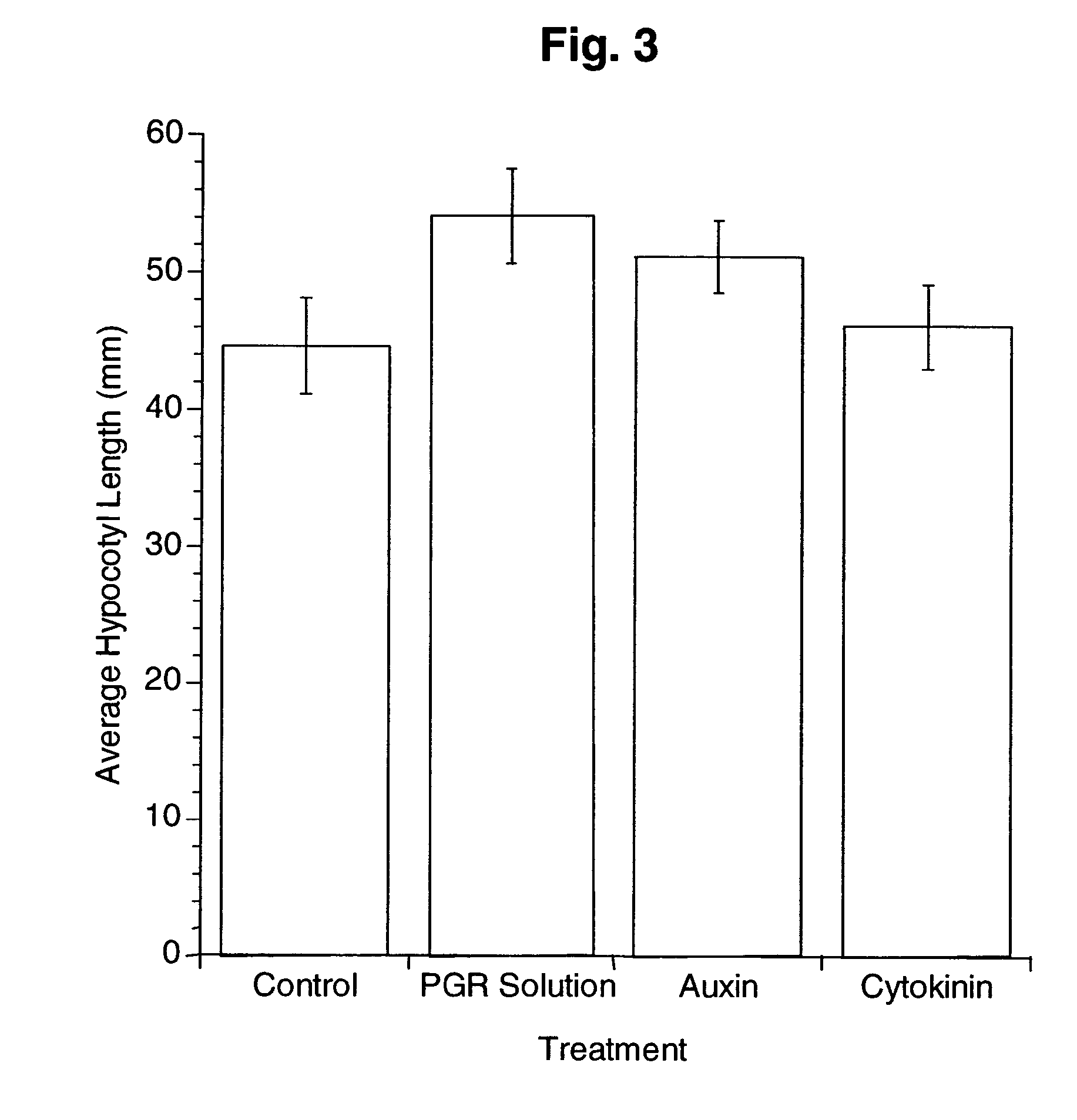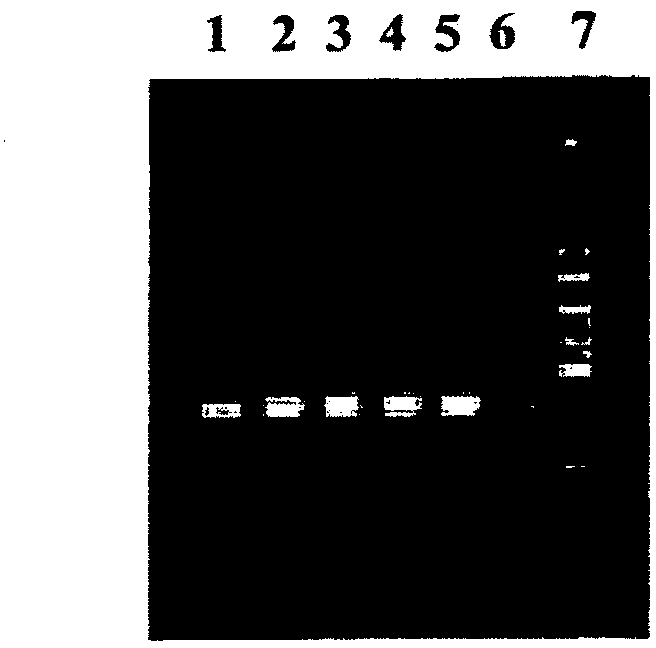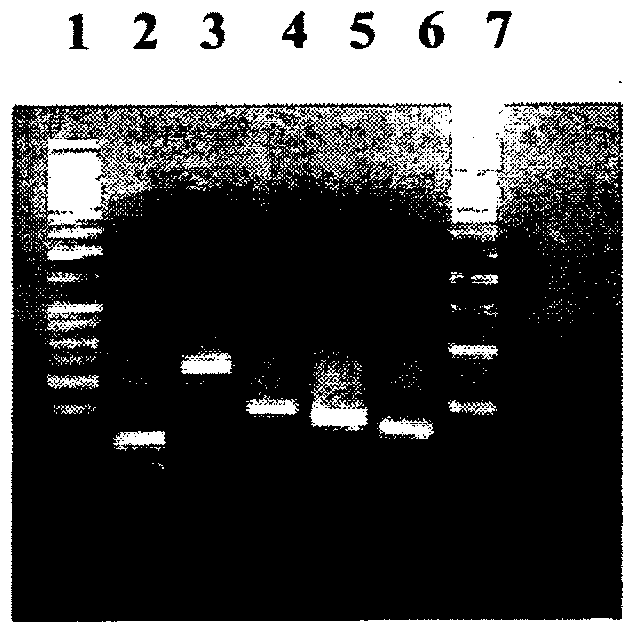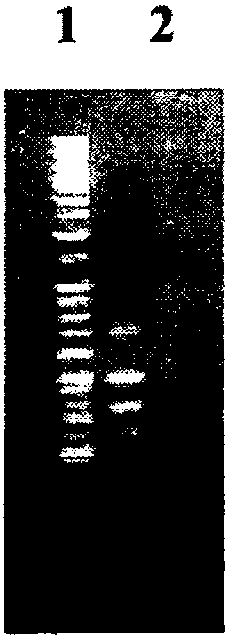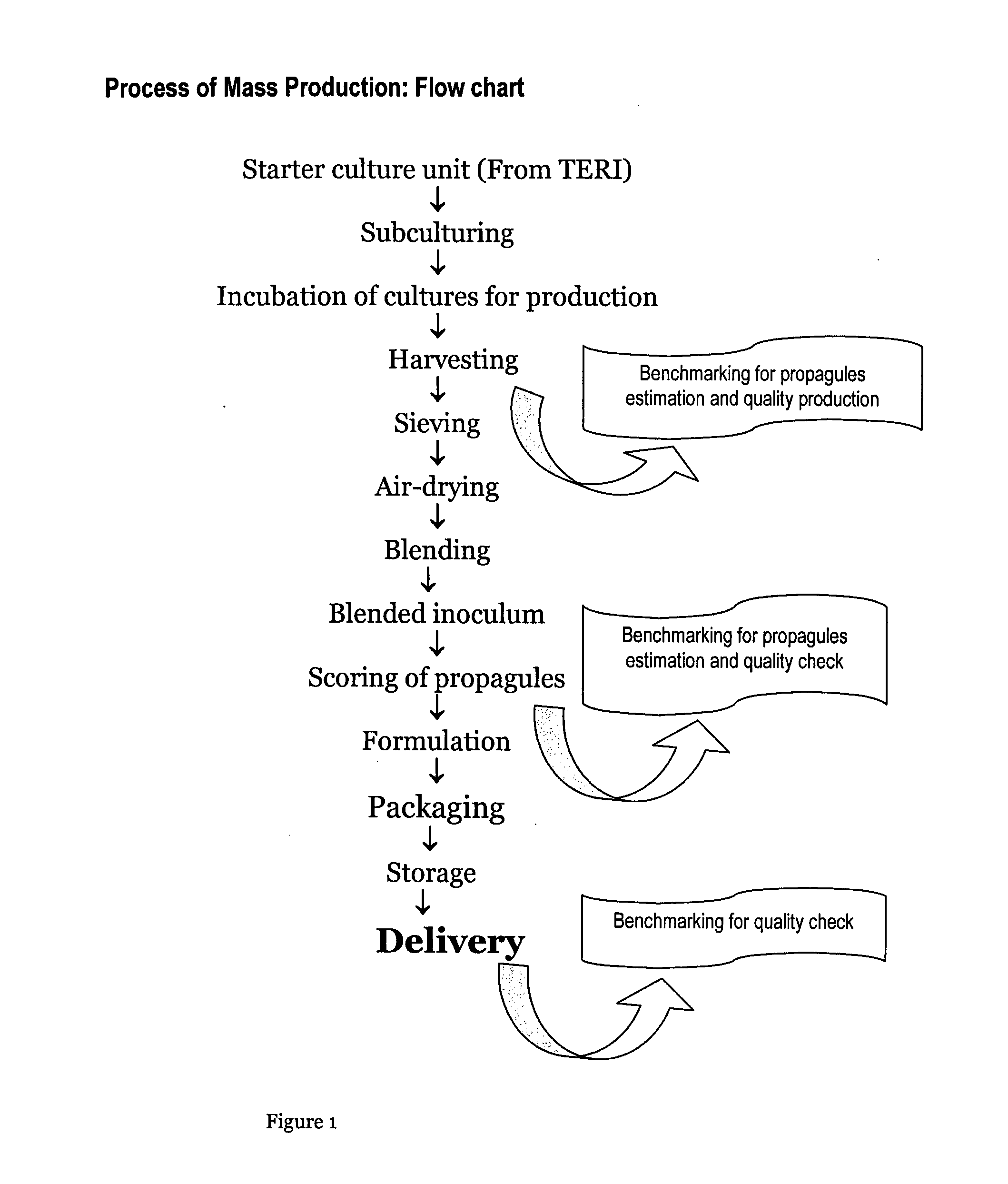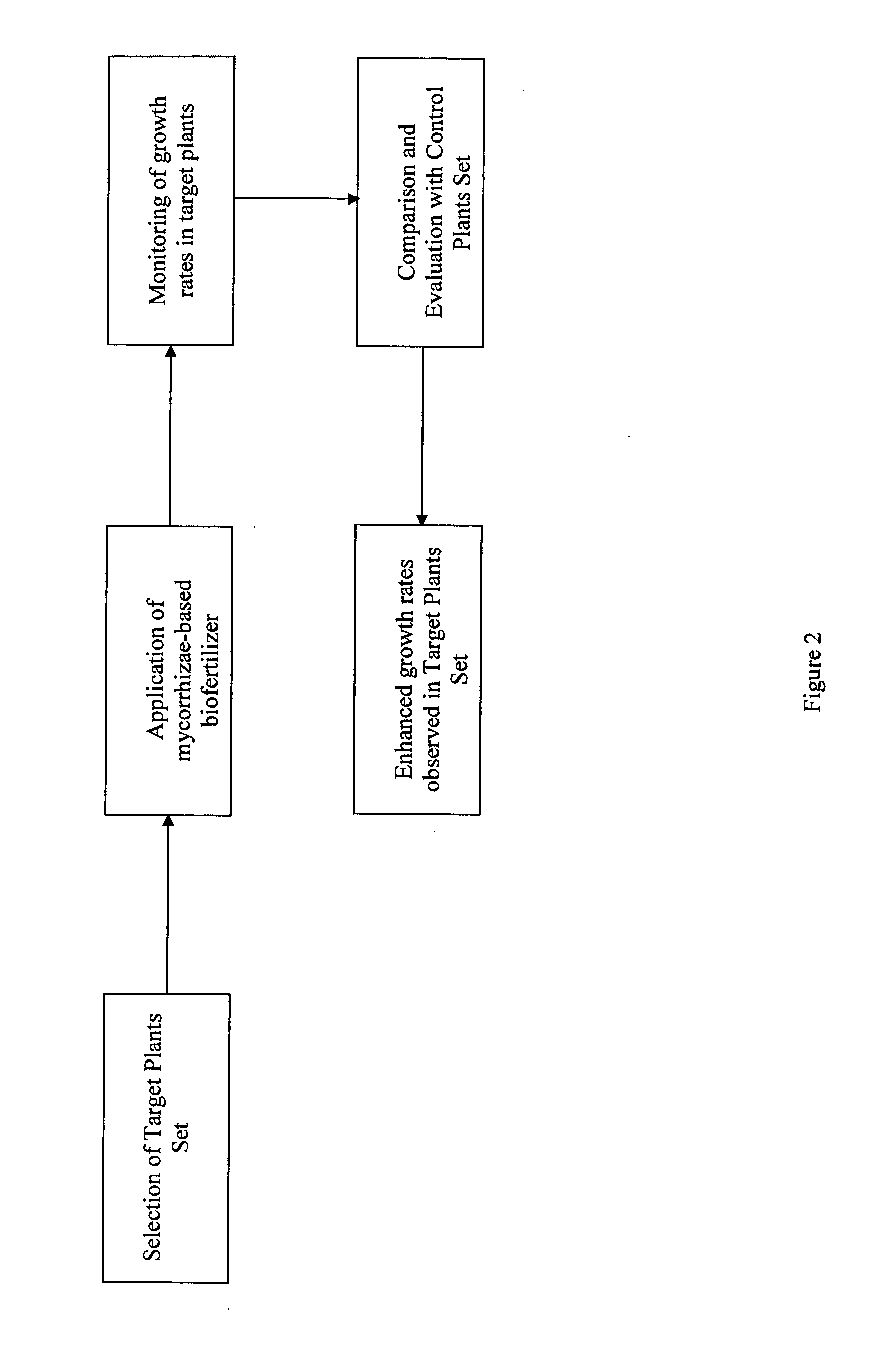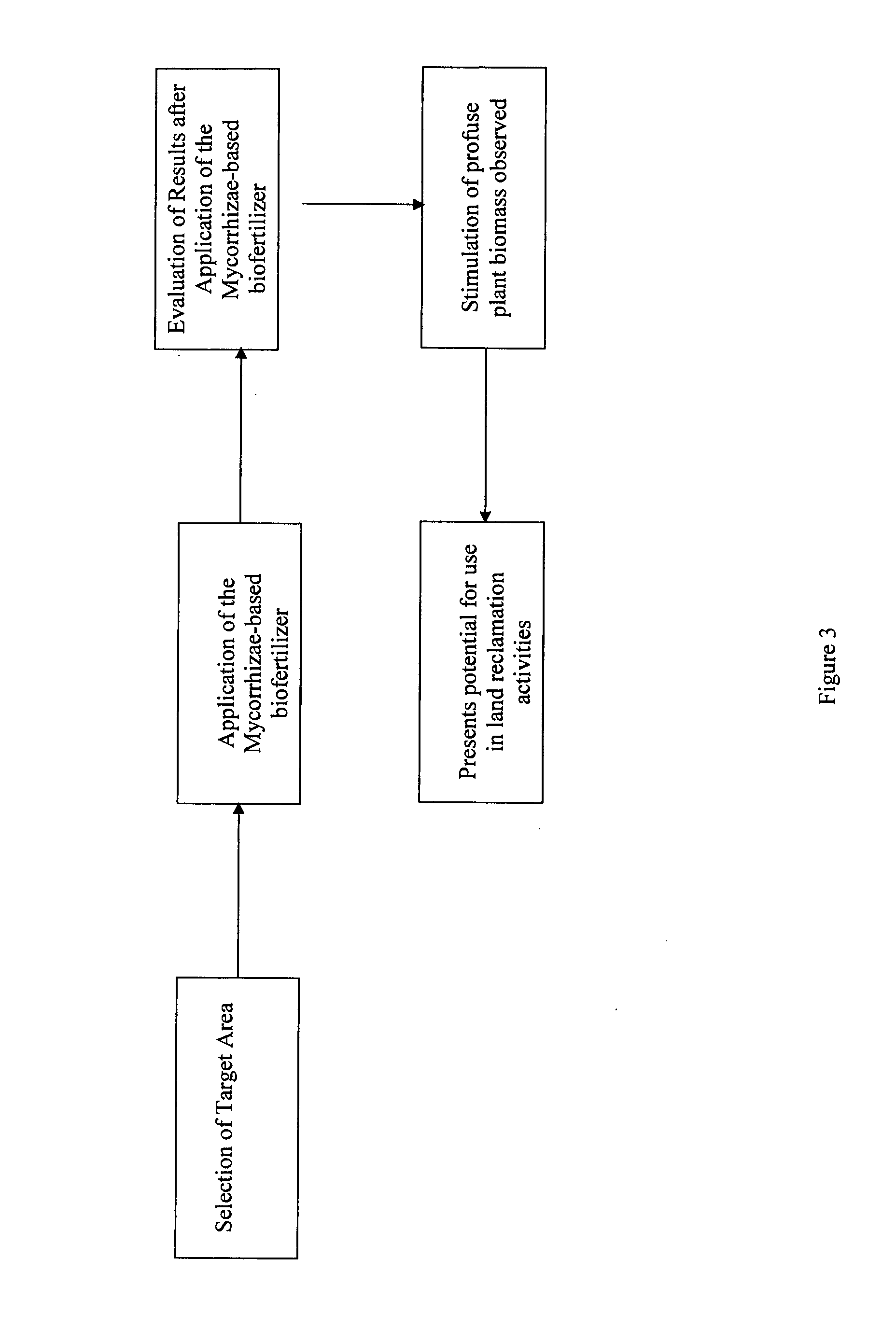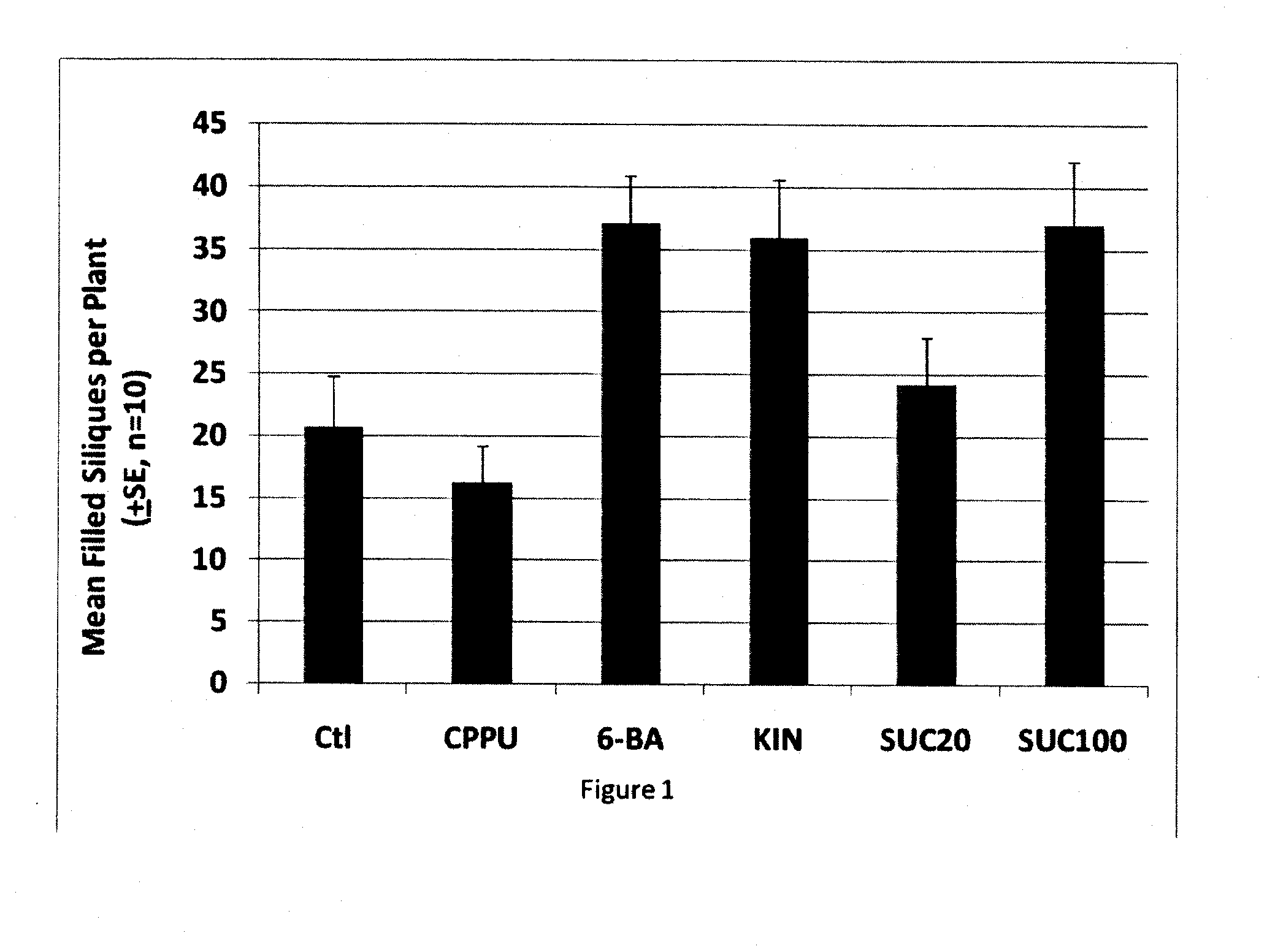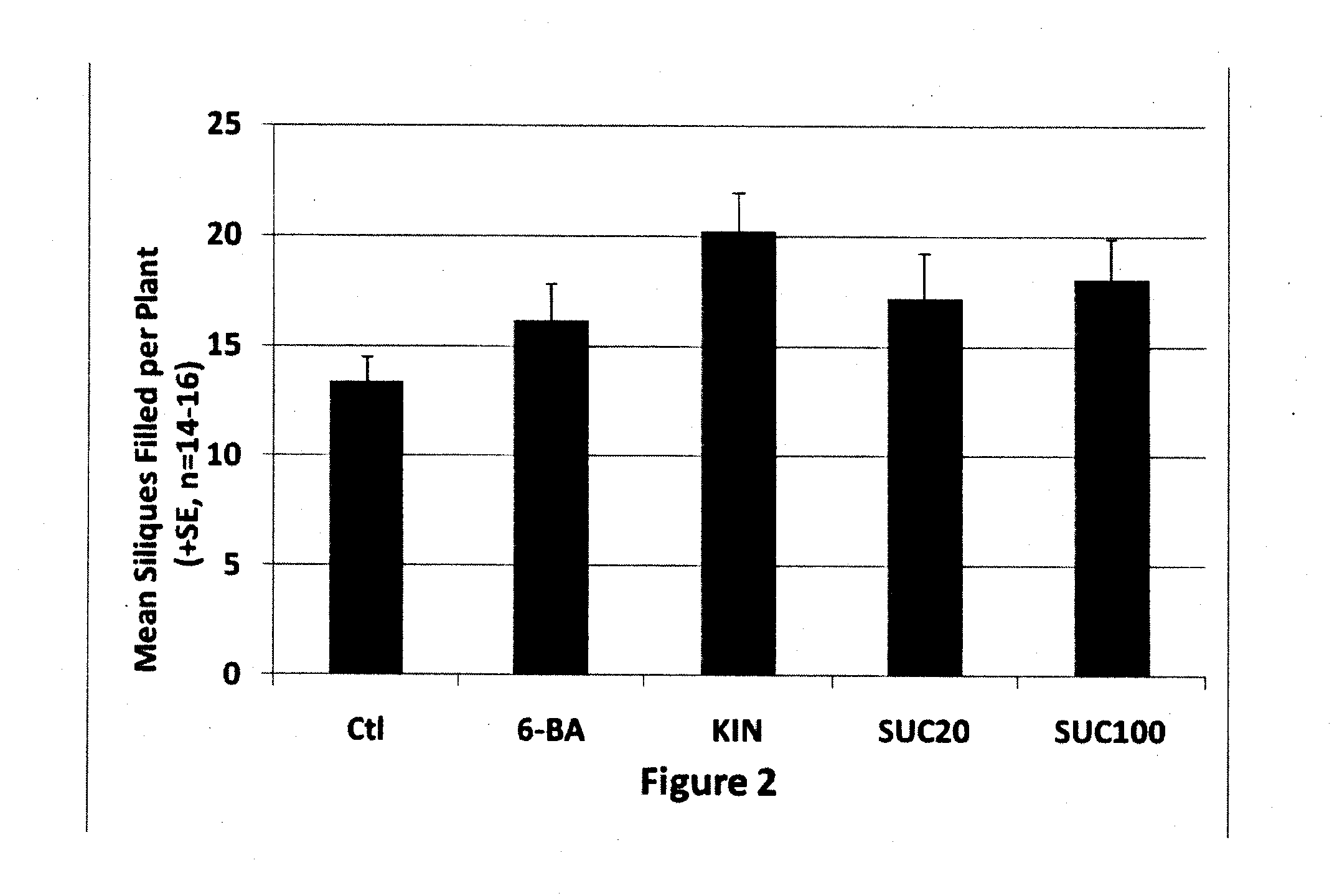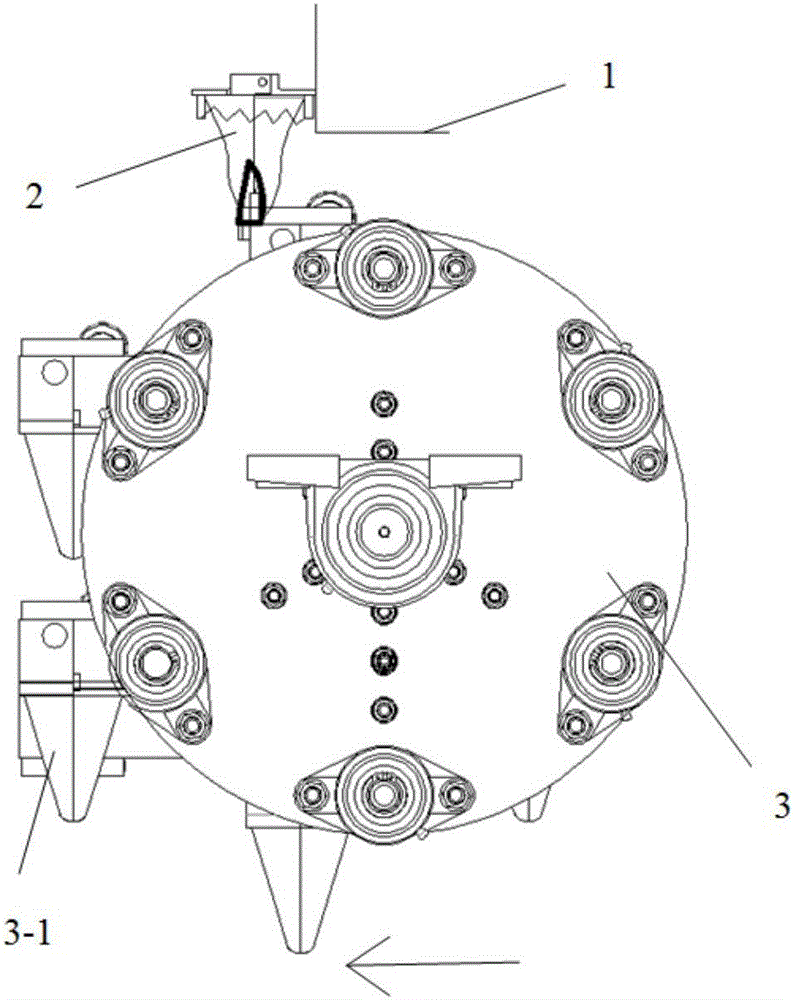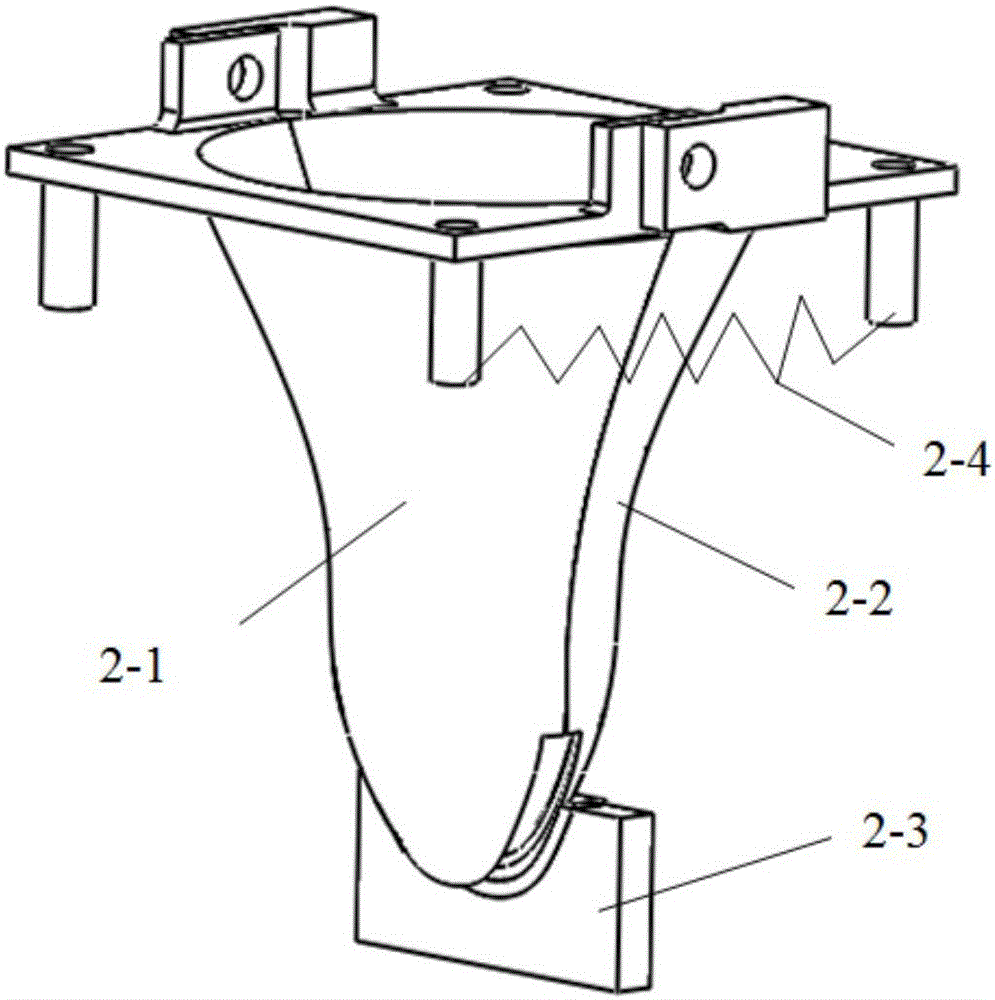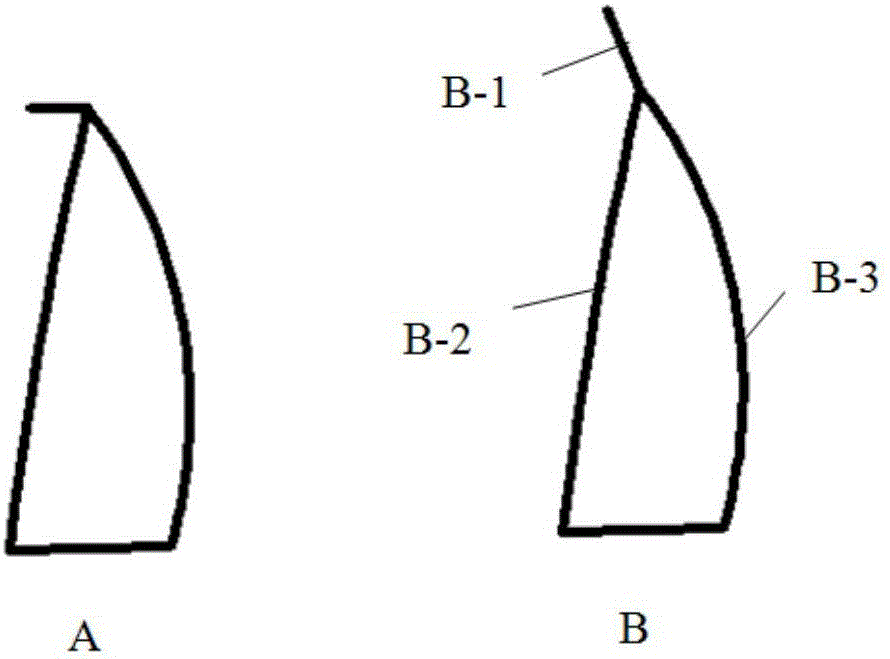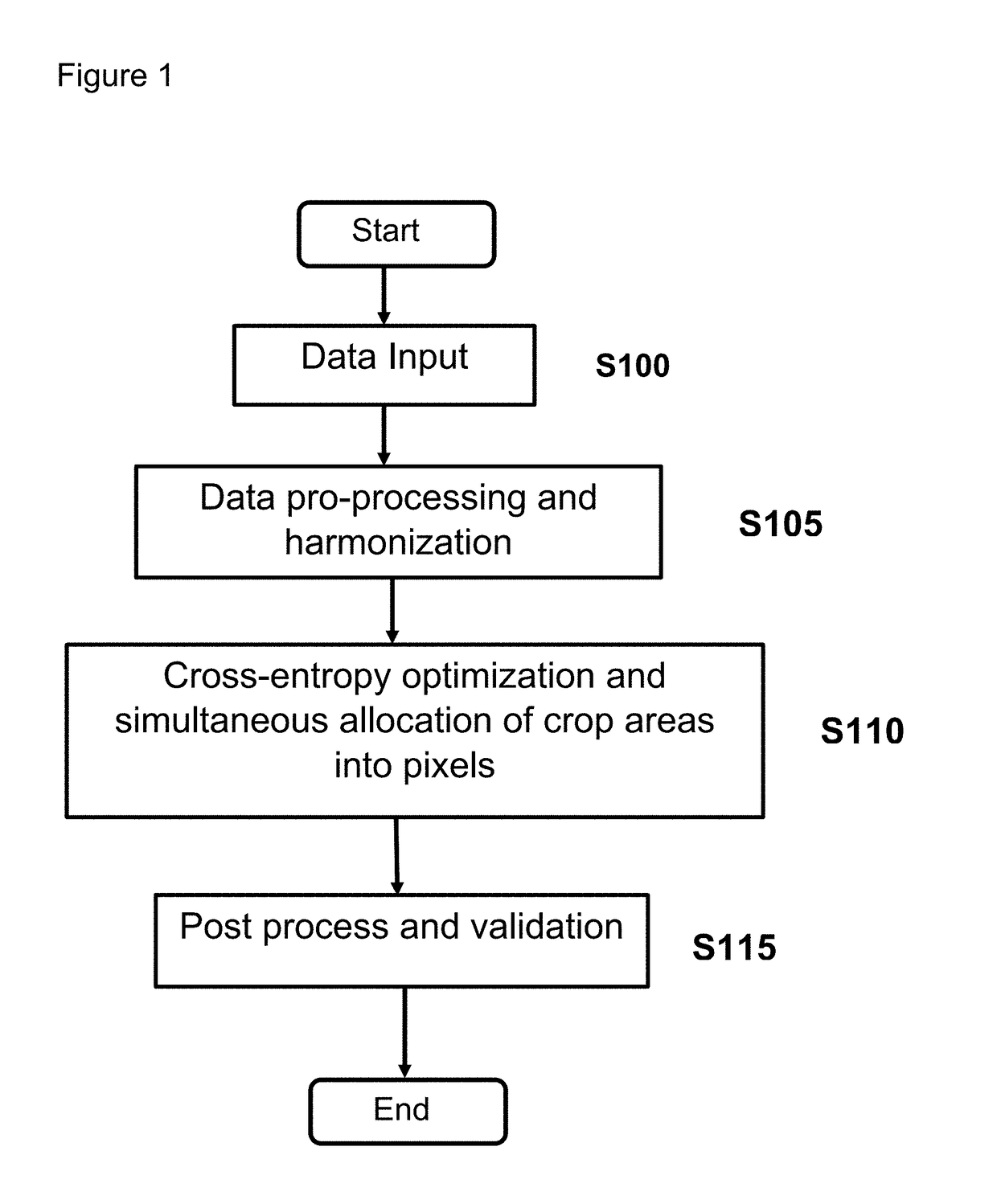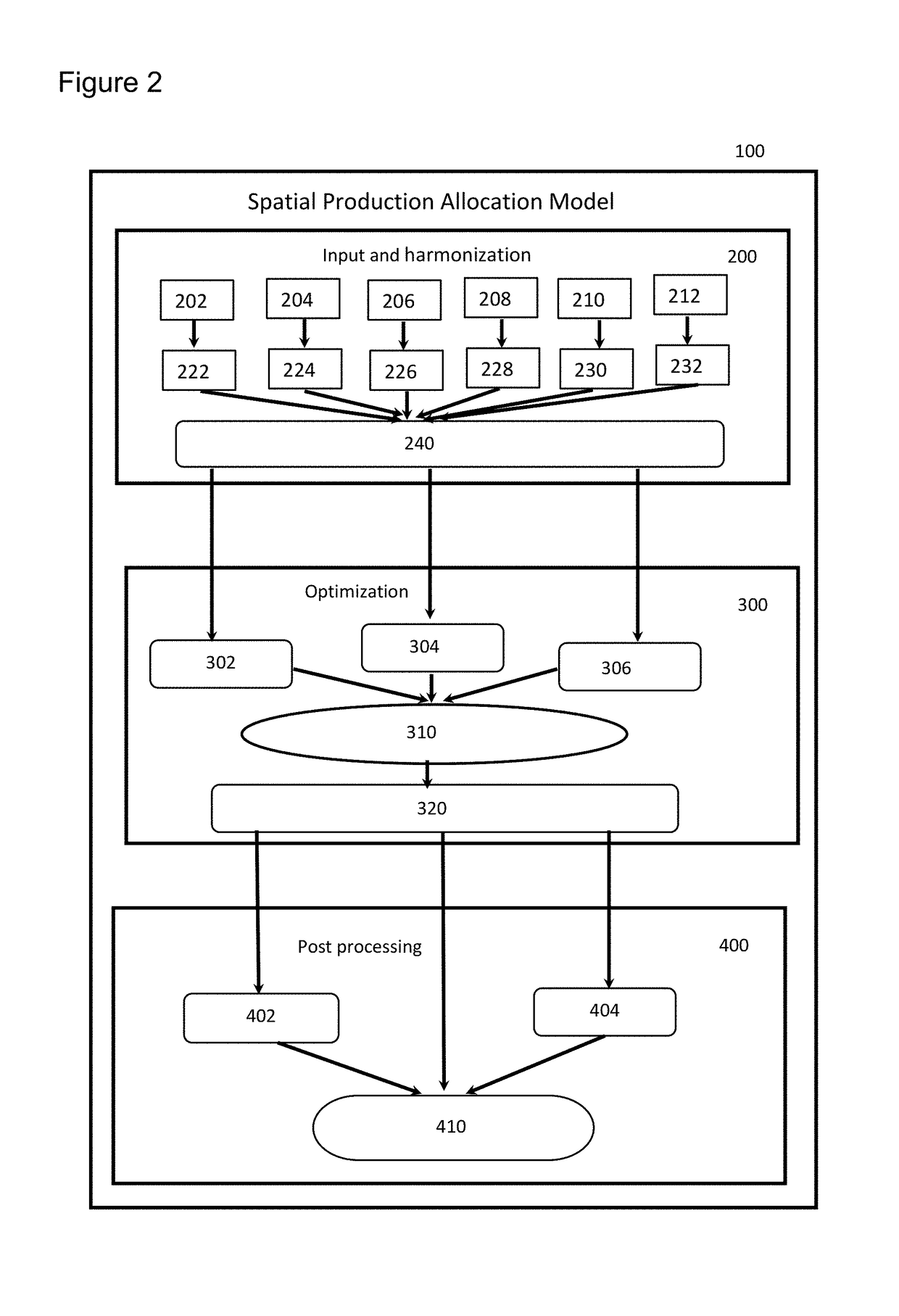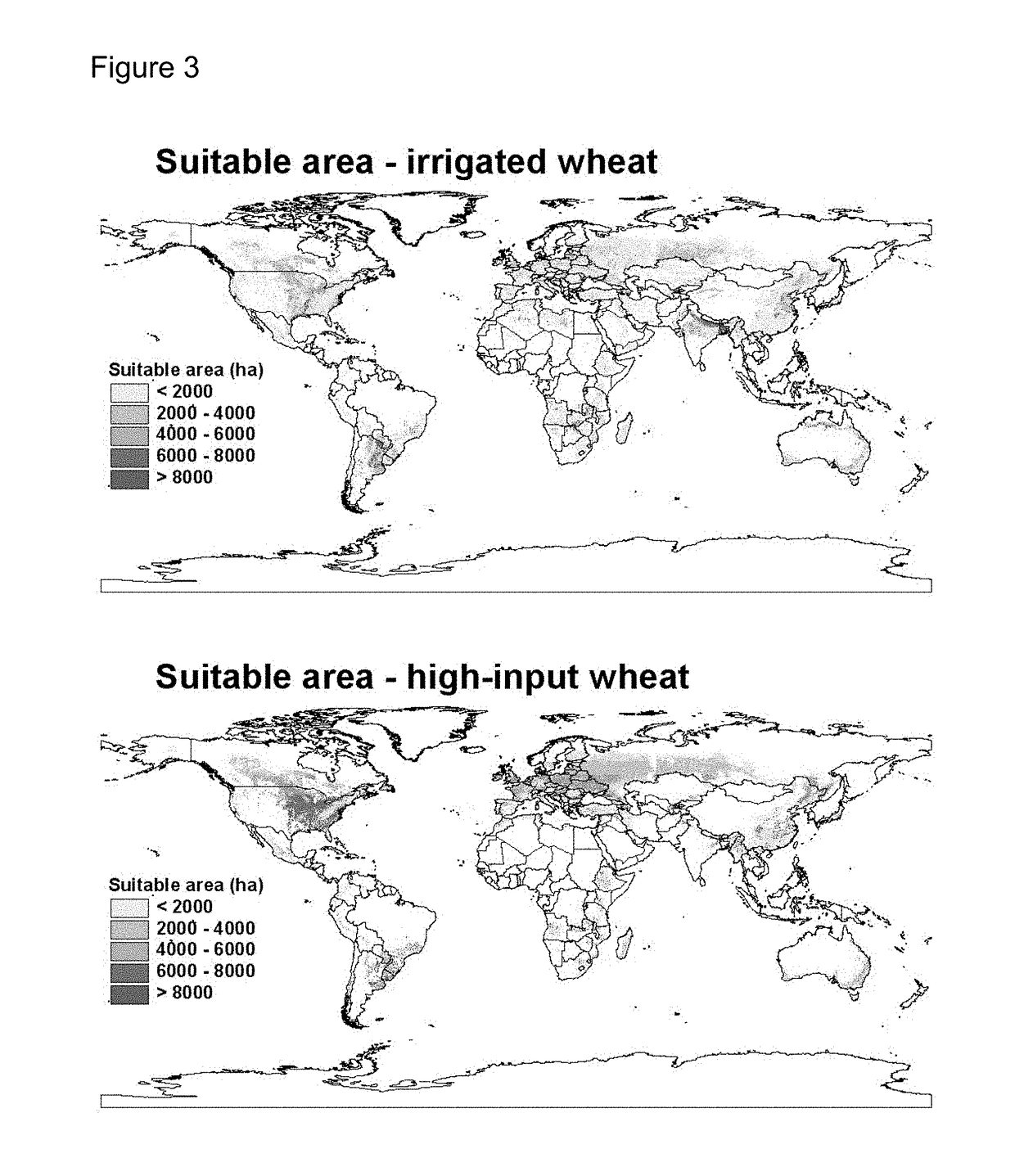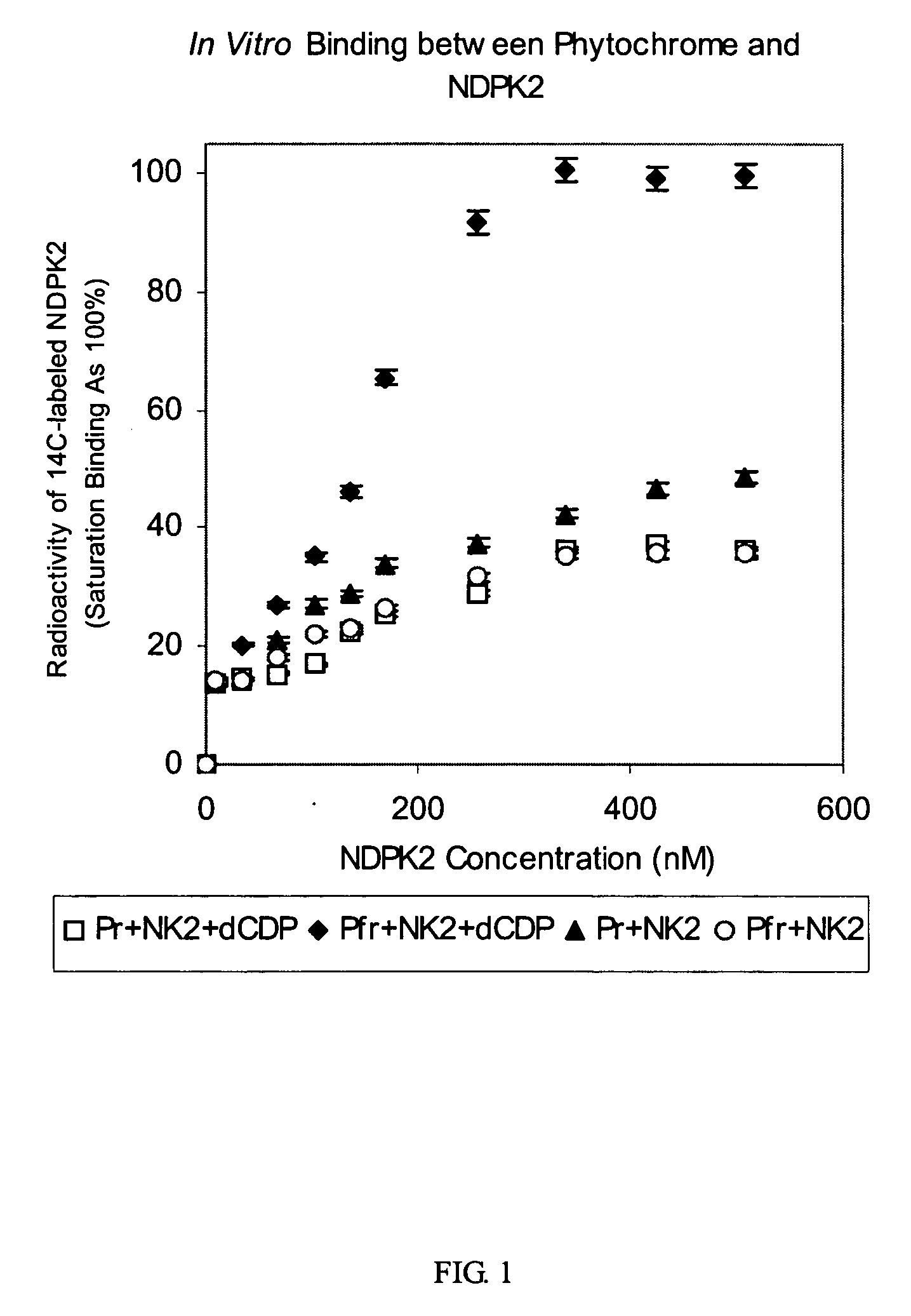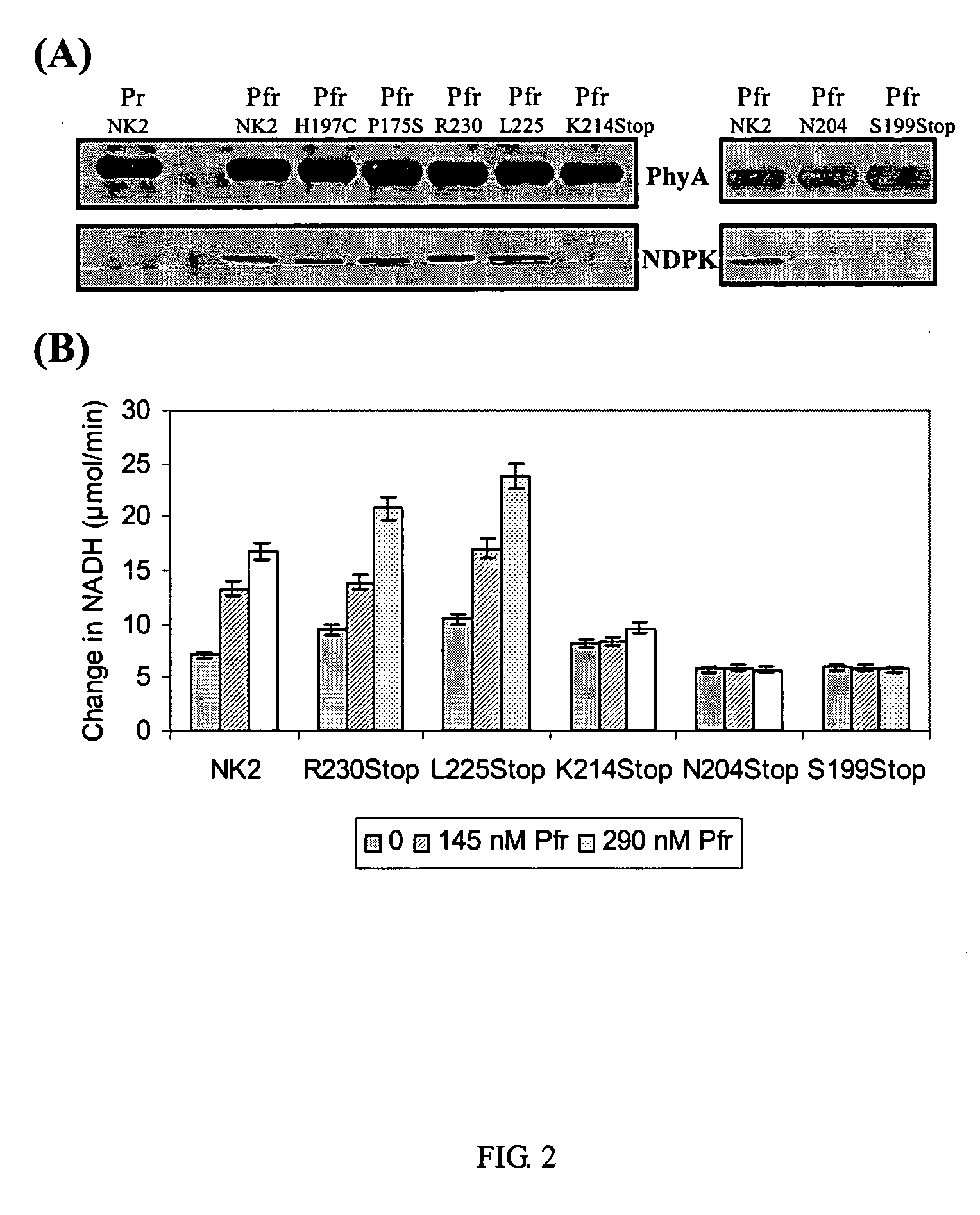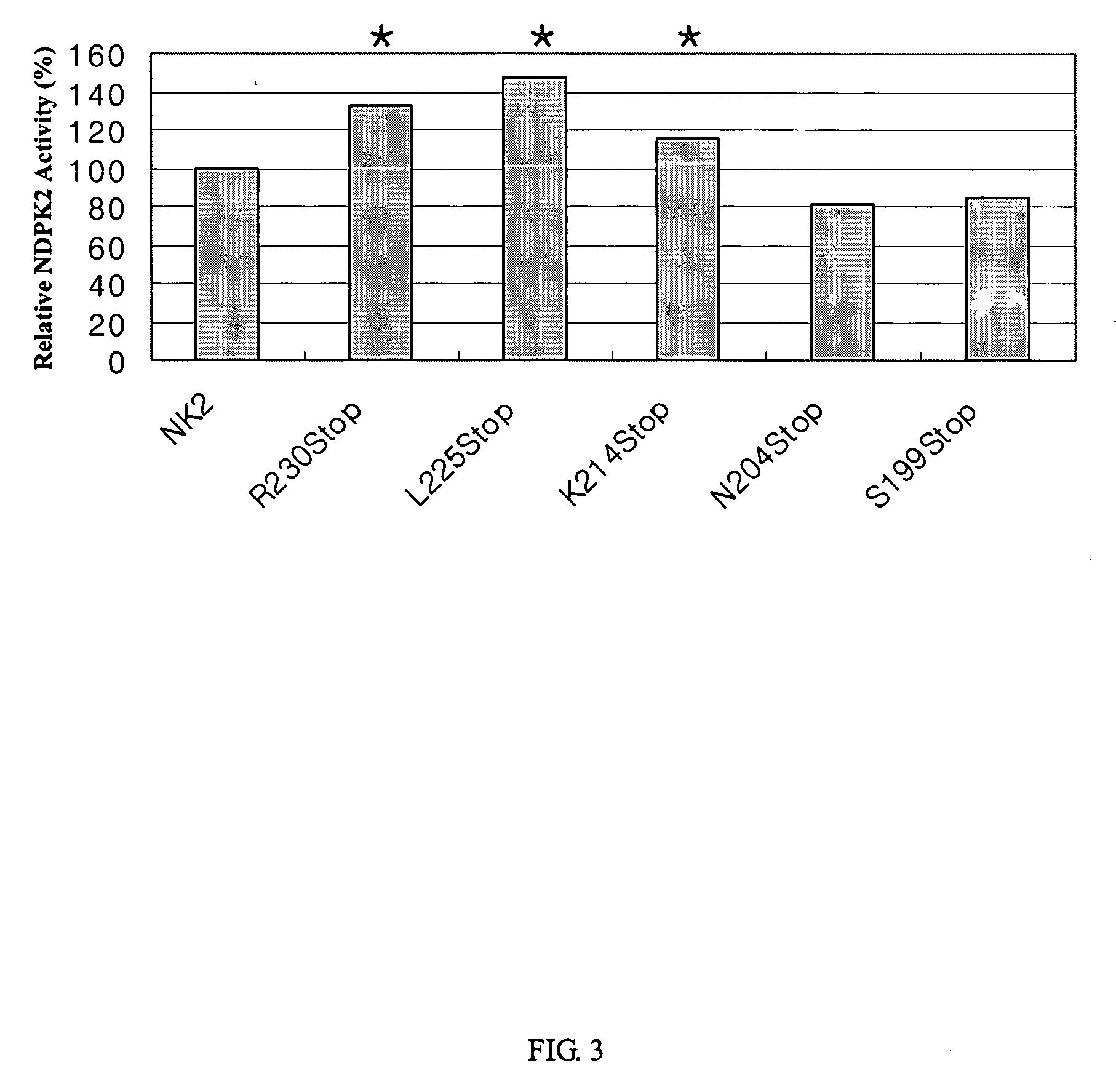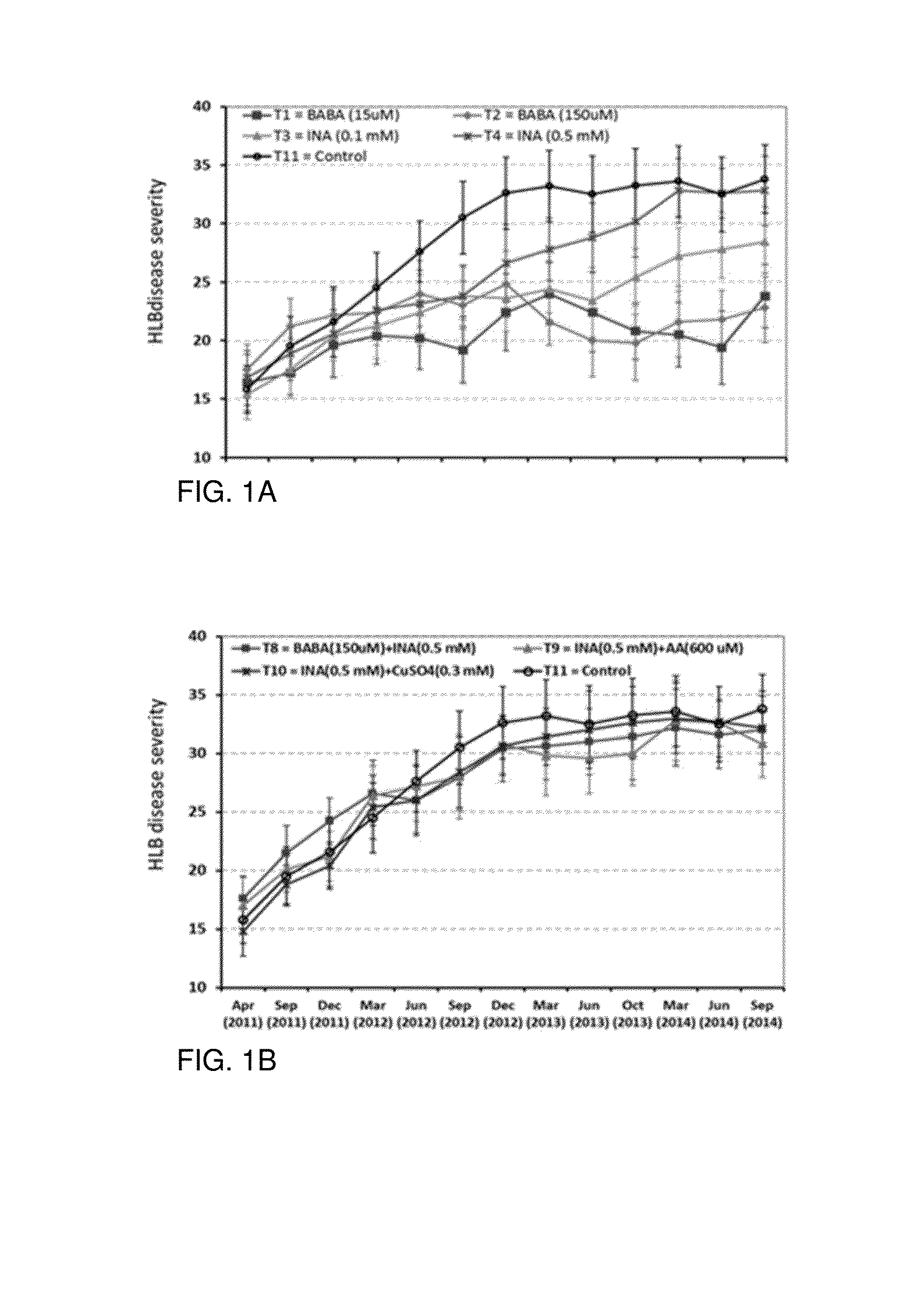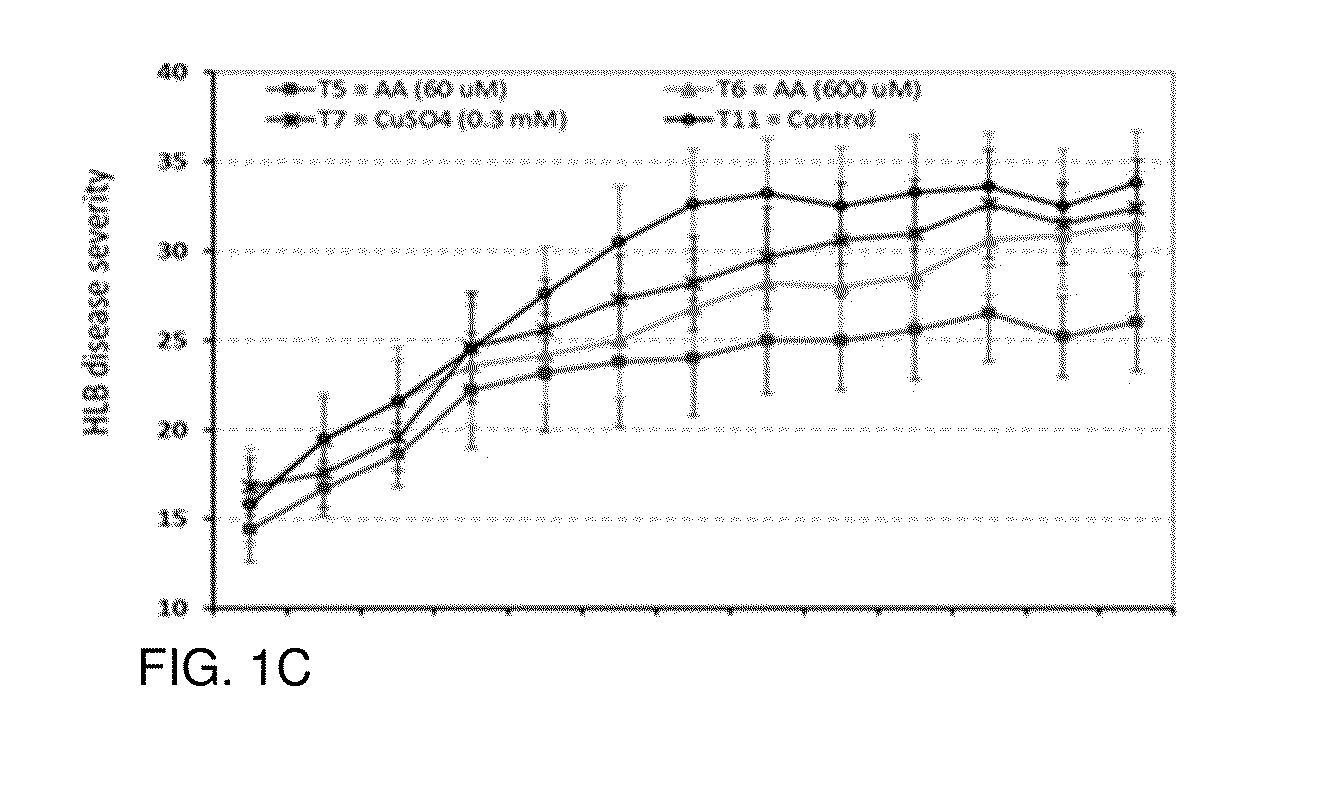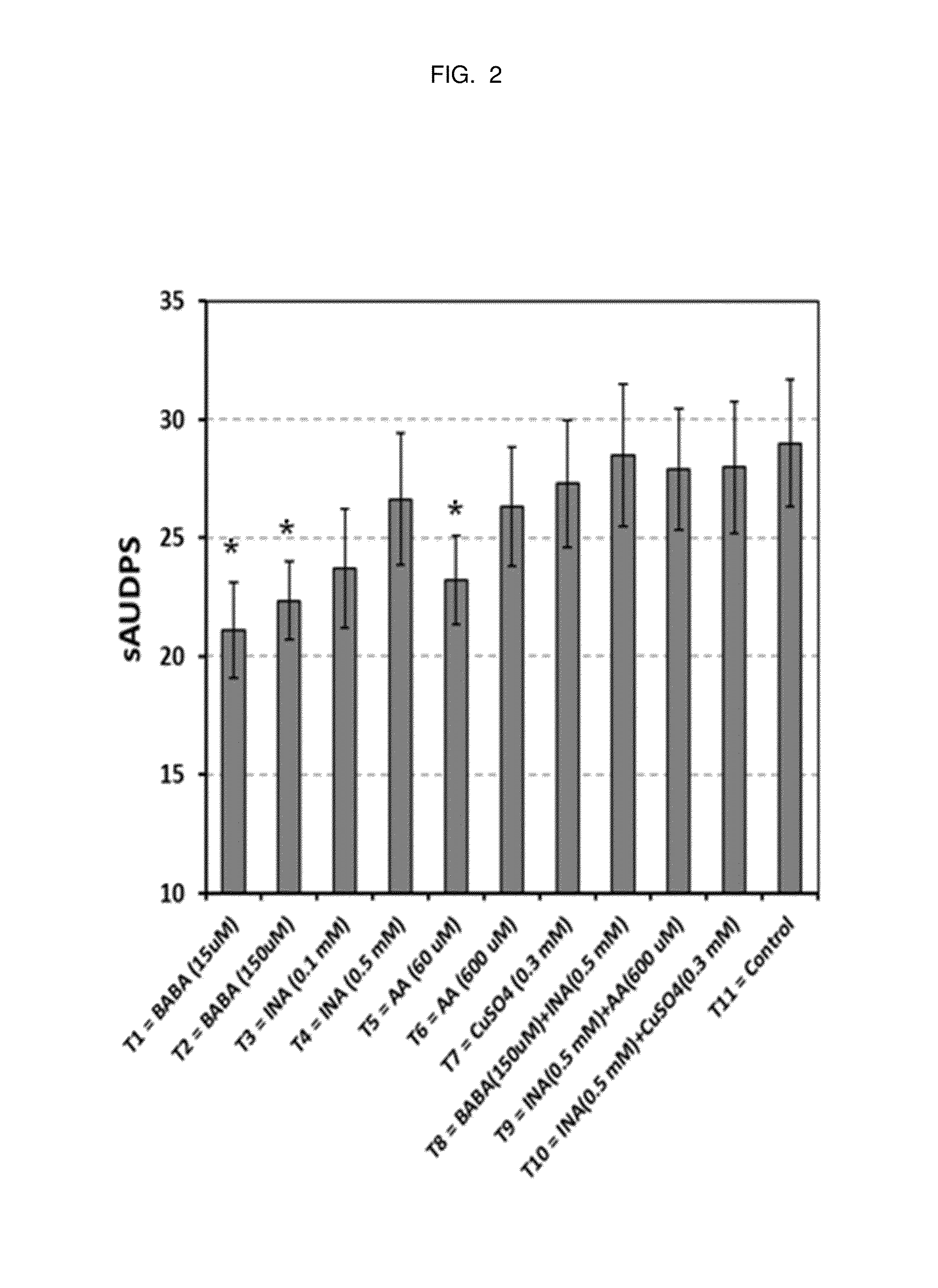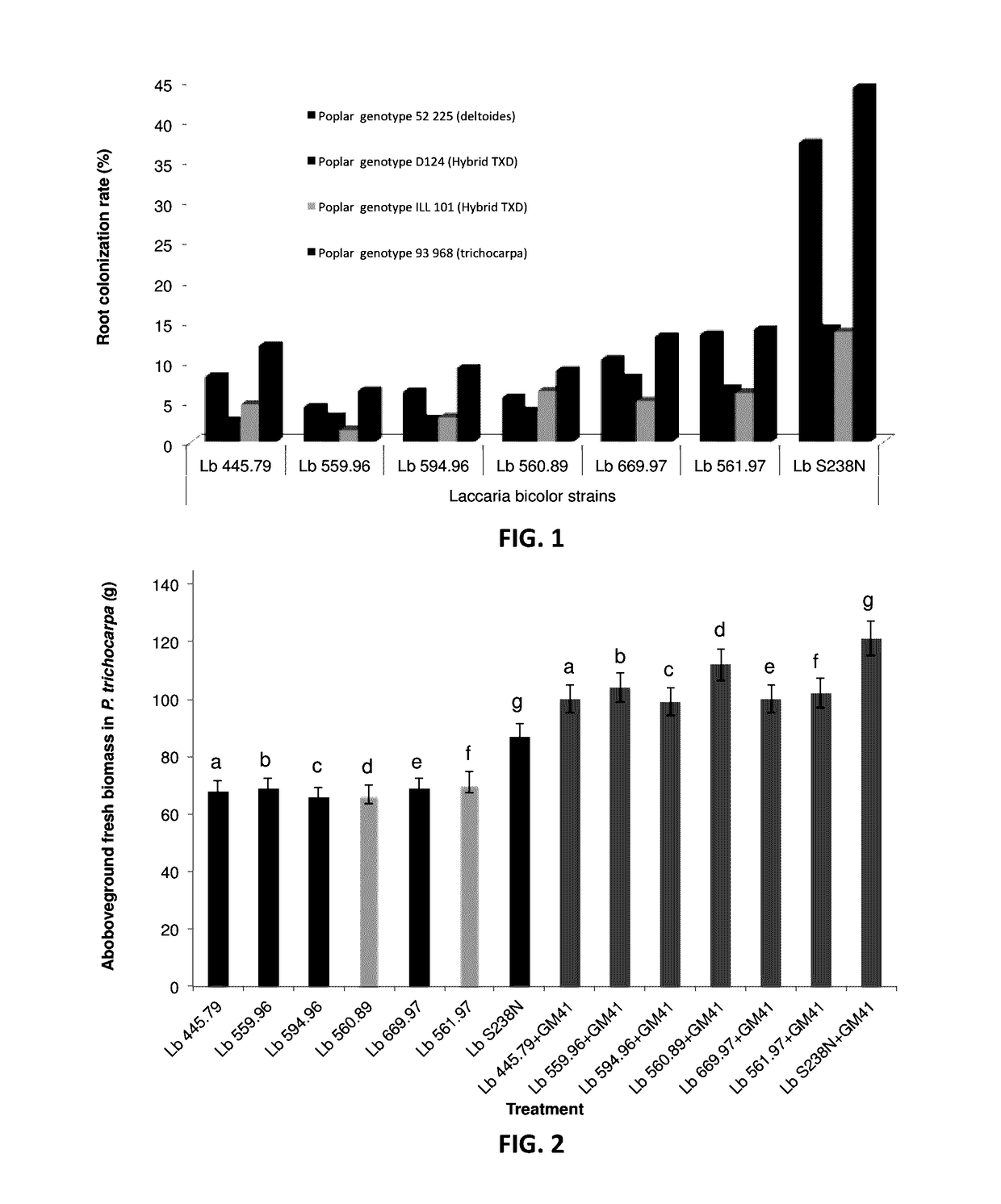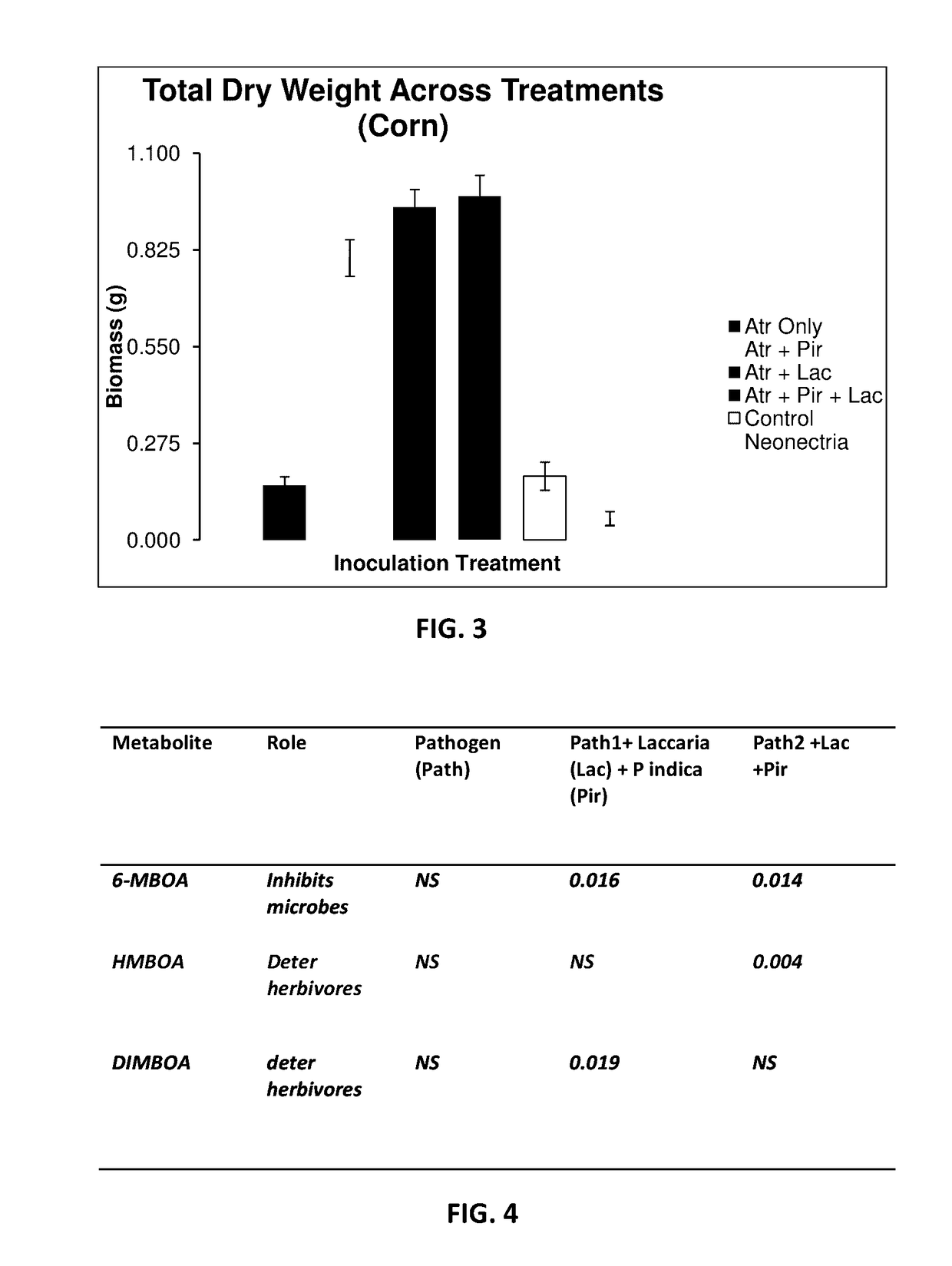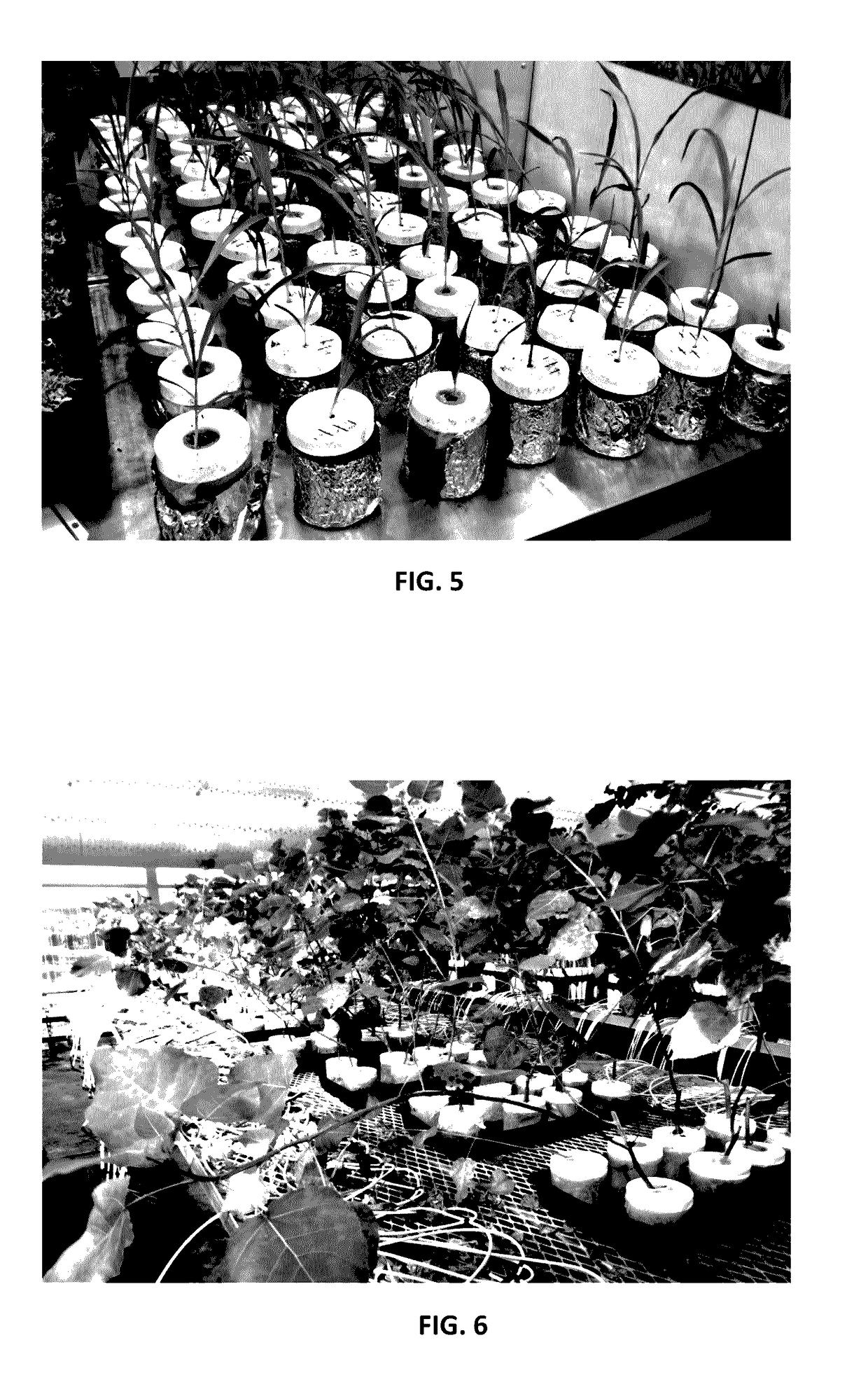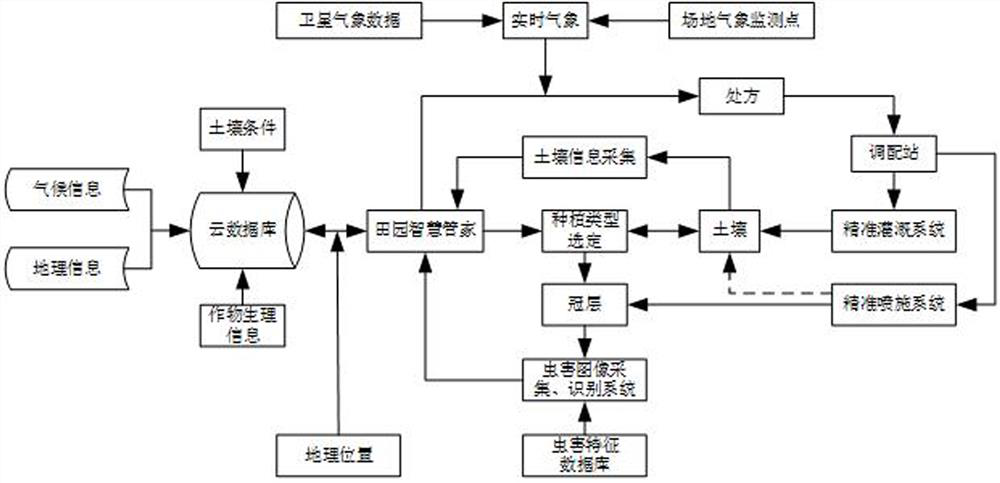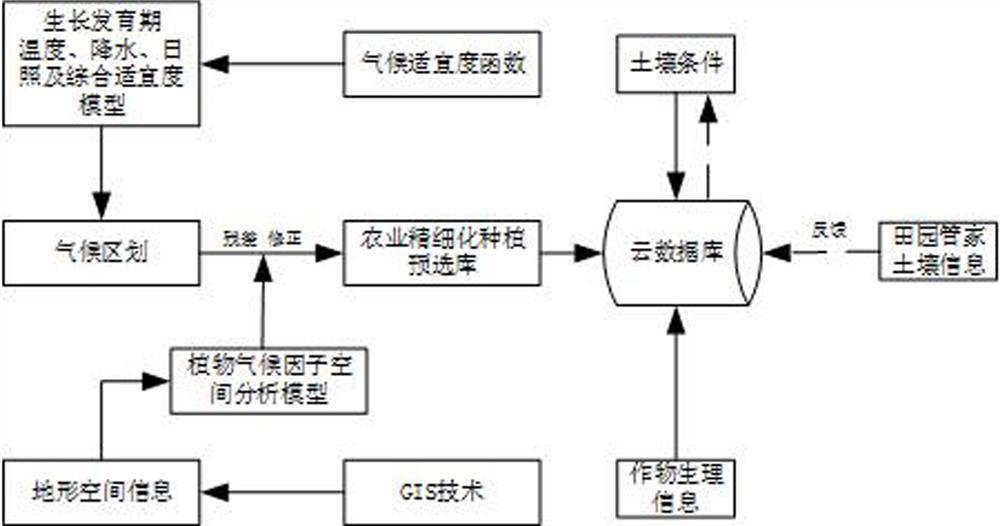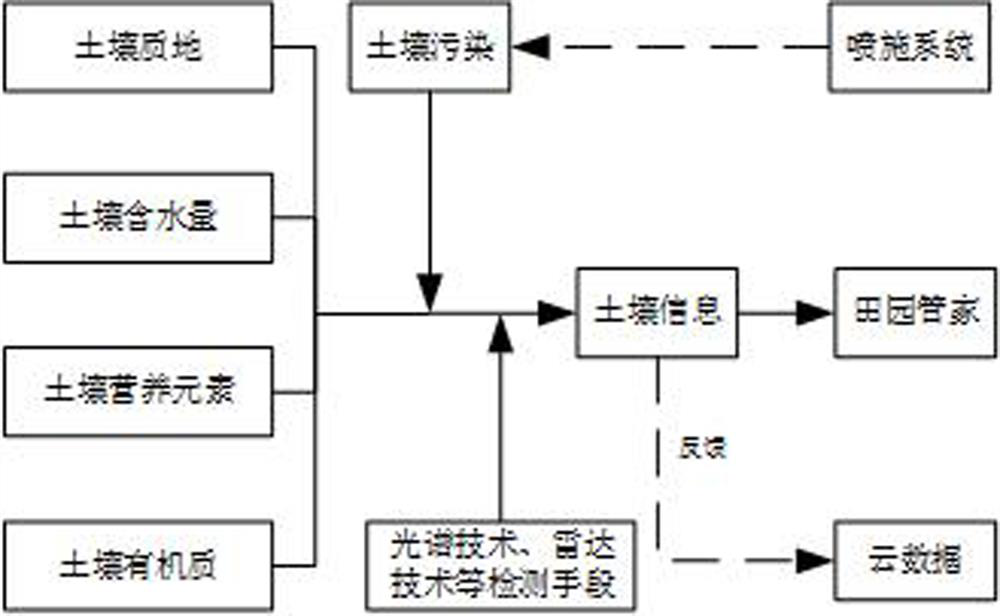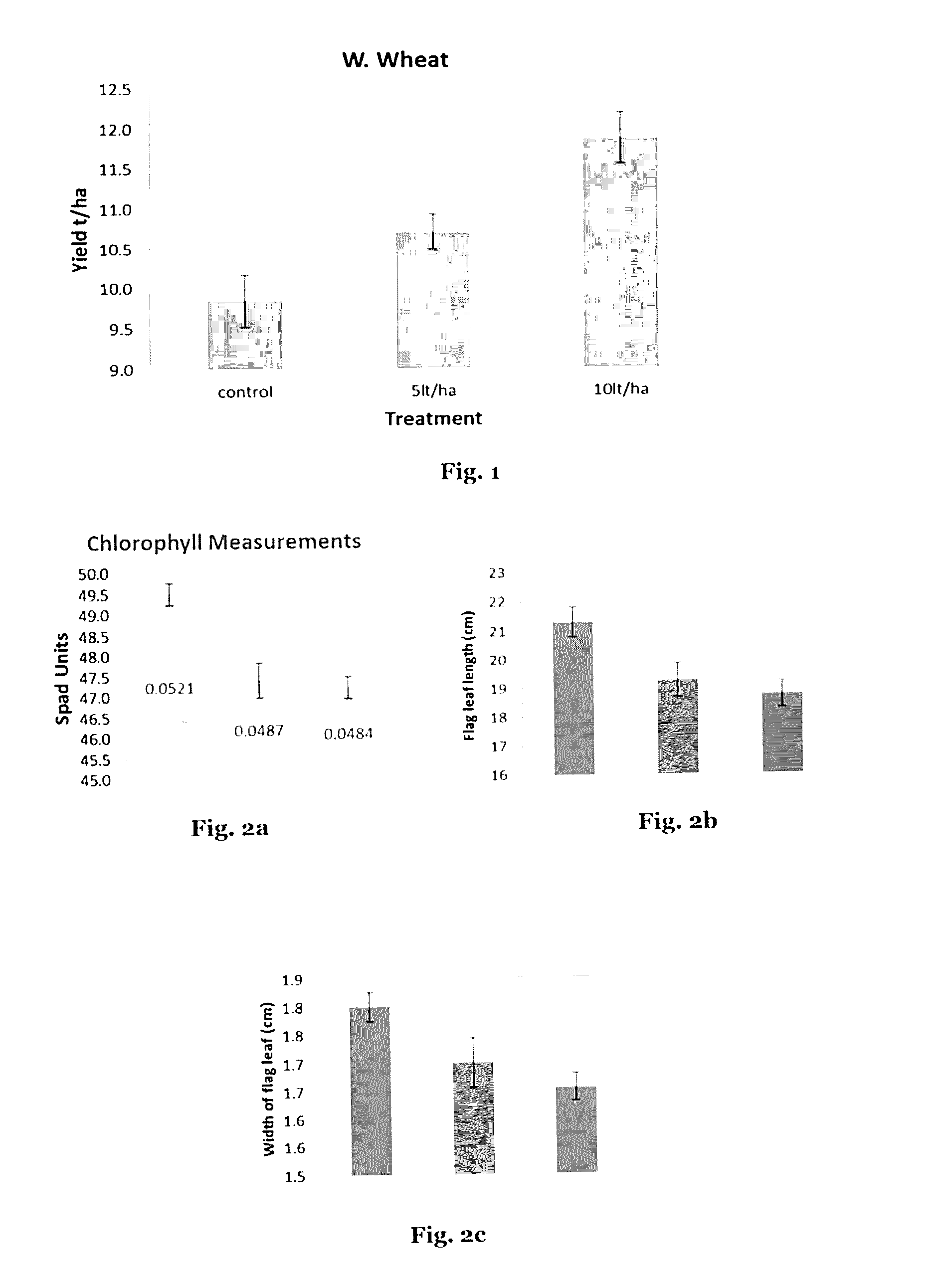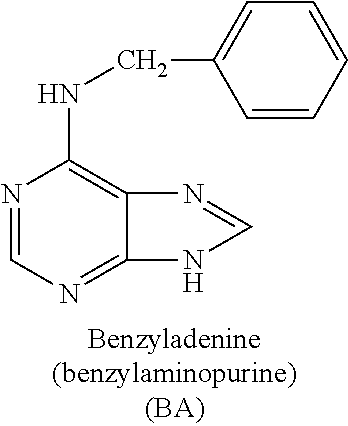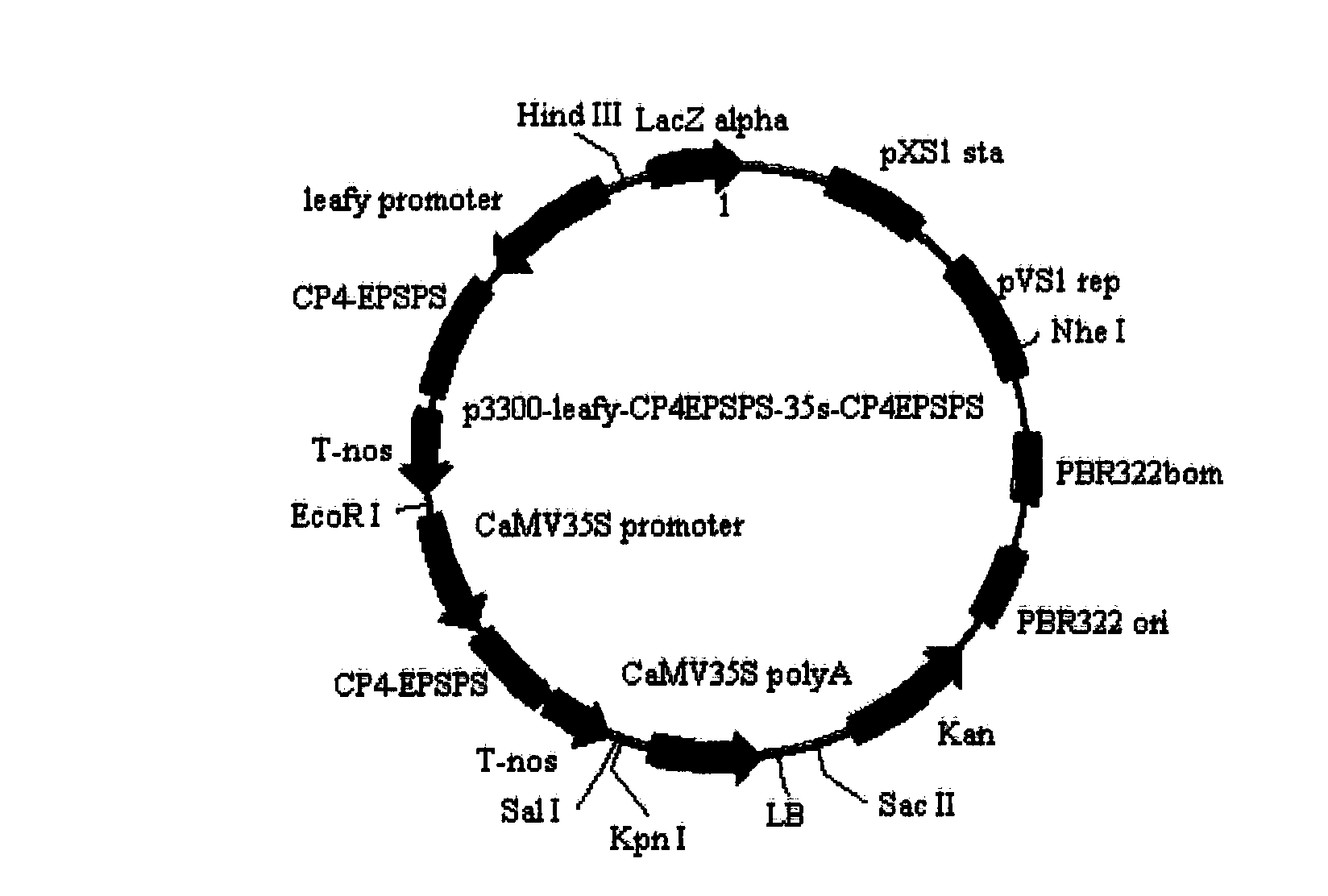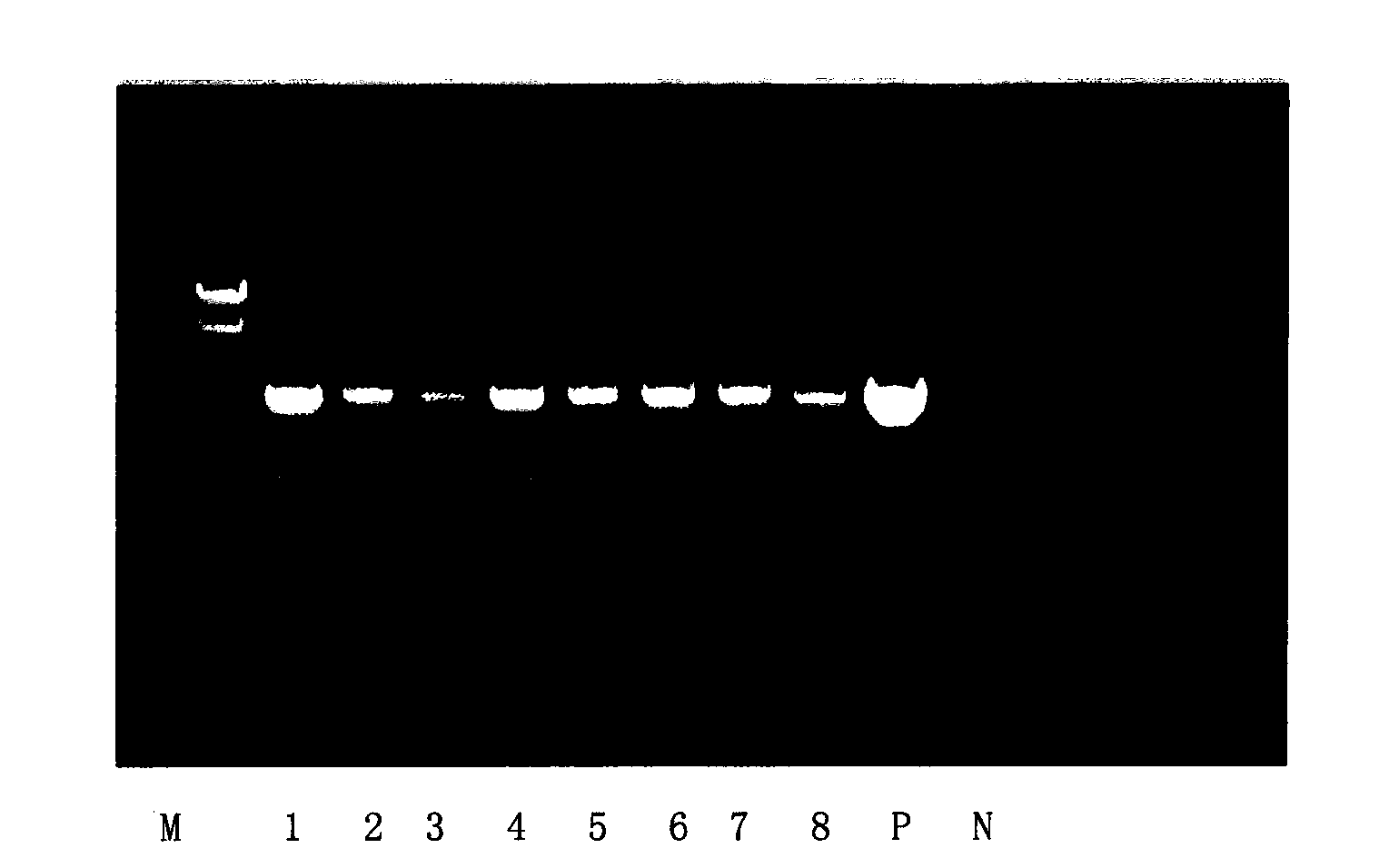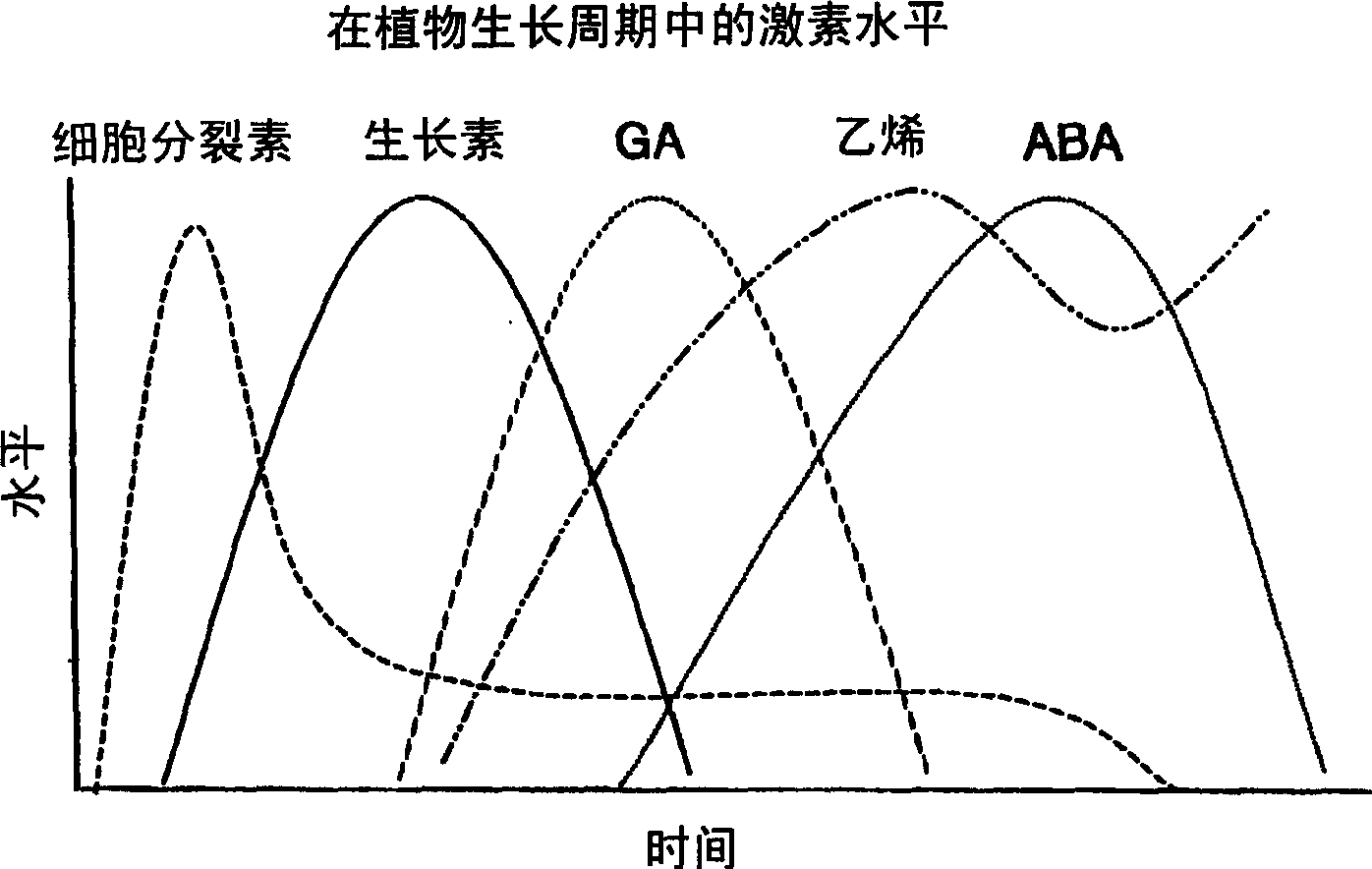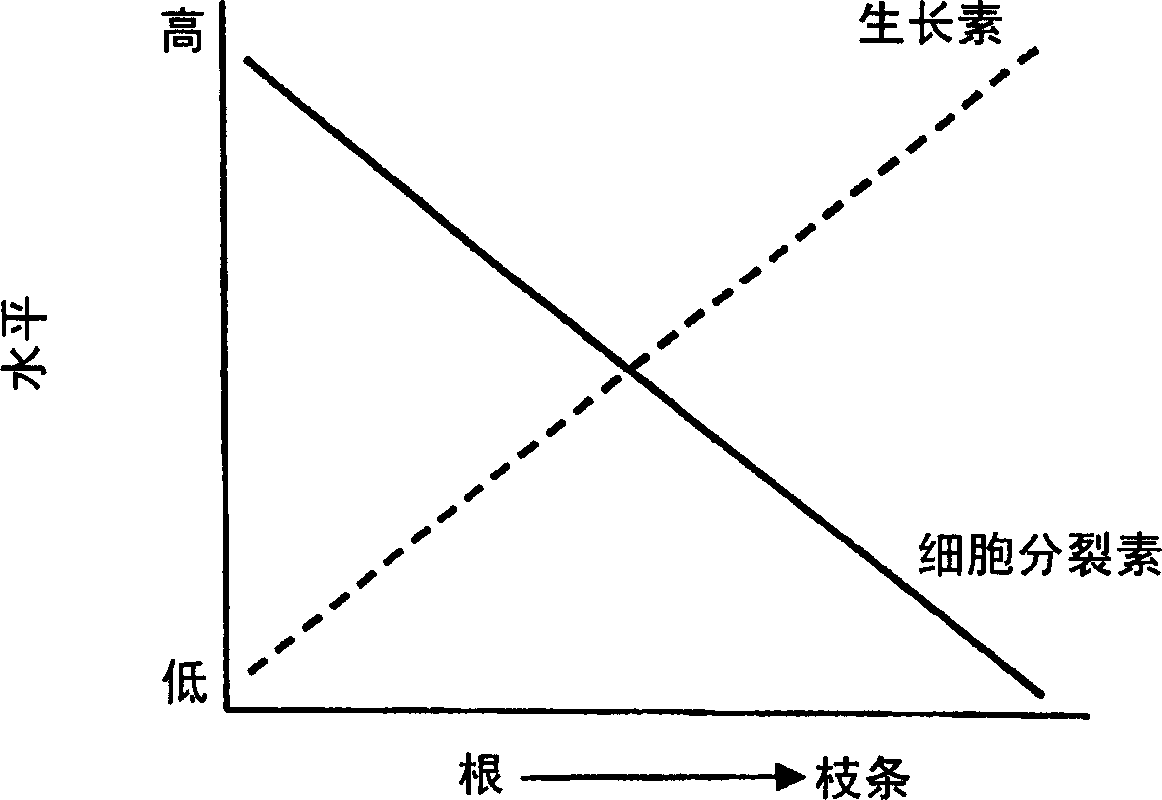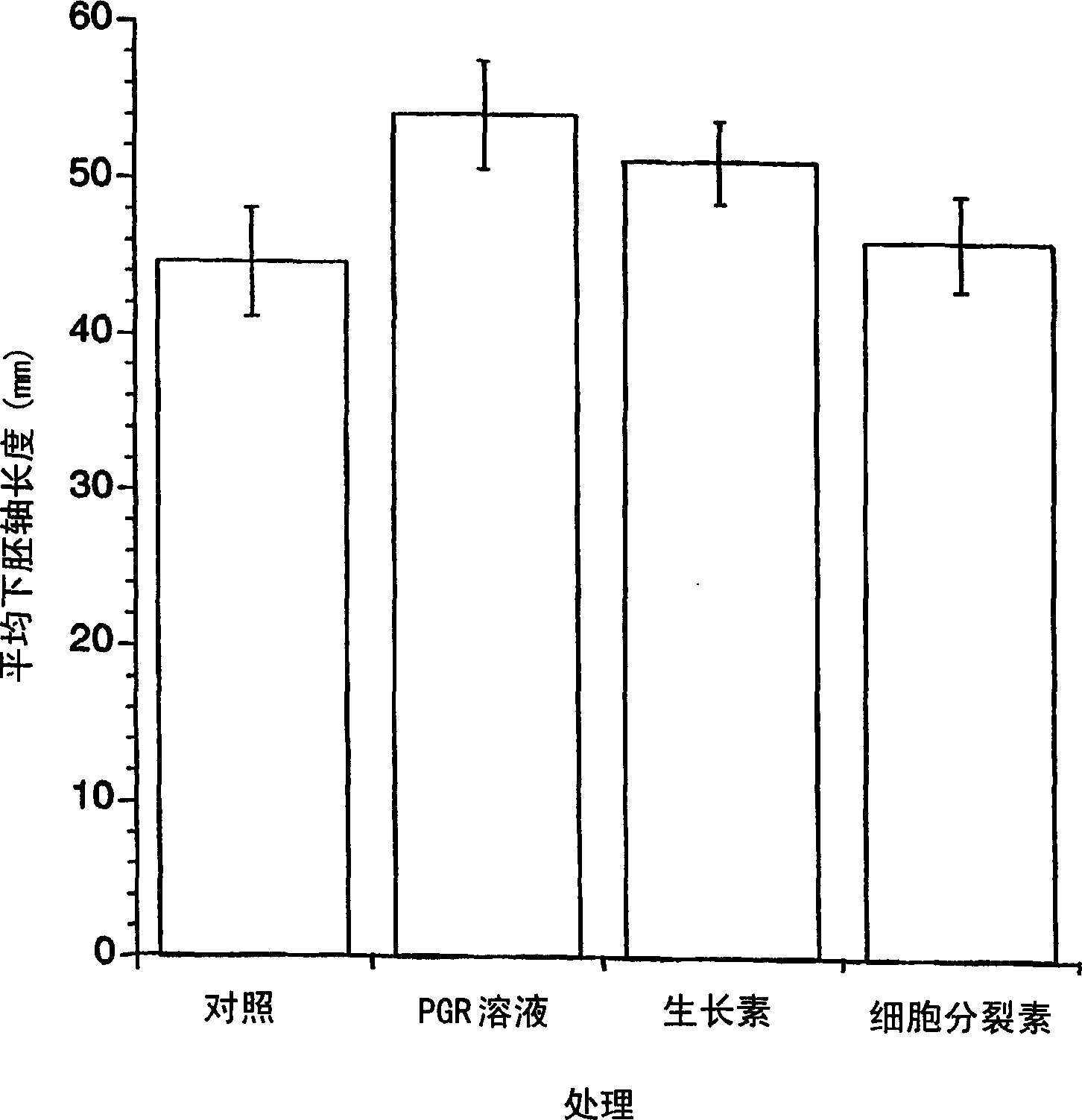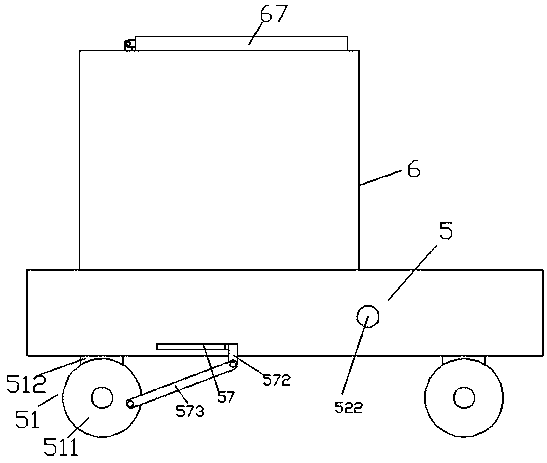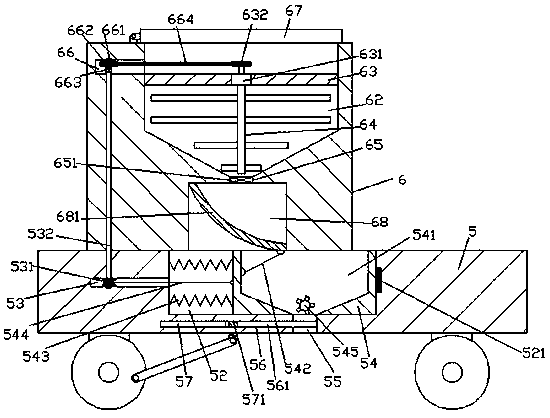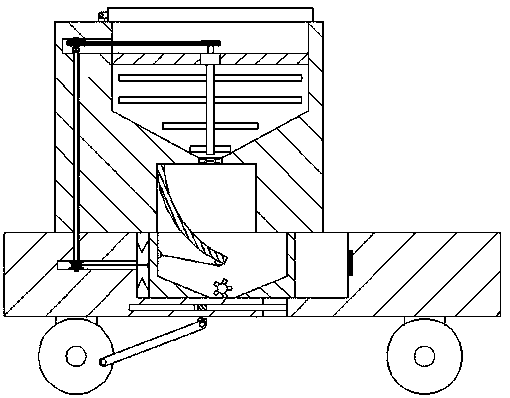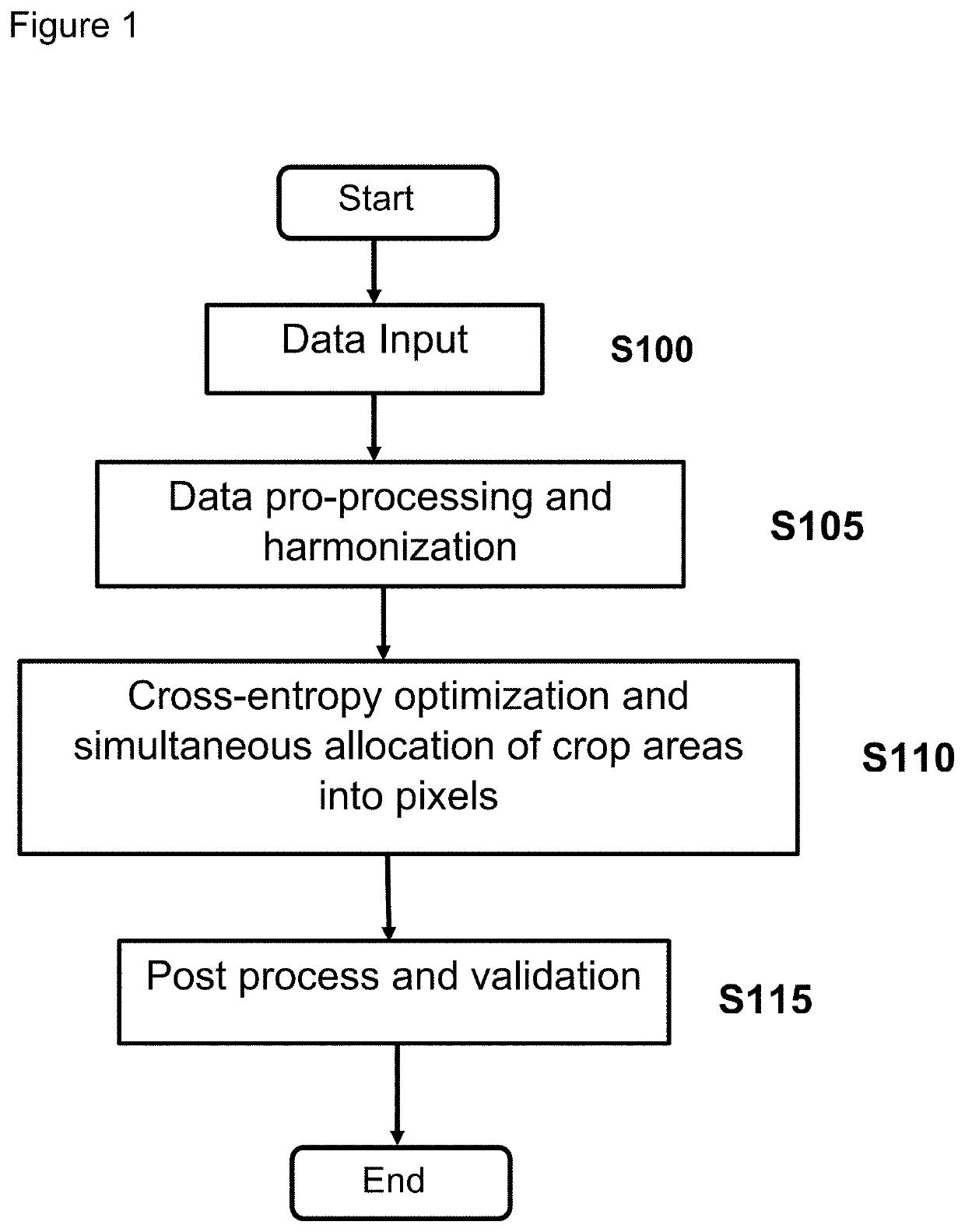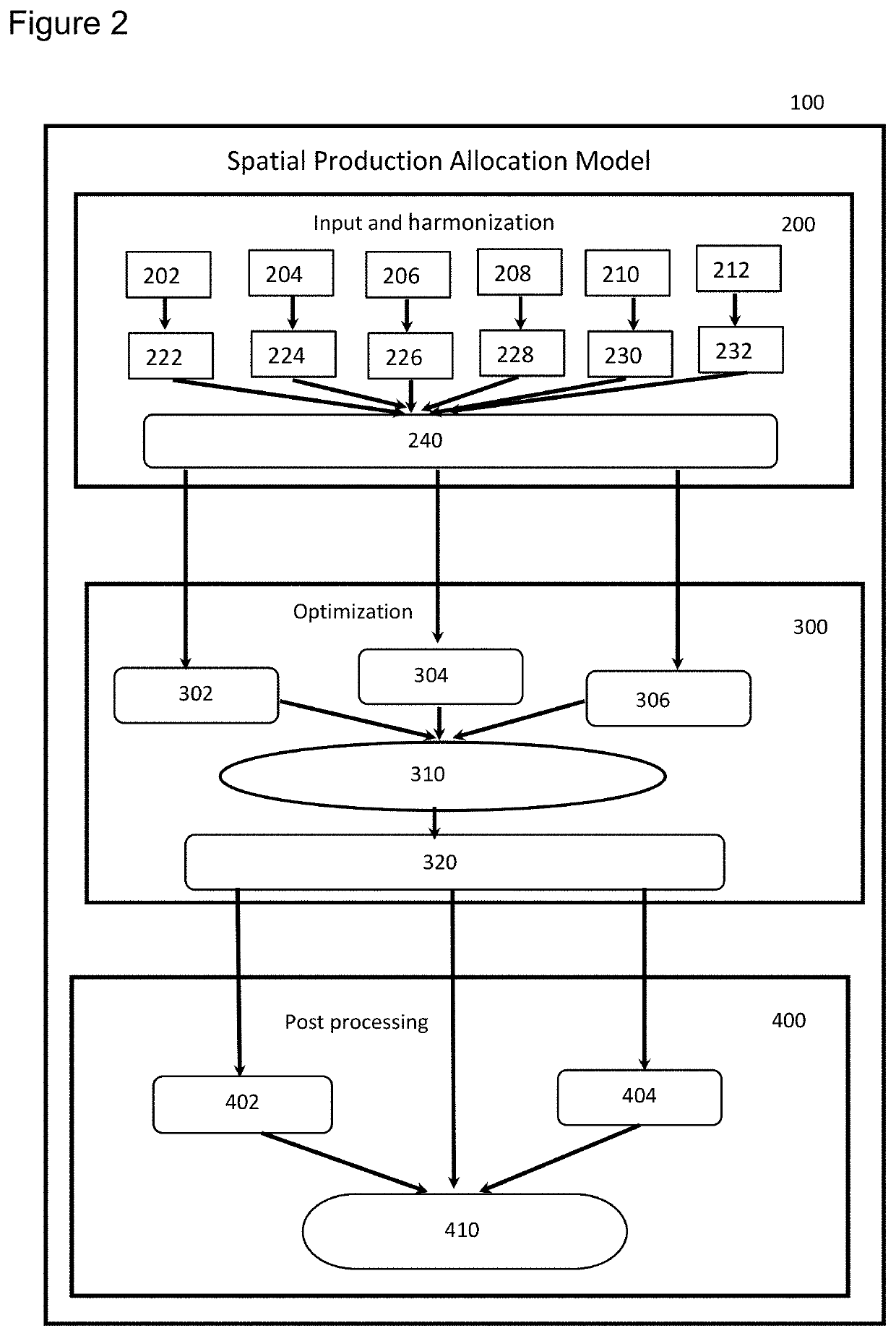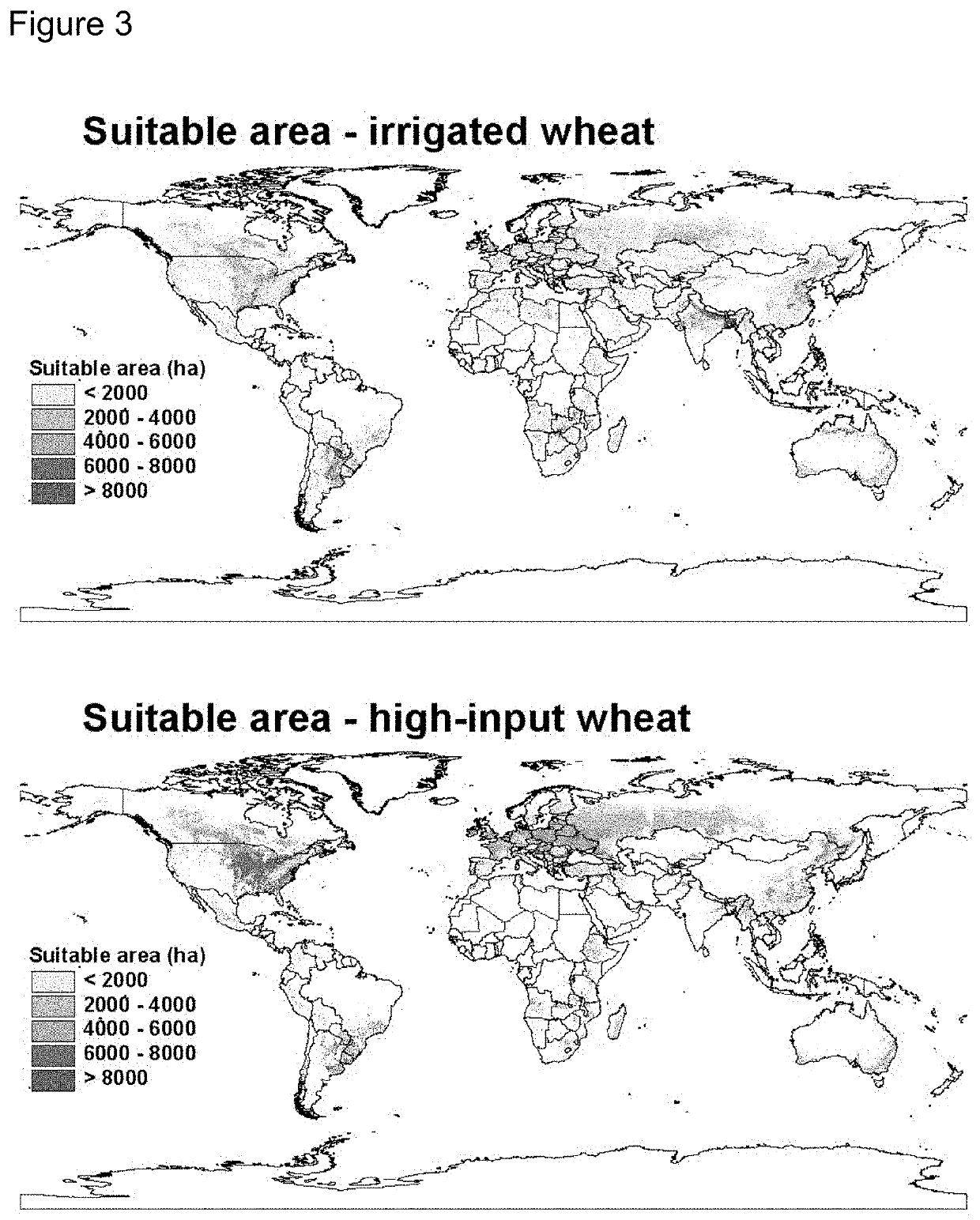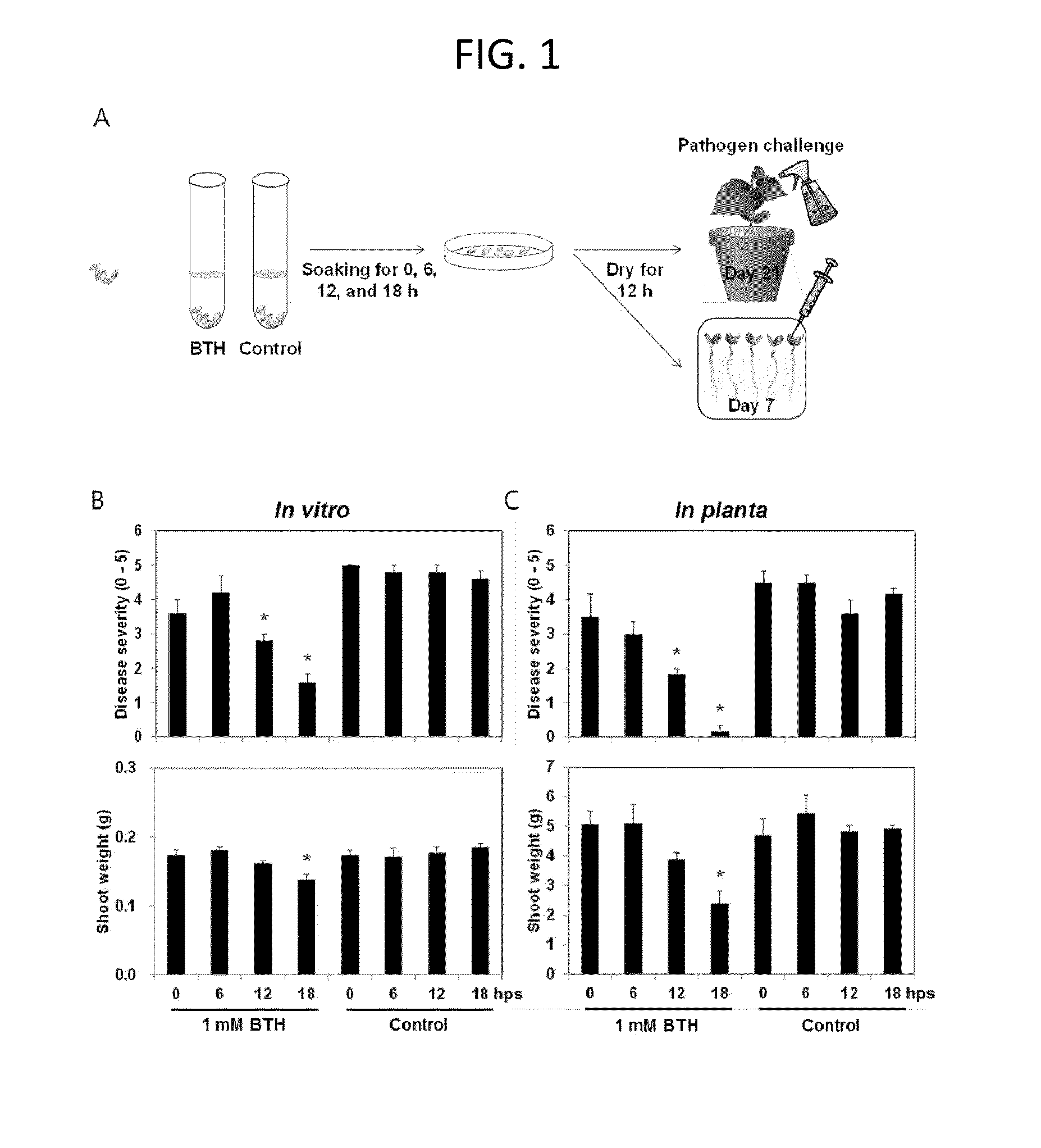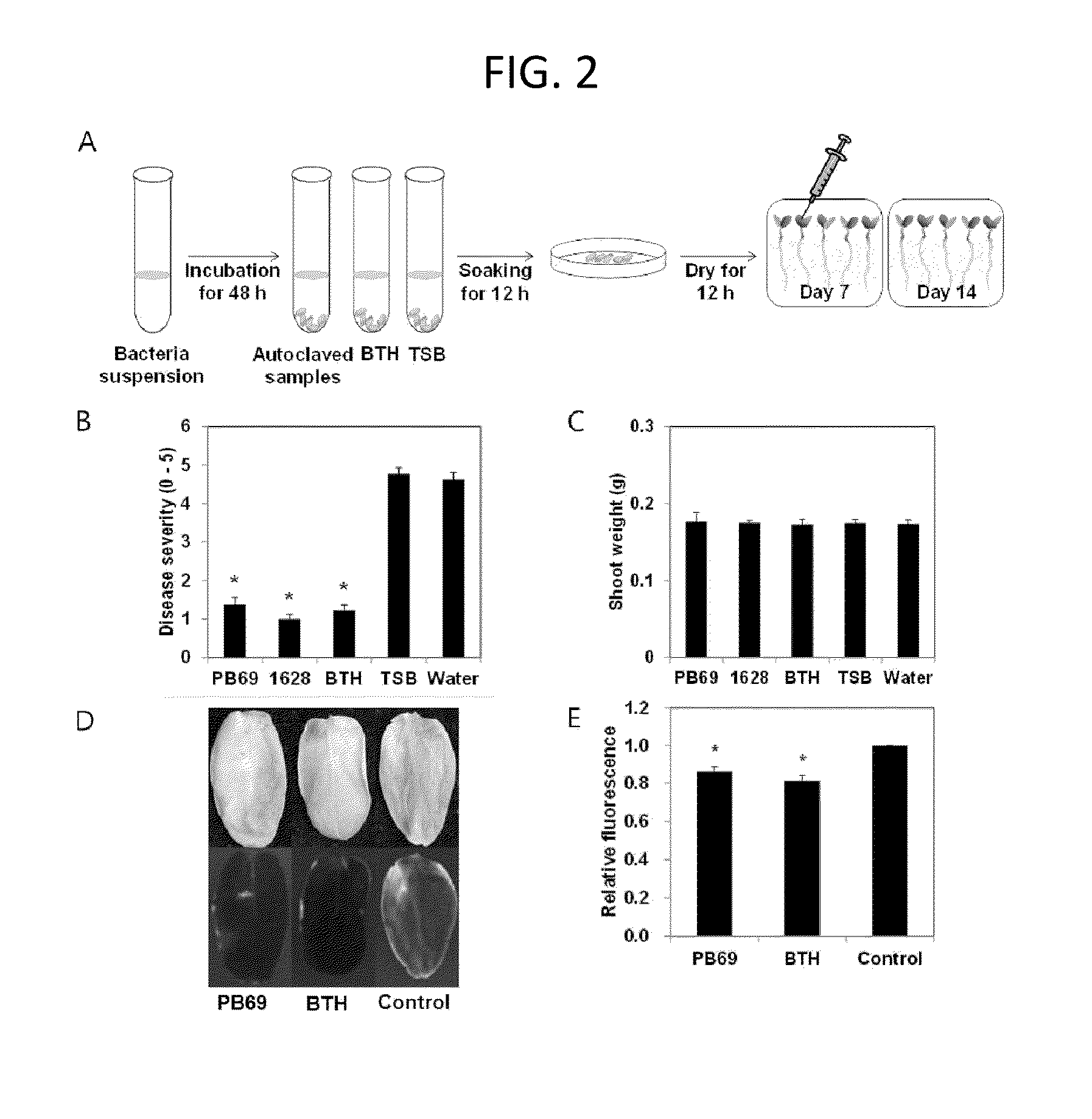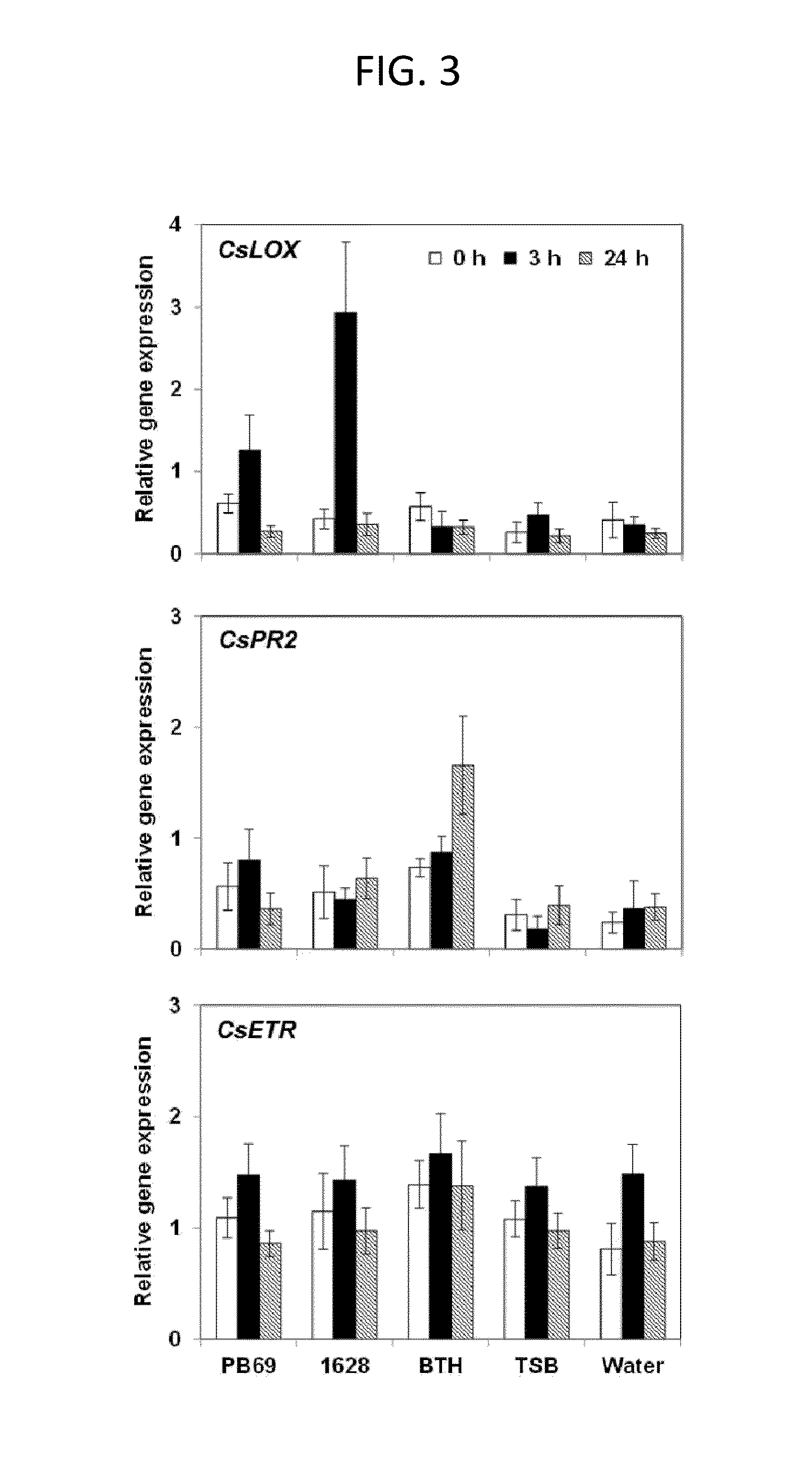Patents
Literature
55 results about "Crop productivity" patented technology
Efficacy Topic
Property
Owner
Technical Advancement
Application Domain
Technology Topic
Technology Field Word
Patent Country/Region
Patent Type
Patent Status
Application Year
Inventor
Crop productivity is the quantitative measure of crop yield in given measured area of field. The use of new crop varieties and the efficient application of agrochemicals, immensely contributed to increased plant productivity.
Method and agents for improving plant productivity involving endophytic actinomycetes and metabolites thereof
The present invention relates to a method for improving plant productivity, and in particular crop yields, via the introduction of an endophytic microorganism to the subject plant. More particularly, the present invention is directed to a method for improving cereal crop productivity via the introduction of an endophytic actinomycete to the subject crop. The method of the present invention facilitates the improvement of crop productivity, such as increasing germination, by, inter alia, providing the subject plant with disease bio-control capabilities and up-regulating plant growth promoting activities. The present invention is also directed to novel endophytic microorganisms and uses thereof.
Owner:FLINDERS TECH
Method for preparing southern dry land acidic soil conditioner
ActiveCN101085920AImprove aggregate structurePrevent compactionOther chemical processesOrganic fertilisersPhosphateEnzyme function
The invention discloses a method for preparing soil amendment for southern dry and acid soil. It comprises following steps: mixing calcinated shell product of 40- 64% (proportion by weight), calcium magnesium silicate of 15- 30% and ammoniomagnesium phosphate of 10- 28%, getting mixed material; disintegrating mixed material, sifting, and getting soil amendment. The product can improve cluster structure for soil, reduce water loss and fertilizer loss problem in southern dry and acid soil, prevent soil consolidation; it can moderate the pH value for southern dry and scid soil, neutralizing free acid, inactivating the activity of active aluminium, improve microenvironment for root soil and increase microbe diversity in southern sry and acid soil, increase the enzyme functions, improve nutrition supply of magnesium and calcium and other microelement, and provides good basis for high crop productivity.
Owner:INST OF AGRI RESOURCES & ENVIRONMENT GUANGDONG ACADEMY OF AGRI SCI
Nitrogen-fixing bacterial inoculant for improvement of crop productivity and reduction of nitrous oxide emission
The present invention relates to methods of reducing chemical fertilizer usage and greenhouse gas nitrous oxide emission and to methods of improving plant growth rate and seed productivity in agriculture through the application of a novel artificially manufactured formula containing a nitrogen-fixing bacterium that efficiently colonizes non-legume plants in aerial parts and the root system. The bacteria inocula and methods are particularly suitable for plants in the genera Jatropha, Sorghum, Gossypium, Elaeis, Ricinus, Oryza and Manihot.
Owner:TEMASEK LIFE SCIENCES LABORATORY
Device for fixing biomass-based solar heat and carbon dioxide gas, and house equipped with same fixing device
InactiveUS20110148124A1Increase ion concentrationPrecise changeMachines/enginesMechanical energy handlingProduction rateWater flow
Owner:PLUS KAKEN INNOVATE LABO
Process for producing efficient bioorganic fertilizers by resource utilization of dairy cow manure
ActiveCN104261919AEffectively adjust the balanceEliminate compactionBio-organic fraction processingDi-calcium phosphate fertilisersAgricultural scienceMilk cow's
The invention discloses a process for producing an efficient bioorganic fertilizer by the resource utilization of dairy cow manure. The process comprises the following steps: taking the dairy cow manure as the raw material, taking straws, wormcast, seaweeds and the like as auxiliary materials and being prepared through a two-step fermentation process of a biological fermentation agent. The process has the benefits that the process has high resource utilization degree, is easy for large-scale industrial production, is favorable for realizing the resource utilization of dairy cow breeding wastes and solves the problem of dairy cow breeding environment pollution; a product has the effects of the bioorganic fertilizer and seaweed fertilizer and is rich in functional active components of seaweeds and a large number of probiotics, the balance of microorganisms in soil can be effectively regulated, organic matters, mineral substances or inorganic components in the soil are degraded, soil hardening, desertification, salinization and the like caused by perennial fertilizer abuse are eliminated, the soil is effectively improved, the crop productivity is improved, and the efficacies of improving the crop quality and improving the crop resistance are realized; in addition, the product has long action period and is an ideal fertilizer for developing environmentally friendly ecological agriculture.
Owner:海口美兰区盛祺知识产权工作室
Bacteria and method for improving plant health and growth
InactiveUS20160227789A1Improve disease resistanceGood for healthBiocideBacteriaBacillus megateriumBacterial composition
This application describes and claims a method of improving the health and vigor of a plant, comprising administering to the plant an effective amount of a bacterial composition which comprises a botanically compatible vehicle and an isolated bacterial strain selected from the group consisting of Bacillus megaterium PT6, Bacillus subtilis PT26A, Paenibacillus sp. ATY16, and any combination thereof. Improvement in health and vigor is one or more of the following: a) improved resistance to disease; b) improved ability to defend against disease; c) reduction of disease symptoms; d) faster growth; e) improved crop productivity; f) improved crop quality; g) improved seed germination; h) improved seedling emergence; or any combination thereof. Isolated bacterial strains and mixtures of bacteria are provided, as well as compositions comprising the isolated bacterial strains.
Owner:UNIV OF FLORIDA RES FOUNDATION INC
Non-Aqueous Solution of Plant-Growth Regulator(s) and Polar and/or Semi-Polar Organic Solvent(s)
ActiveUS20160198714A1Improving crop productivityPromote growthPlant growth regulatorsBiocideOrganic solventElectrical polarity
The present invention generally relates to non-aqueous solutions of plant growth regulator(s) and polar and / or semi-polar organic solvent(s), methods for making said non-aqueous solution, and methods for improving the growth and crop productivity of plants using said non-aqueous solution.
Owner:STOLLER ENTERPRISES INC
Predicting Crop Productivity via Intervention Planning on Small-scale Farms
ActiveUS20180059691A1Determine crop productivityReduce operating costsProgramme controlData processing applicationsIntervention planningDecision taking
The disclosure provides systems and methods for monitoring and managing crops. Crop selection, planting, growth, and harvest are monitored based on sensor input as well as contextual information, allowing automated decisions and actions that increase efficiency at every stage of the farming process. Contextual information includes historical crop information and other statistics pertaining to a specific location under cultivation. Improved farm output and efficient use of resources are key results using the systems and methods.
Owner:IBM CORP
Automatic irrigation decision system based on negative head water control water supply
ActiveCN103190328AIncrease production capacityLow costWatering devicesCultivating equipmentsDecision systemWater source
The invention discloses an automatic irrigation decision system based on negative head water control water supply. The automatic irrigation decision system comprises a negative head water control water supply system water source, a negative head water control water supply system, a to-be-decided irrigation system water source, and a to-be-decided irrigation system. A negative head water control water supply irrigation system is used as the irrigation decision system and is matched with an automatic drip irrigation system, irrigation water amount of the drip irrigation system can be decided according to water consumption of different crops at different growth stages, namely total water amount sucked by a negative head ceramic disc, calculating and predicting appropriate irrigation time and water amount by monitoring of crop physical index, soil moisture parameter index and climate parameters is unnecessary, more water can be saved, yield and potential of crops can be increased, cost can be lowered, and simple operation is achieved.
Owner:BEIJING RES CENT OF INTELLIGENT EQUIP FOR AGRI
Agricultural compositions for improved crop productivity and enhanced phenotypes
Provided herein are agricultural compositions, kits, and methods for improving crop productivity and enhancing plant phenotypes. Generally, the compositions and kits comprise an osmoprotectant and one or both of an anti-desiccant and an anti-respirant. Additional compositions and kits are provided that comprise an anti-dessicant and an anti-respirant. Further compositions and kits are provided that comprise a first osmoprotectant and a second osmoprotectant, the first and second osmoprotectants being different from one another. The methods provided herein generally comprise exogenously applying the agricultural composition to a plant.
Owner:SPOGEN BIOTECH INC
Activator for phosphor element of soil
InactiveCN101003737AIncrease plant heightIncrease productionAgriculture tools and machinesOrganic fertilisersBiological activationHigh activity
This invention discloses a soil phosphorus activation agent, which is composed of: aspergillus niger phosphorus-dissolving bacteria 35-45 wt.%, peat coal 30-35 wt.%, corn flour 8-12 wt.%, lees 6-8 wt.%, allantion 1-3 wt.%, and ammonium nitrohumate 7-9 wt.%. The soil phosphorus activation agent is produced by: preparing aspergillus Niger phosphorus-dissolving bacteria, preparing the adsorption agent, mixing, and piling. This invention provides a high-activity, high-efficiency and no pollution green agricultural product. The soil phosphorus activation agent can improve the phosphorus-supplying capacity of soil to crops, lower production cost, and increase crop productivity.
Owner:JILIN AGRICULTURAL UNIV
Use of soil and other environmental data to recommend customized agronomic programs
ActiveUS20210010993A1Improve recommendationsImproving plant healthEarth material testingMachine learningEnvironmental resource managementAgricultural engineering
The subject invention provides systems and methods for classifying a microbiome at a geographic site where agricultural activity is, or will be, conducted in order to improve and / or promote agricultural productivity at the site. The subject invention utilizes a large sample set of diverse DNA sequencing input data collected from soil, plant, water and / or air samples, as well as environmental information, to determine relationships between environmental factors and the identities, quantities and distributions of microbial species, taxonomies, and / or groupings thereof, at a chosen site. Machine learning and / or artificial intelligence classifier tools use this information to generate various output data, such as, for example, recommendations for customized soil and / or crop treatment compositions, irrigation practices, and / or other agricultural activity, to enhance plant health and crop productivity at the site.
Owner:LOCUS SOLUTIONS IPCO LLC
Device for fixing biomass-based solar heat and carbon dioxide gas, and house equipped with same fixing device
InactiveUS8950111B2Improve cultivation technologyIncrease productionBioreactor/fermenter combinationsBiological substance pretreatmentsProduction rateWater flow
There are provided a device for fixing biomass-based solar heat and carbon dioxide gas with a similarity to containerized culture having high crop productivity, which is capable of fixing carbon dioxide gas highly efficiently, while being compact and easily managed, and a house equipped with the fixing device having an energy circulation system. The fixing device for biomass-based solar heat and carbon dioxide gas is configured to include an air intake unit which takes air into a box, a mesh-like air and water flow-through unit laid in the bottom of the box that is configured to be open to the atmosphere, a water reservoir tray on which the box is mounted, and cultivation soil which is held inside the box. Further, in the house relating to the present invention, the fixing device for biomass-based solar heat and carbon dioxide gas is arranged in an area that gets a lot of sunshine.
Owner:PLUS KAKEN INNOVATE LABO
Methods for improving growth and crop productivity of plants by adjusting plant hormone levels, ratios and/or co-factors
In agriculture when temperature and moisture deviate from the norm two things happen, plant growth suffers and disease flourishes. The Stoller model for plant growth states that proper hormone balance is necessary for optimum growth and performance. When growth conditions deviate from the norm, hormone balance is altered and plant growth suffers. This invention presents evidence to support this model and explain the relationship between hormone levels and plant growth. A clear understanding of this relationship will facilitate crop treatments aimed to eliminate these problems. Although we cannot control the climate, we can control the damage caused by environmental stresses by manipulating the levels and / or ratio of plant hormones in the different plant tissues. By adjusting the levels and / or ratios of hormones, particularly auxin and cytokinins in the root tissue, we can assist the plant in overcoming or compensating for this environmental stress.
Owner:STOLLER ENTERPRISES INC
Method for detecting fungal pathogens
Early detection of pathogens during asymptotic stage can be useful for timely need based adoption of available methodologies to prevent establishment of the disease and associated yield loss. Beside this, it would be useful for predicting crop productivity and monitoring presence of pathogens in the samples being traded internationally by quarantine departments. Our innovation of designing universal primer to PCR amplify fungal rDNA sequences, restriction digestion of PCR products with HinFl enzyme and analysis of the restriction fragments through PathDec tool leads identification and detection of almost all the fungal pathogens of apple even before visual appearance of the disease symptoms in less than 6 hours.
Owner:COUNCIL OF SCI & IND RES
Novel Mycorrhizae-based Biofertilizer Compositions & Method for mass production & formulations of Same
InactiveUS20150040629A1Increase nutritionHigh yieldBiocideProductsArbuscular mycorrhizal fungiArbuscular mycorrhizal
This invention relates generally to the field of compositions and methods for developing biofertilizers of organic origin and mycorrhizal origin in particular. The invention focuses on the isolation and characterization of the various formulations and ensuing compositions developed thereof from the arbuscular mycorrhizal fungal propagules whose benefit in crop productivity is well known. The invention more particularly describes the isolation and characterization, including but not confined to, novel mycorrhizae-based biofertilizer compositions and biofertilizer formulations for use in soil fertilization and reclamation of industrially created wastelands.
Owner:THE ENERGY & RESOURCES INST TERI
Composition and method for stress mitigation in plants
ActiveUS20120295788A1Enhance productivity and growthGood effectBiocidePlant growth regulatorsPlant tissuePotassium
Owner:STOLLER ENTERPRISES INC
Garlic planting cup realizing directional planting and garlic planting machine
Owner:SHANDONG ACADEMY OF AGRI MACHINERY SCI
Estimating the prior for a stochastic allocation model
The present invention provides an estimate of the prior requested in a crop allocation model. The crop allocation model is a mathematical modelling to estimate crop area, yield and production for 42 major crops in the world across a global 5 arc minute grid. The model uses a downscaling approach that accounts for spatial variation in the biophysical conditions influencing the productivity of individual crops, and uses crop gross revenue potential of alternate crops when considering how to prioritize the allocation of specific crops to individual gridcells. The proposed methodology is an entropy-based optimization procedure that imposes a range of consistency and aggregation constraints. A particular feature of this method is the explicit inclusion of error terms. There is inherent uncertainty in many aspects of the model, such as input data, incomplete information on farmers' behavior, spatial heterogeneity of crop varieties and managements cross regions in the world. By explicitly including error terms, this method directly deal with such uncertainties, which leads to better and more reliable estimates.
Owner:INST OF AGRI RESOURCES & REGIONAL PLANNING CHINESE ACADEMY OF AGRI SCI
Nucleic acid molecules encoding hyperactive nucleoside di-phosphate kinase 2 and uses thereof
InactiveUS20070136897A1Efficient developmentImprove lighting efficiencySugar derivativesClimate change adaptationPhosphatePhytochrome
The present invention includes modified Arabidopsis Nucleoside Di-Phosphate Kinase 2 (NDPK2) nucleic acid molecules whose enzymatic activity have been increased (i.e. hyperactive). NDPKs are ubiquitous housekeeping enzymes that catalyze the transfer of γ-phosphoryl group from a nucleoside triphosphate (NTP) to a nucleoside diphosphate (NDP), and also multifunctional proteins that regulate a variety of eukaryotic cellular activities, including cell proliferation, development, and differentiation. In plants, NDPKs are reported to play a key role in the signaling of both stress and light. Among three NDPKs (NDPK1, NDPK2, NDPK3) in a model plant, Arabidopsis thaliana, NDPK2 was reported as a positive signal transducer of phytochrome-mediated plant light signaling and to regulate cellular redox state, which enhances multiple stress tolerance in transgenic plants. Thus, the plants with the hyperactive NDPK2 are expected to possess higher efficiency of light utilization and enhanced tolerance to various environmental stresses such as cold, salt, and oxidative stresses. Since abiotic stress is one of the most important factors to limit the productivity of many crops, the hyperactive NDPK2 can be used for the development of high-yielding multiple stress tolerant plants with higher efficiency of light utilization. In this invention, several hyperactive NDPK2 were generated by C-terminal deletion and site-directed mutagenesis. Therefore, the present invention can be utilized to develop multiple stress tolerant and efficiently light-utilizing plants, which can eventually increase crop yields. The invention also includes plants having at least one cell expressing the modified NDPK2, vectors comprising at least one portion of the modified NDPK2 nucleic acids, and methods using such vectors for producing plants with enhanced light sensitivity and stress tolerance.
Owner:KOREA KUMHO PETROCHEMICAL CO LTD
Non-aqueous solution of plant-growth regulator(s) and polar and/or semi-polar organic solvent(s)
ActiveUS10104883B2Promote growthIncrease productivityPlant growth regulatorsBiocideGrowth plantOrganic solvent
The present invention generally relates to non-aqueous solutions of plant growth regulator(s) and polar and / or semi-polar organic solvent(s), methods for making said non-aqueous solution, and methods for improving the growth and crop productivity of plants using said non-aqueous solution.
Owner:STOLLER ENTERPRISES INC
Plant defense inducer compounds for citrus huanglongbing
A method and compounds are described and claimed relating to plant defense inducer compositions and compounds, and to their use for improving certain aspects of plant and crop management, including treating plant disease, improving the ability of plants to defend against disease, reducing disease symptoms, treating HLB disease, minimizing crop yield decreases due to plant disease, improving crop productivity, and increasing crop quality. In particular, the compounds and compositions are useful for controlling and treating plant disease, for example Huanglongbing disease (HLB) and mitigating disease symptoms of HLB and Ca. Liberibacter infection in plants. Crop plants are contemplated for use with the invention, for example citrus trees. Methods according to embodiments of the invention involve treatment of affected plants by application (preferably by injection into the trunk, soil application or foliar spraying) of one or more compounds selected from β-aminobutyric acid or a salt thereof, 2-deoxy-D-glucose, salicylic acid or a salt thereof, oxalic acid. Typical methods involve application of a composition containing a botanically acceptable vehicle and β-aminobutyric acid. In certain methods, the plants used in the method are citrus plants, and the citrus plants are affected by or susceptible to Huanglongbing (HLB) disease or infection by Candidatus Liberibacter species.
Owner:UNIV OF FLORIDA RES FOUNDATION INC
Complex of mutualistic microbes designed to increase plant productivity
The present disclosure provides agricultural compositions and methods of using these compositions to increase plant growth, pathogen resistance and drought tolerance. The agricultural compositions disclosed herein comprise mixtures of mutualistic beneficial fungi such as Laccaria bicolor and Piriformispora indica, and bacterial strains of Pseudomonas.
Owner:UT BATTELLE LLC
Agricultural refined planting whole-process management system and method
PendingCN114581257AReasonable decisionReasonable management meansOffice automationEnvironmental resource managementCollection system
The invention relates to an agricultural refined planting whole-process management system and method, and the system comprises a field intelligent housekeeper, a cloud data platform, a soil information collection system, an insect pest image collection and recognition system, a meteorological information real-time obtaining system, an irrigation system, and a spraying system. The whole process of regional agricultural refined planting and production practice is arranged and guided, meanwhile, a self-feedback mechanism is adopted in the management process of the growth stage, a closed-loop system is constructed, human intervention is reduced, self-complementation and self-perfection of management regulation and control decisions are achieved, and the crop productivity and economic benefits can be maximized.
Owner:HENAN UNIV OF SCI & TECH
Agrochemical Composition Comprising a N,N′-disubstituted (Thio)urea for the Improvement of Crop Productivity
ActiveUS20160330963A1Increase crop yieldOptimise efficiencyBiocideMagnesium fertilisersBiotechnologyChemical composition
The invention relates to an agrochemical composition containing a compound of formula (1), a glutamic acid compound, and a source of magnesium and / or a source of iron. The composition applied e.g. foliarly has demonstrated synergistic benefits that improve crop yields and quality characteristics.
Owner:INTRACROP LTD
Anti-herbicide gene expression cassette, expression vector with the same expression cassette, and application thereof for culturing anti-herbicide plants
The invention relates to a genetic engineering field, and provides an anti-herbicide gene expression cassette. The anti-herbicide gene expression cassette, being specifically expressed at shoot parts of plants, comprises a leafy gene promoter, an anti-herbicide gene, and a terminator. As a cp4EPSPS gene is expressed specifically at the shoot parts of transgenic plants, the damage degree of the transgenic plants is significantly reduced after glyphosate is sprayed. Due to the sensitivity difference between the transgenic plants and weeds to the herbicide being enlarged, when the herbicide is used, the damage degree of the transgenic plants is reduced to a minimum and the crop productivity is improved.
Owner:林忠平
Methods for improving growth and crop productivity of plants by adjusting plant hormone levels, ratios and/or co-factors
InactiveCN1870892APromote growthIncrease production capacityBiocideAnimal repellantsPlant hormoneDisease
In agriculture when temperature and moisture deviate from the norm two things happen, plant growth suffers and disease flourishes. The Stoller model for plant growth states that proper hormone balance is necessary for optimum growth and performance. When growth conditions deviate from the norm, hormone balance is altered and plant growth suffers. This invention presents evidence to support this model and explain the relationship between hormone levels and plant growth. A clear understanding of this relationship will facilitate crop treatments aimed to eliminate these problems. Although we cannot control the climate, we can control the damage caused by environmental stresses by manipulating the levels and / or ratio of plant hormones in the different plant tissues. By adjusting the levels and / or ratios of hormones, particularly auxin and cytokinins in the root tissue, we can assist the plant in overcoming or compensating for this environmental stress.
Owner:STOLLER ENTERPRISES INC
Fast fertilization device with automatic quantity control function
InactiveCN107690910AReduce laborImprove work efficiencyFertiliser distributersEngineeringControl valves
The invention discloses a self-controlling rapid fertilization device, which comprises a fertilization car body and a material storage box installed on the top of the fertilization car body. Moving wheel mechanisms are symmetrically arranged on the left and right sides of the bottom of the fertilization car body. The connection mechanism fixedly connected by the top and the bottom end surface of the fertilization vehicle body and the moving wheels rotatably installed on the front and rear sides of the connection mechanism. There is a quantitative control tank in the end surface of the bottom of the storage box below the bottom of the tank. The quantitative control tank and the storage tank are connected with a discharge port, and an electronic control valve is installed in the discharge port. The fertilizer truck at the bottom of the quantitative control tank The top end surface of the body is connected with a sliding groove extending left and right, and the quantitative control groove is provided with an arc-shaped elastic joint plate fixedly connected to the top wall of the quantitative control groove on the left side of the discharge port; the structure of the invention is simple, The operation is convenient, and the work efficiency of quantitative fertilization and the yield and quality of crops are improved.
Owner:深圳绿淋环保科技有限公司
Estimating the prior for a stochastic allocation model
The present invention provides an estimate of the prior requested in a crop allocation model. The crop allocation model is a mathematical modelling to estimate crop area, yield and production for 42 major crops in the world across a global 5 arc minute grid. The model uses a downscaling approach that accounts for spatial variation in the biophysical conditions influencing the productivity of individual crops, and uses crop gross revenue potential of alternate crops when considering how to prioritize the allocation of specific crops to individual gridcells. The proposed methodology is an entropy-based optimization procedure that imposes a range of consistency and aggregation constraints. A particular feature of this method is the explicit inclusion of error terms. There is inherent uncertainty in many aspects of the model, such as input data, incomplete information on farmers' behavior, spatial heterogeneity of crop varieties and managements cross regions in the world. By explicitly including error terms, this method directly deal with such uncertainties, which leads to better and more reliable estimates.
Owner:INST OF AGRI RESOURCES & REGIONAL PLANNING CHINESE ACADEMY OF AGRI SCI
Method for eliciting plant immune responses by seed priming of heat-treated bacillus culture solution
ActiveUS20150289515A1Continuously induce resistancePromote plant growthBiocideBacteriaDiseaseGrowth plant
The present invention relates to a method of eliciting plant immune responses based on seed priming by using the heat (high temperature)-treated culture solution of Bacillus spp, and the high pressure-sterilized culture solution of Bacillus sp. strains PB69 and 1628 which have been selected in the present invention exhibits an activity of eliciting induced systemic resistance similar to BTH, and also has an effect for inducing promoted plant growth and controlling plant diseases, and thus it is expected to contribute to enhance the crop productivity.
Owner:KOREA RES INST OF BIOSCI & BIOTECH
Features
- R&D
- Intellectual Property
- Life Sciences
- Materials
- Tech Scout
Why Patsnap Eureka
- Unparalleled Data Quality
- Higher Quality Content
- 60% Fewer Hallucinations
Social media
Patsnap Eureka Blog
Learn More Browse by: Latest US Patents, China's latest patents, Technical Efficacy Thesaurus, Application Domain, Technology Topic, Popular Technical Reports.
© 2025 PatSnap. All rights reserved.Legal|Privacy policy|Modern Slavery Act Transparency Statement|Sitemap|About US| Contact US: help@patsnap.com
